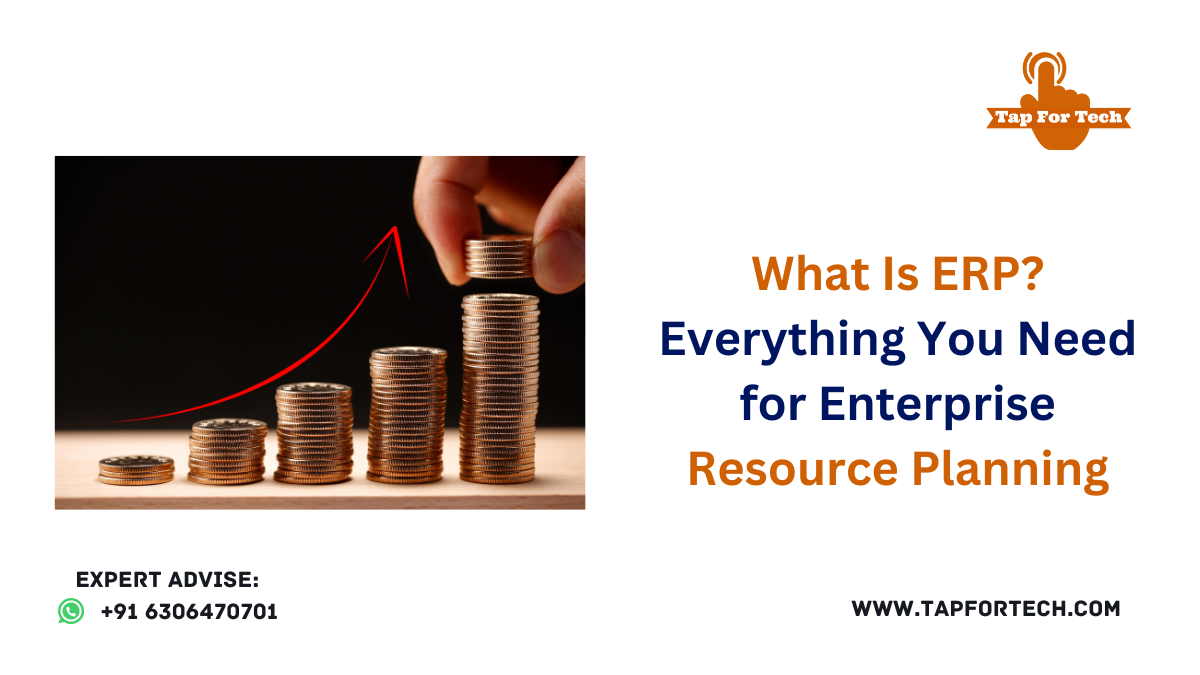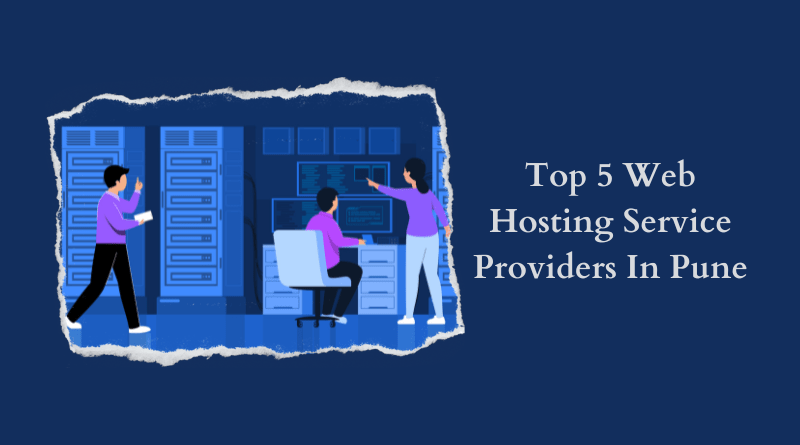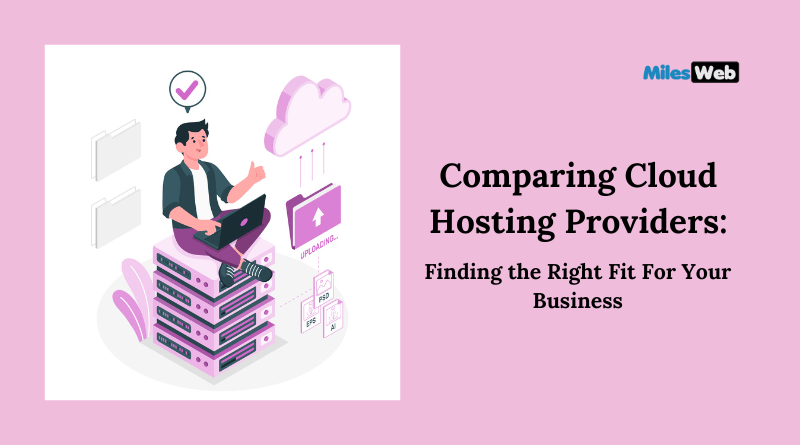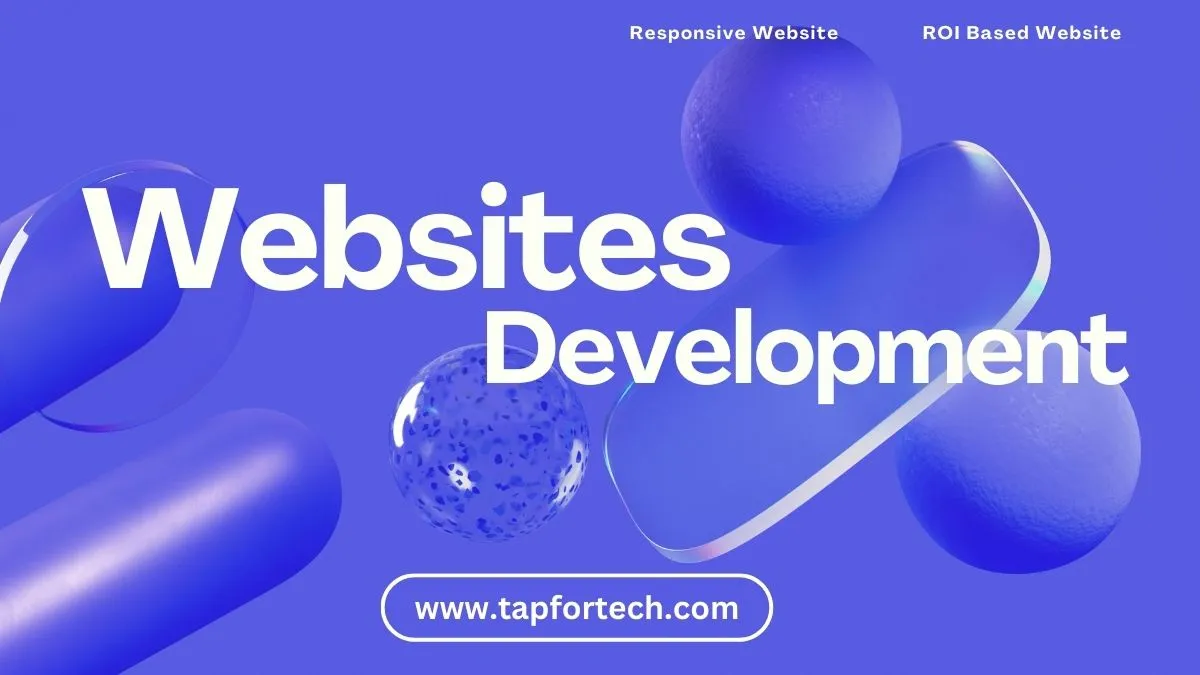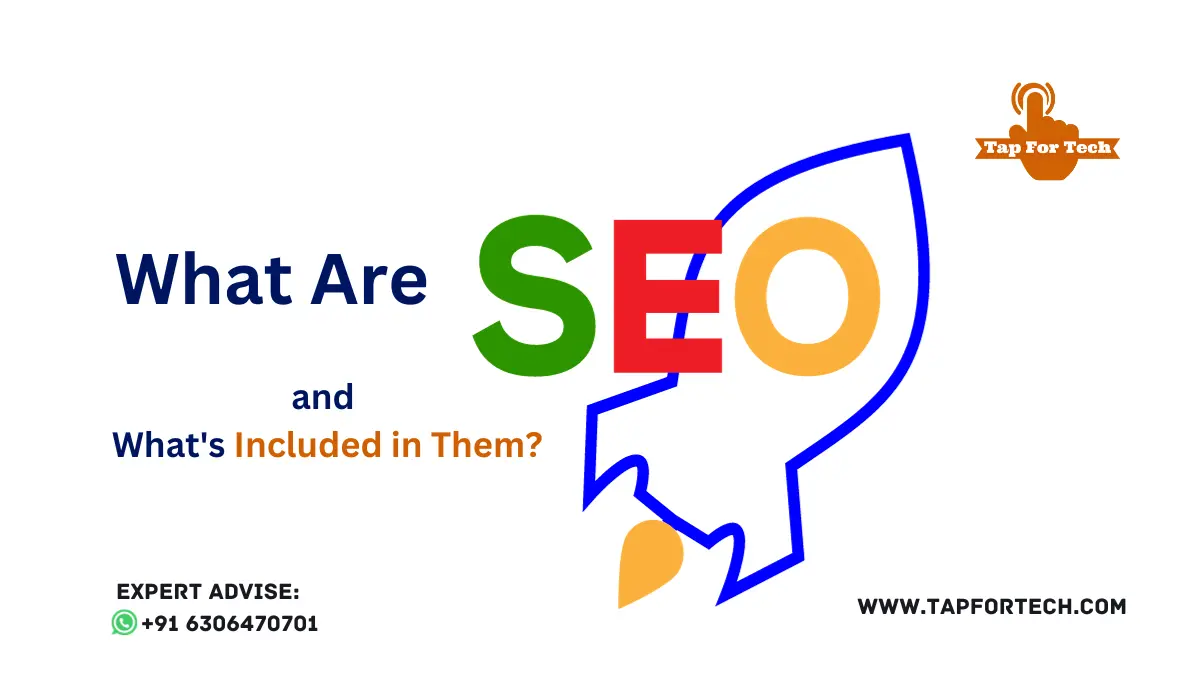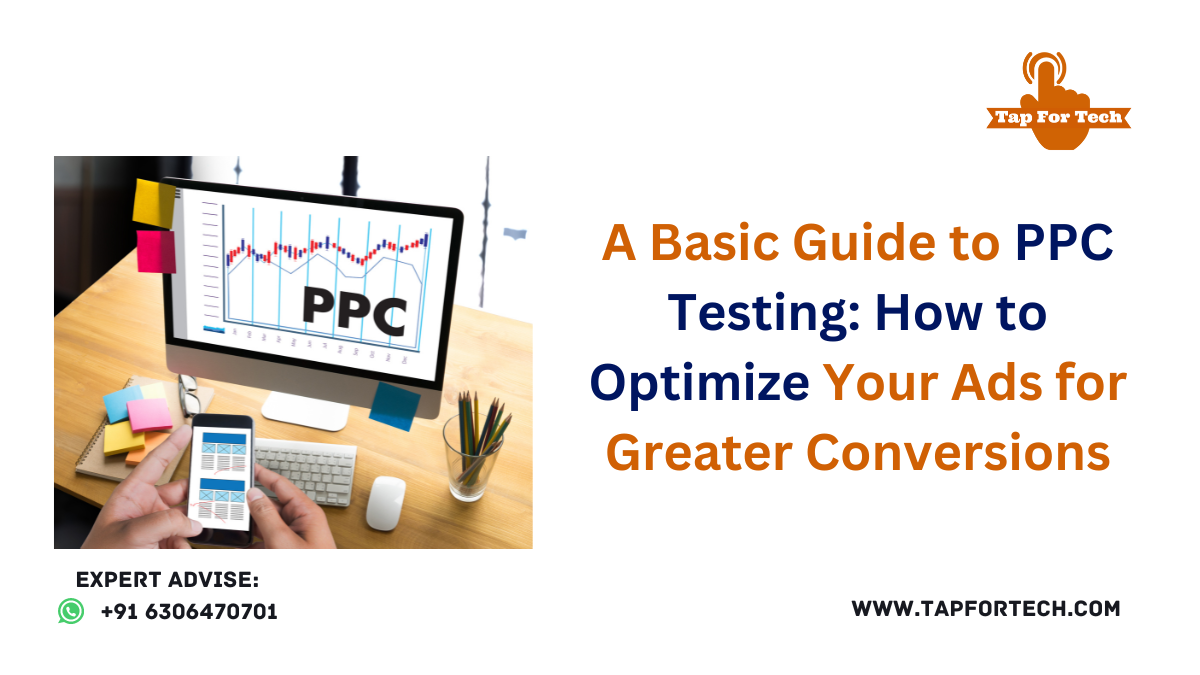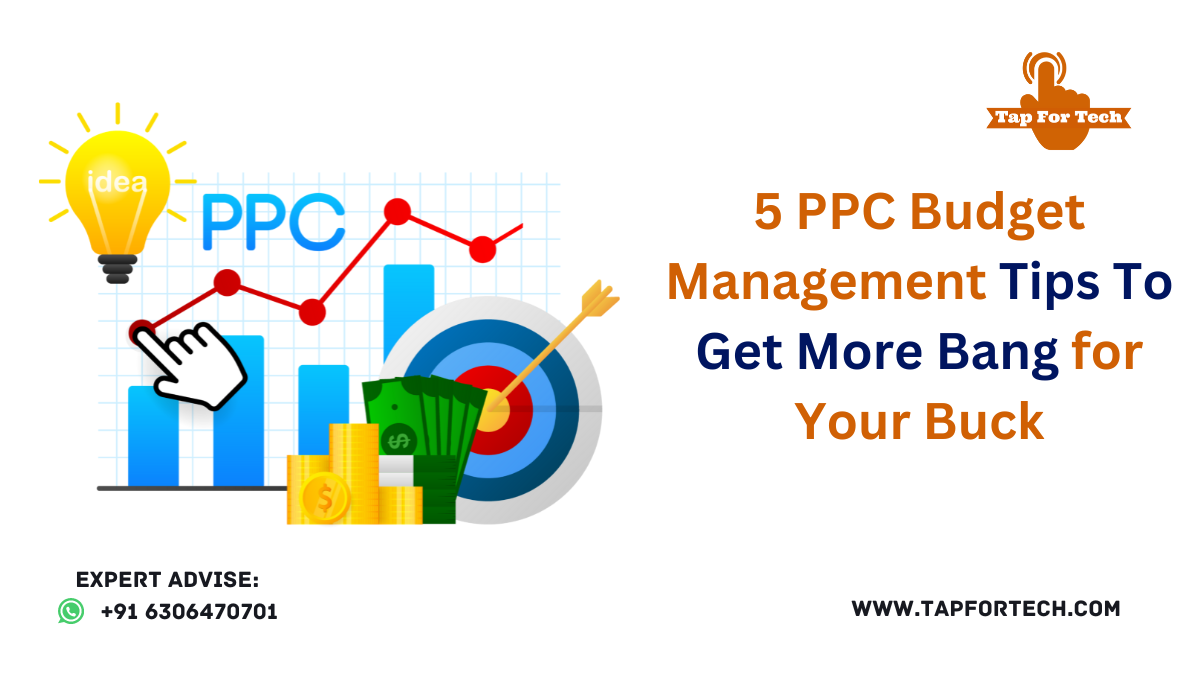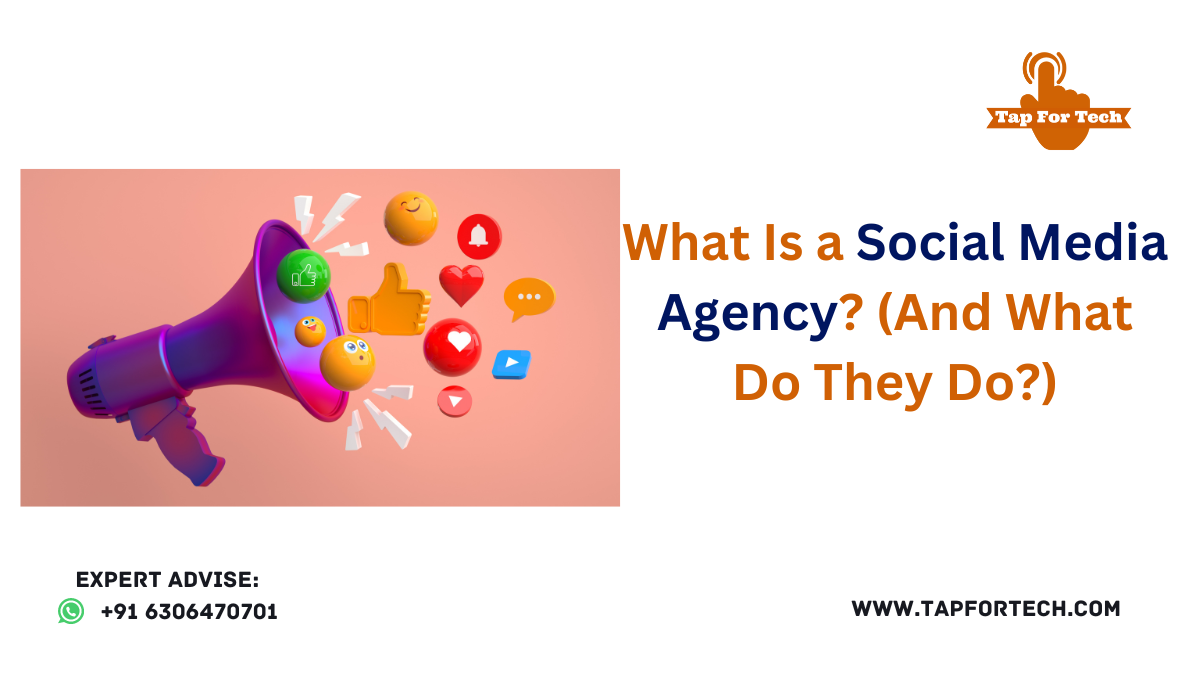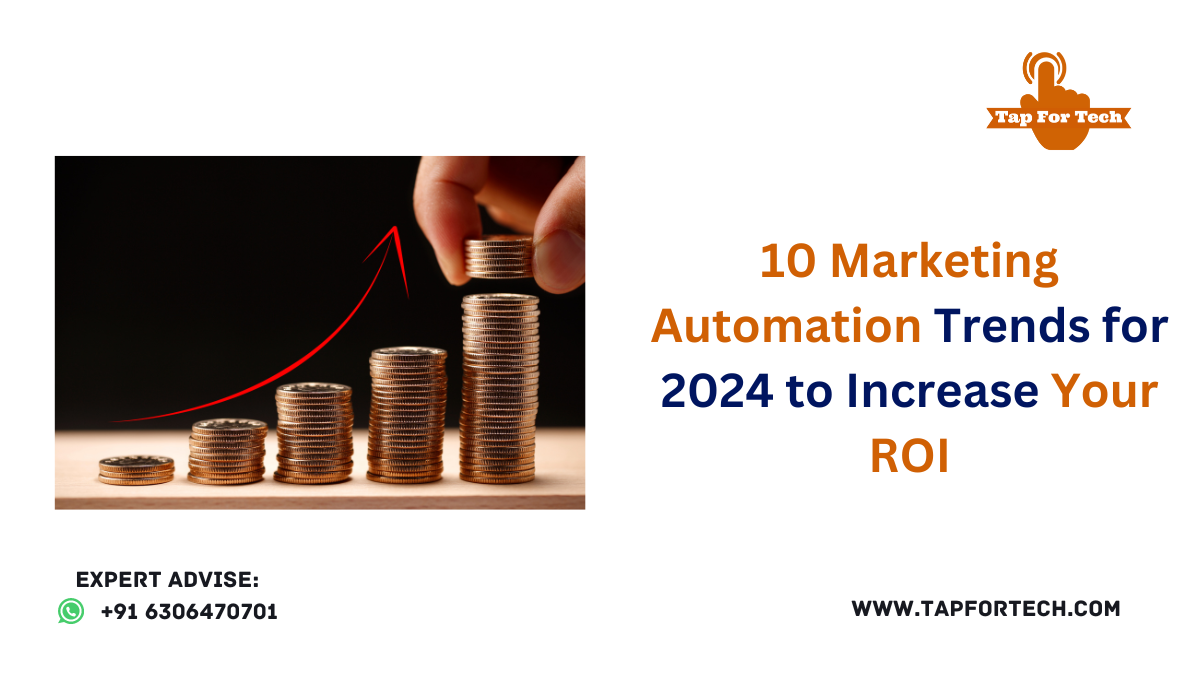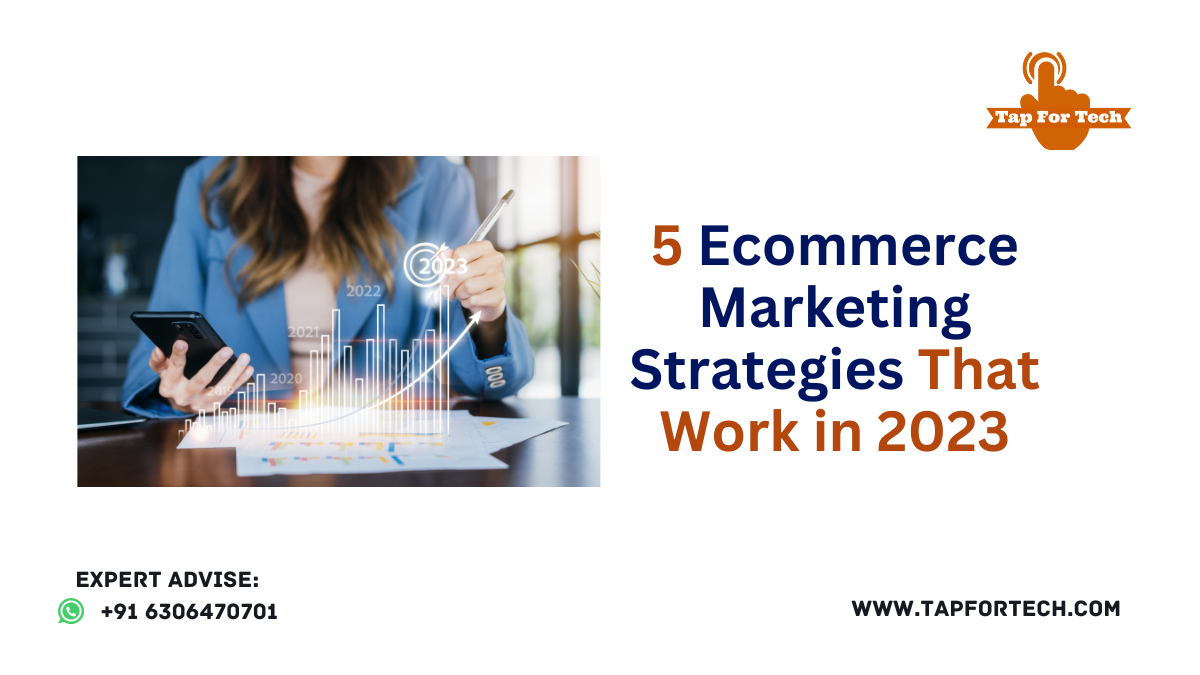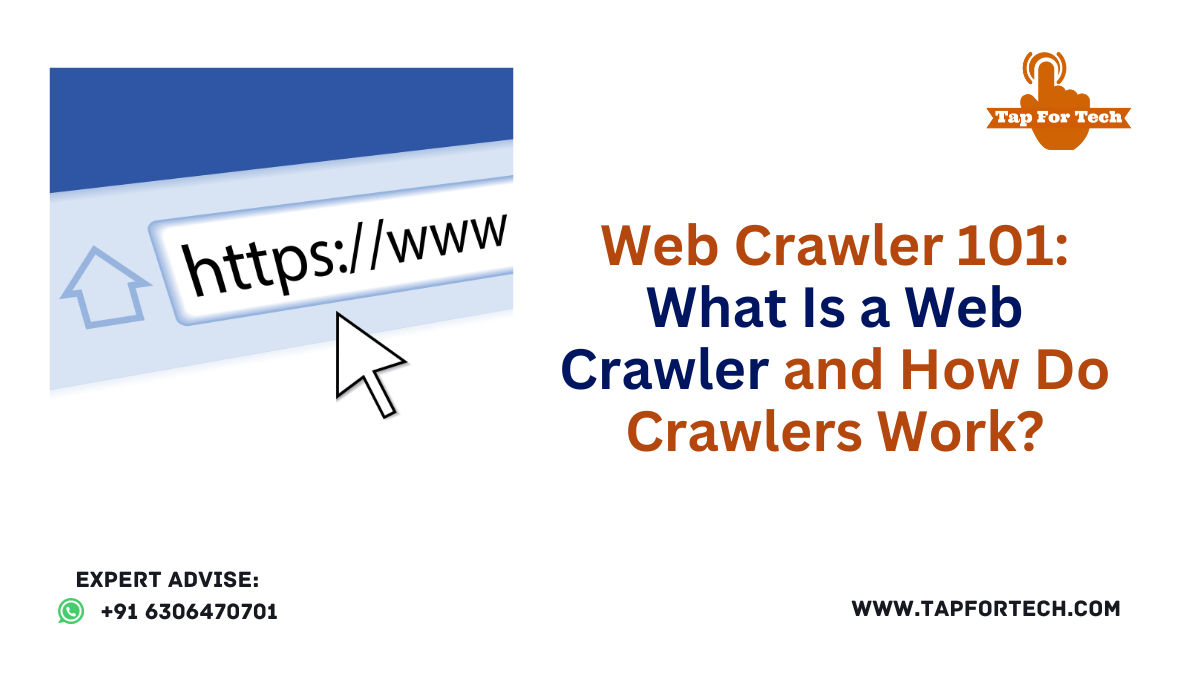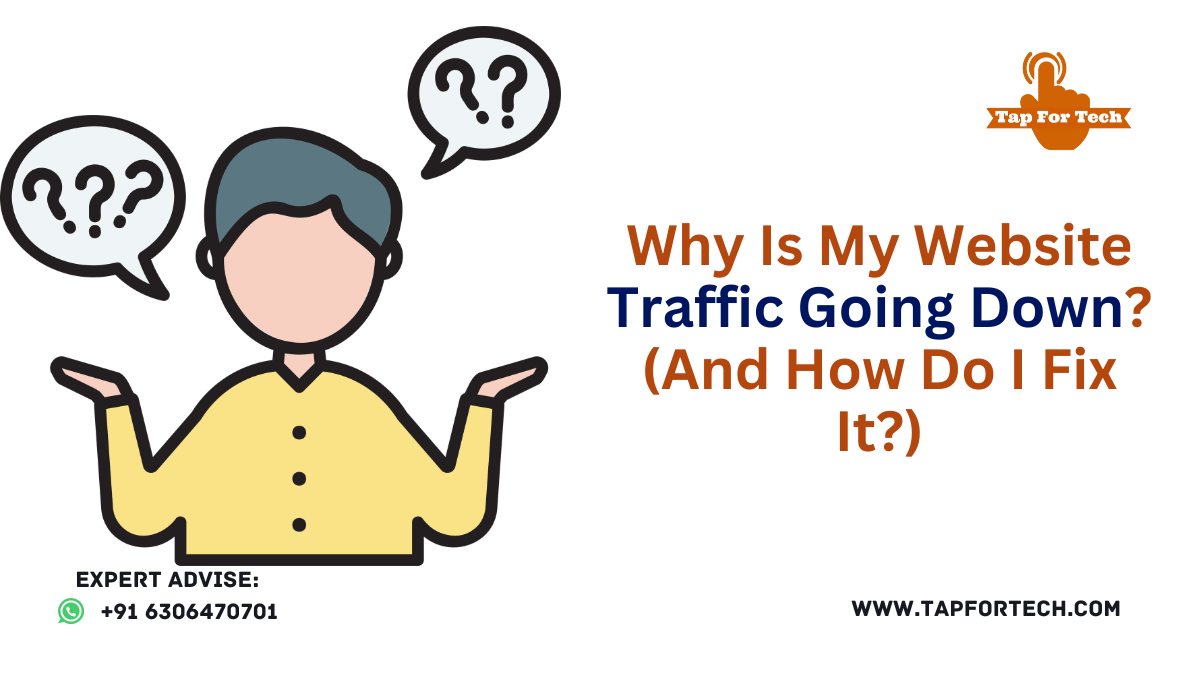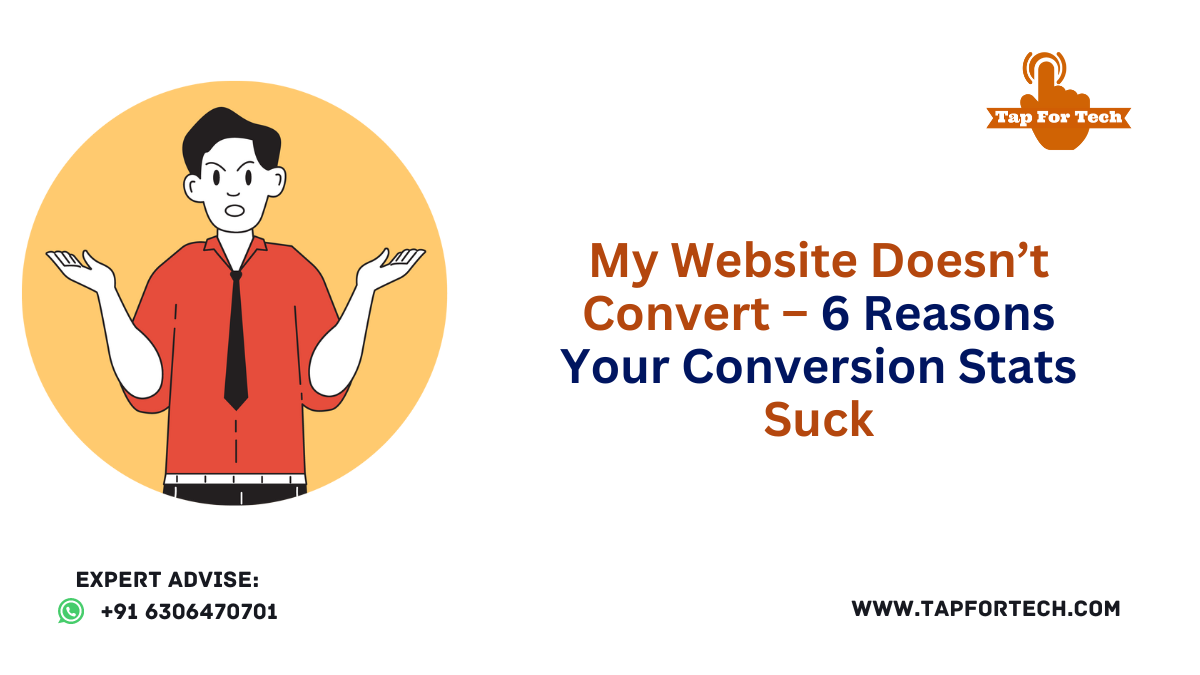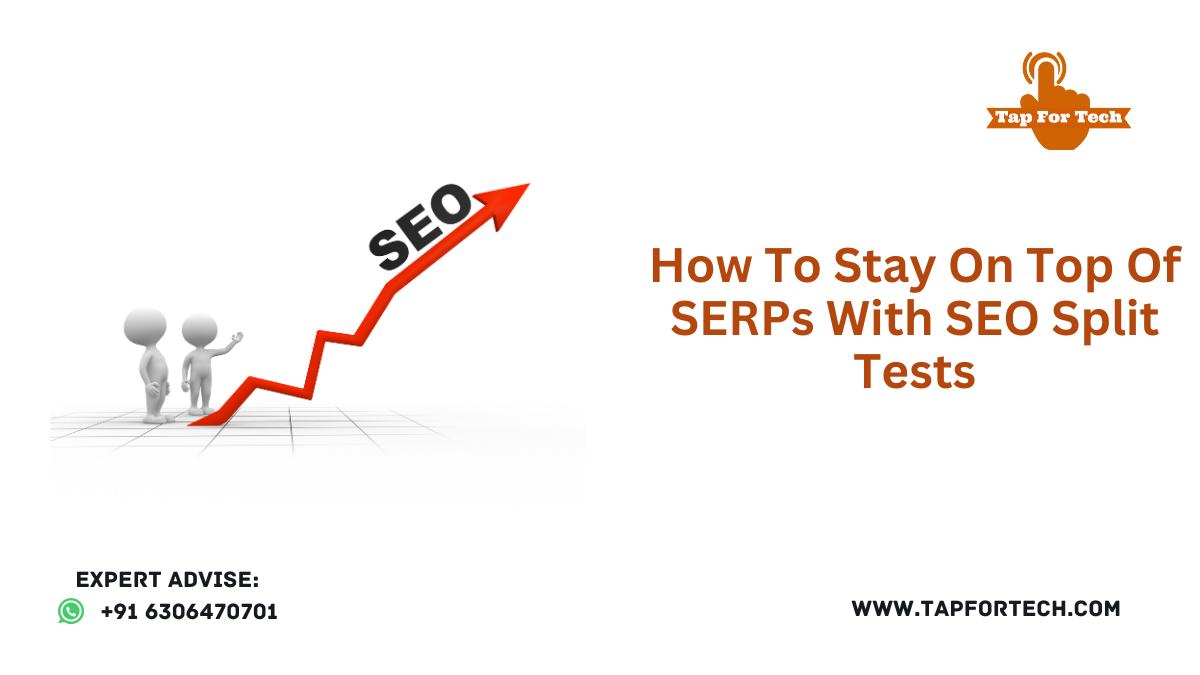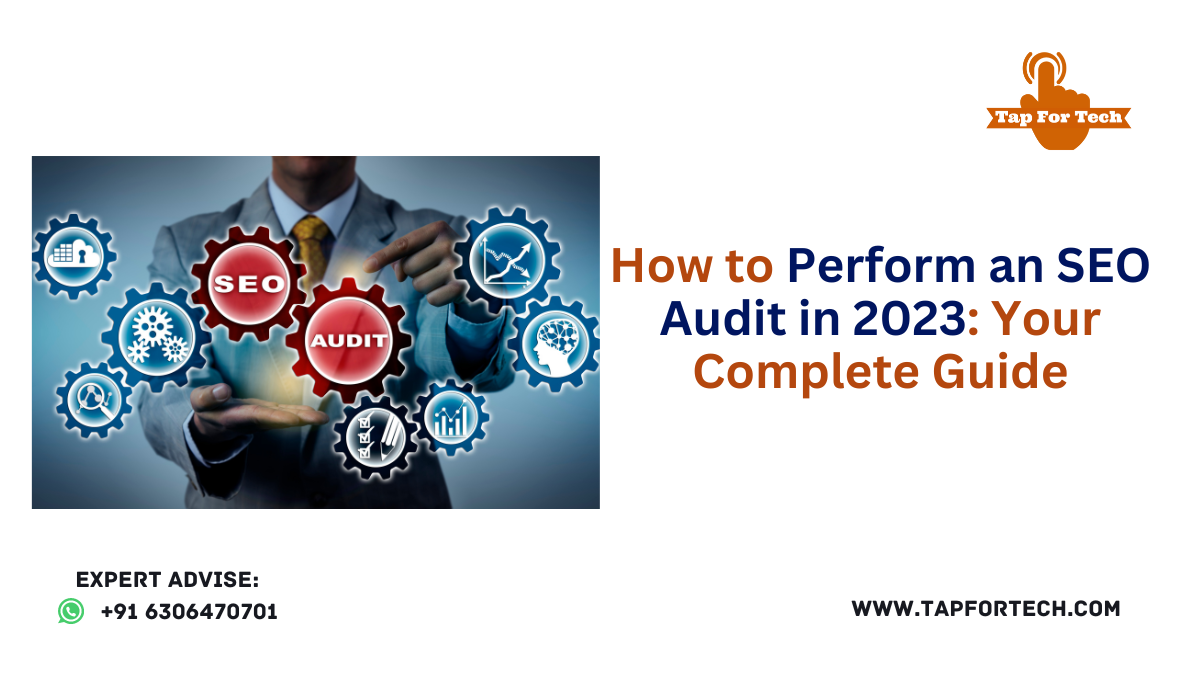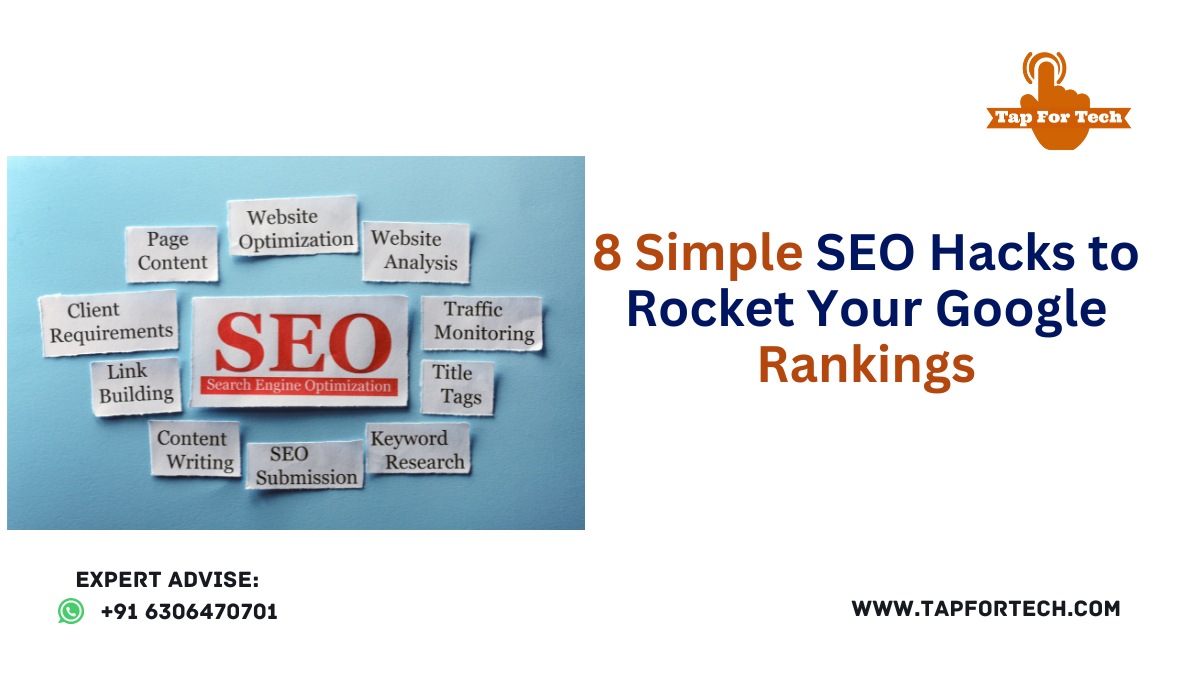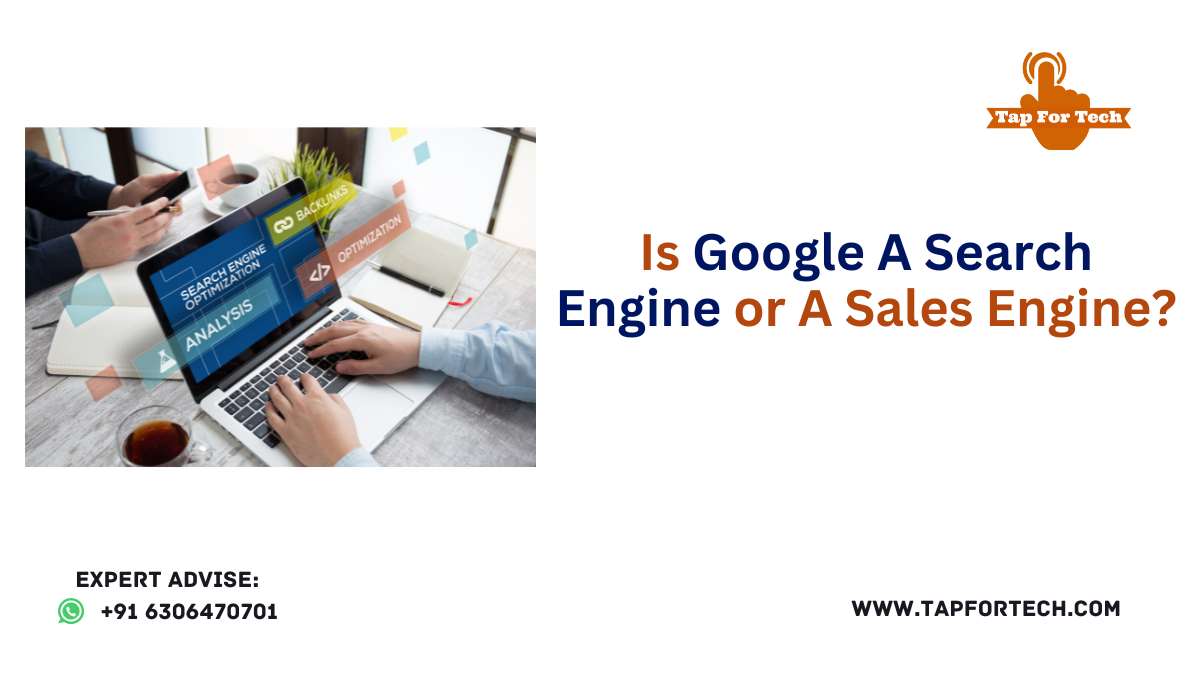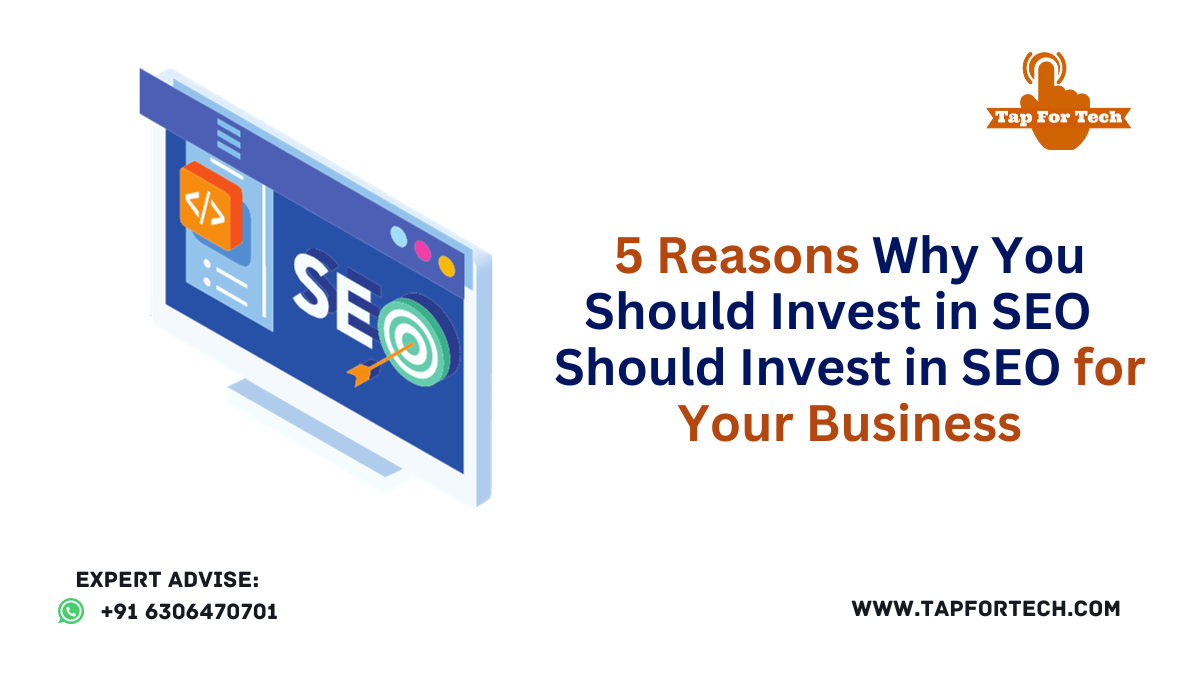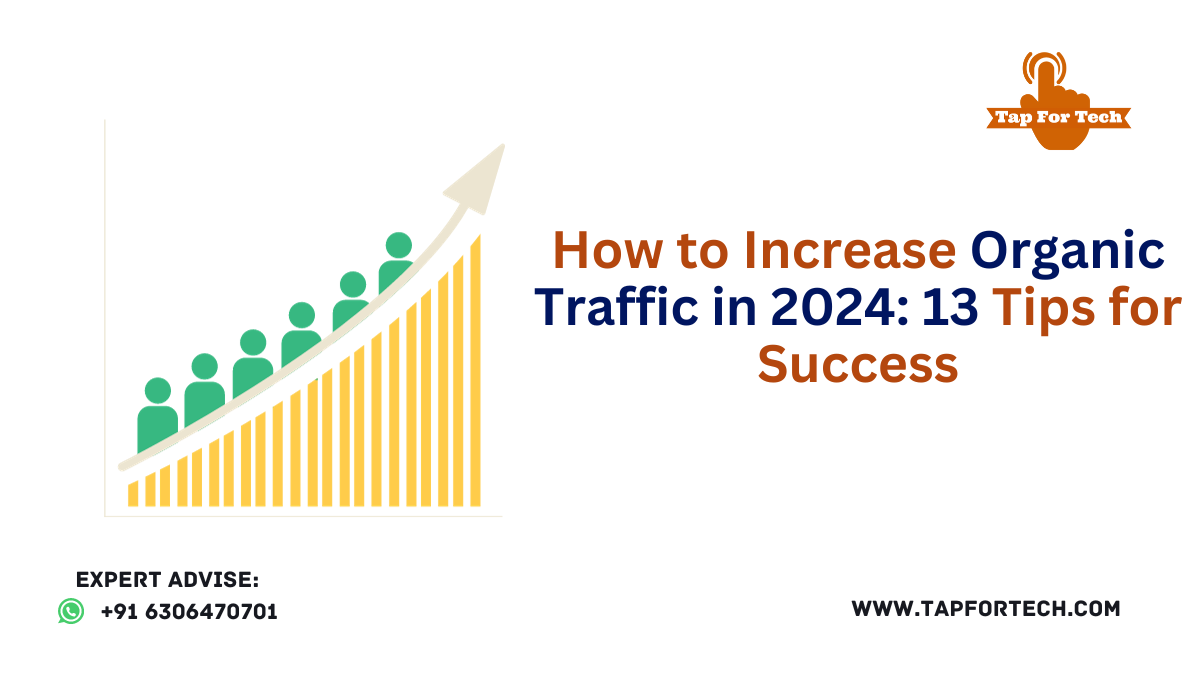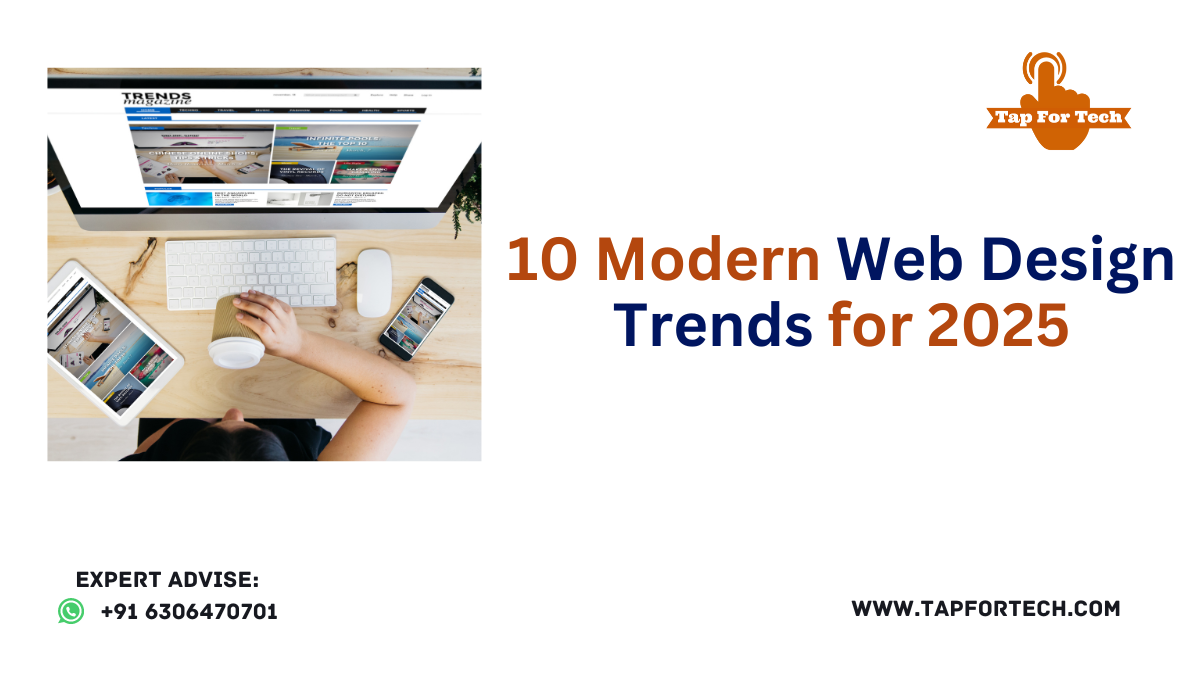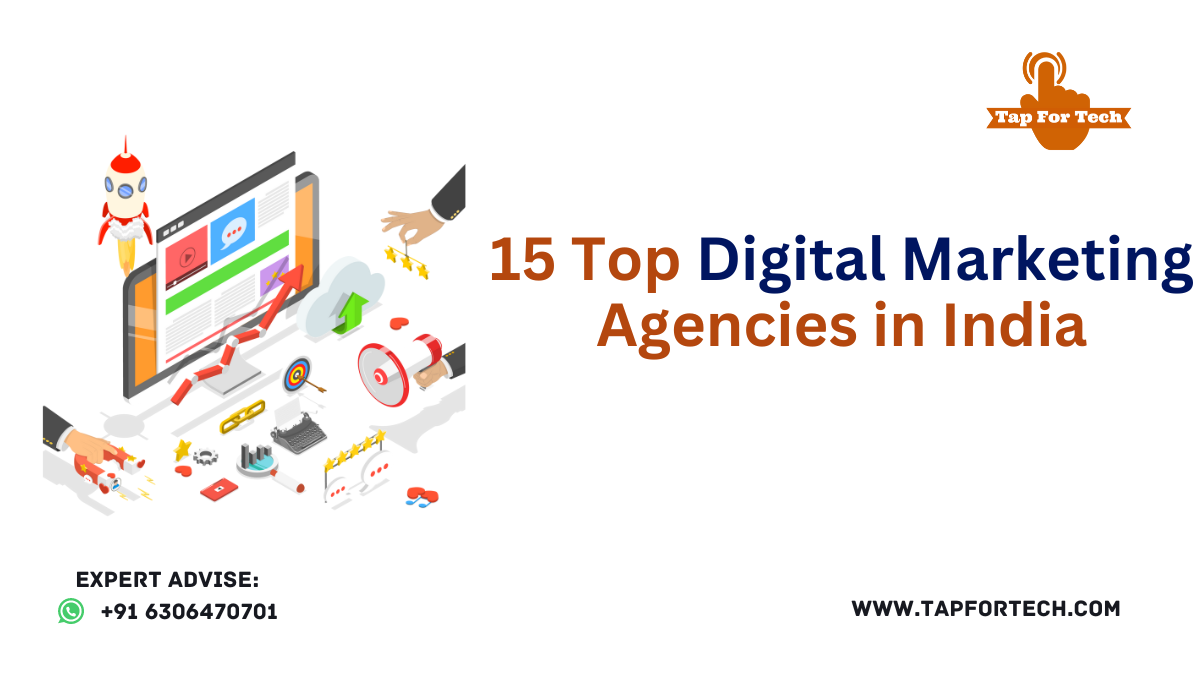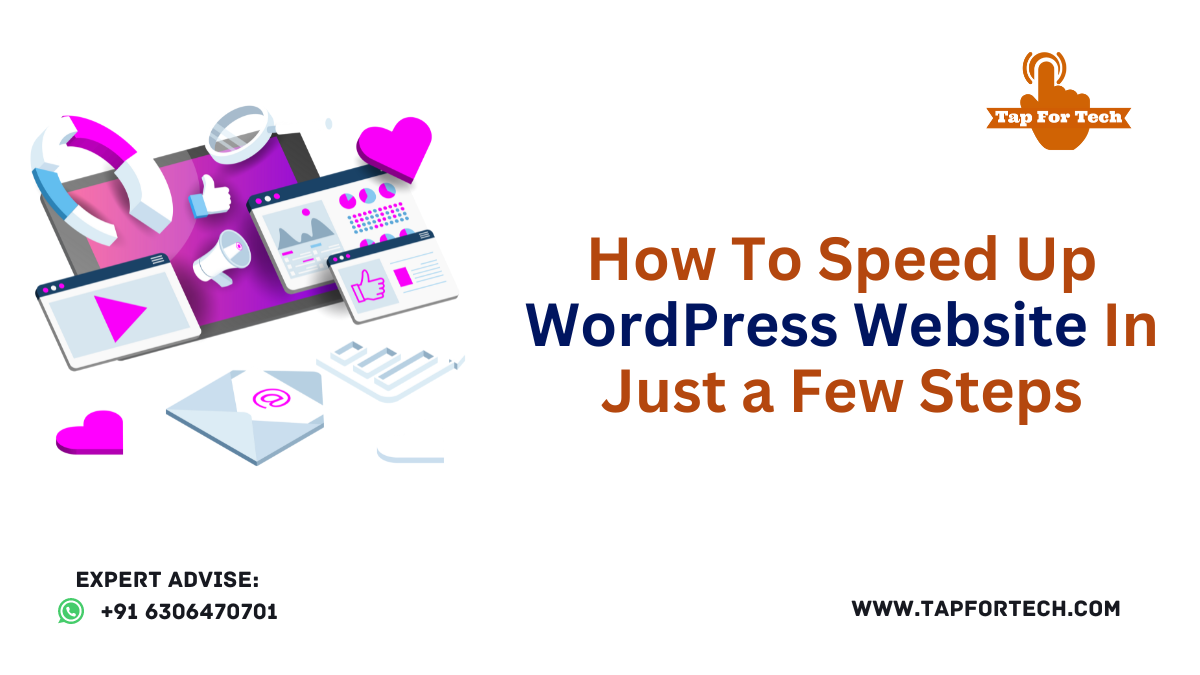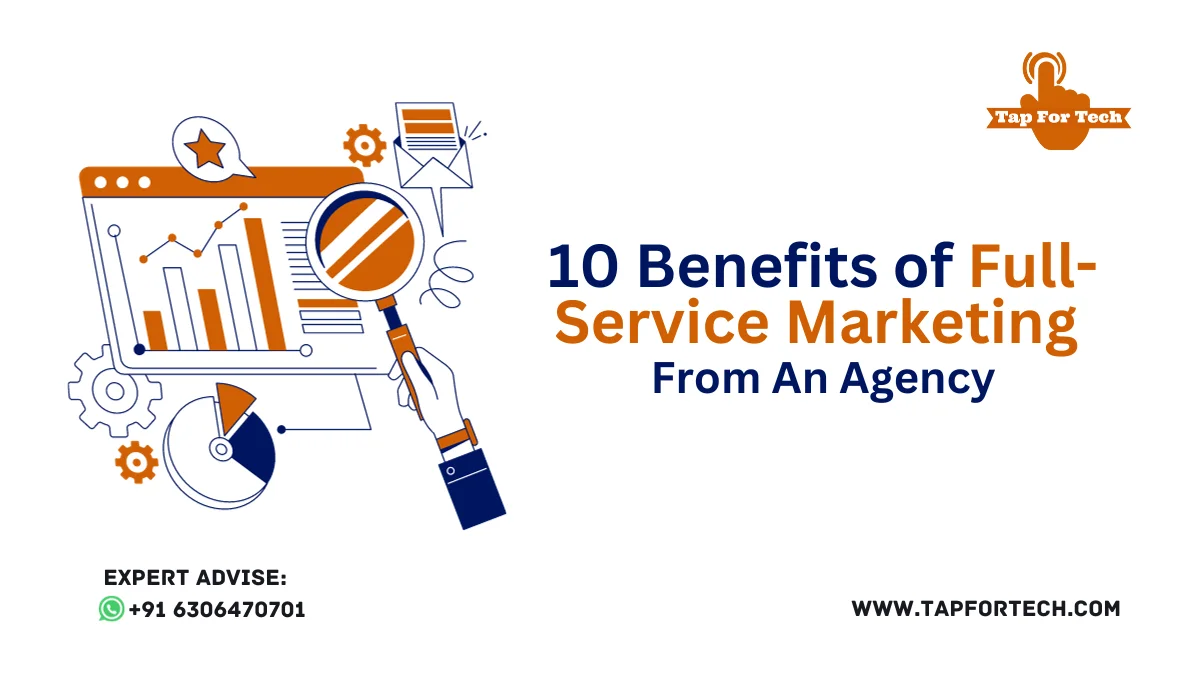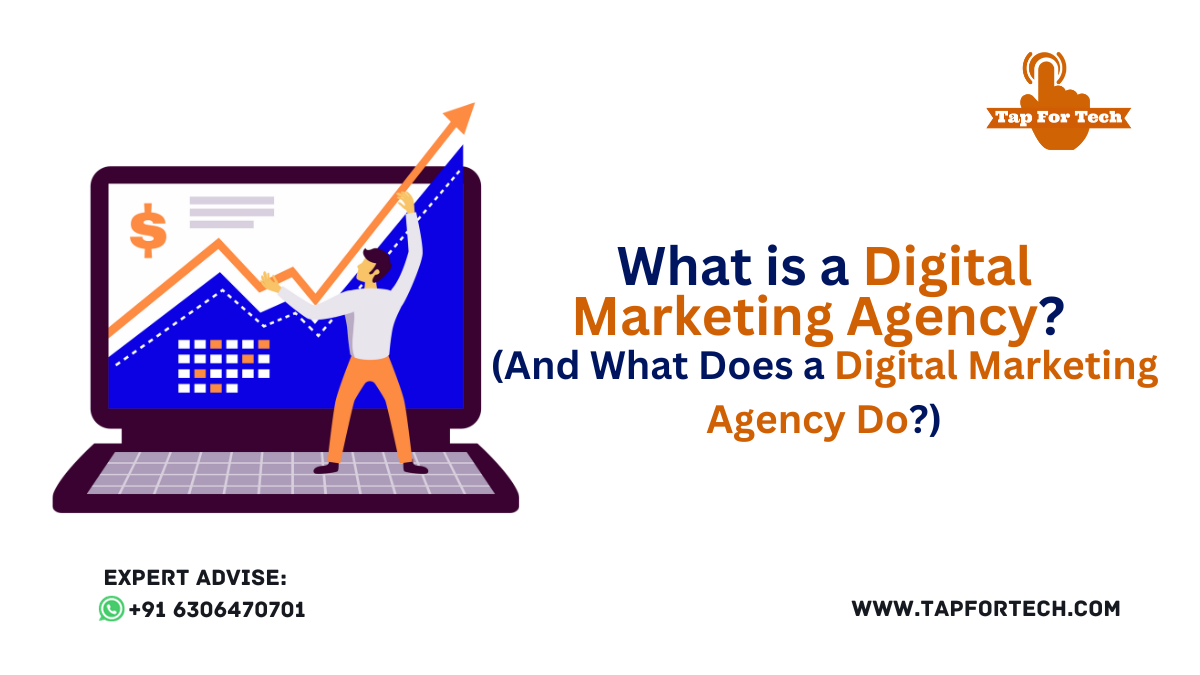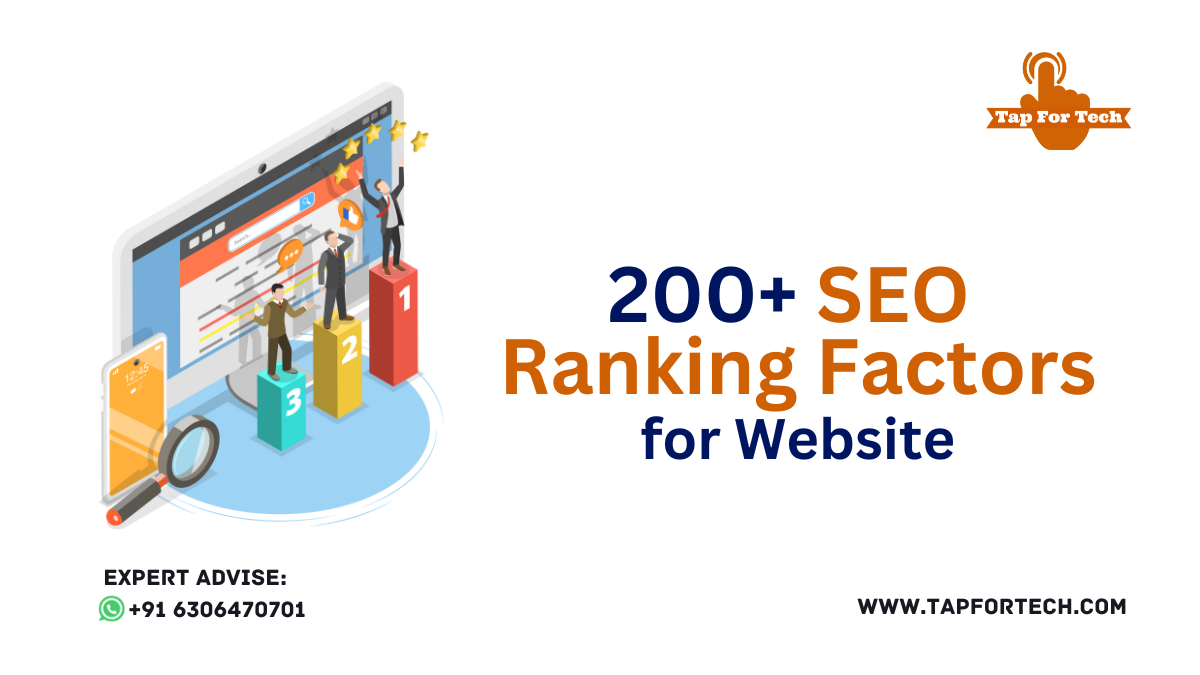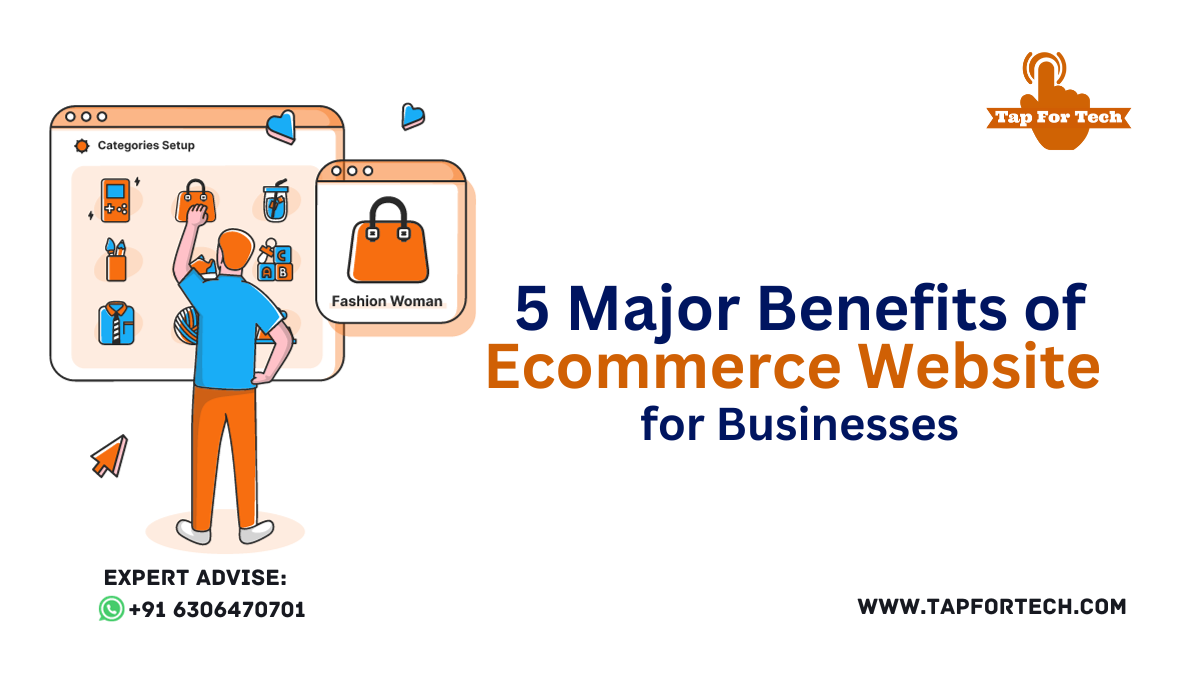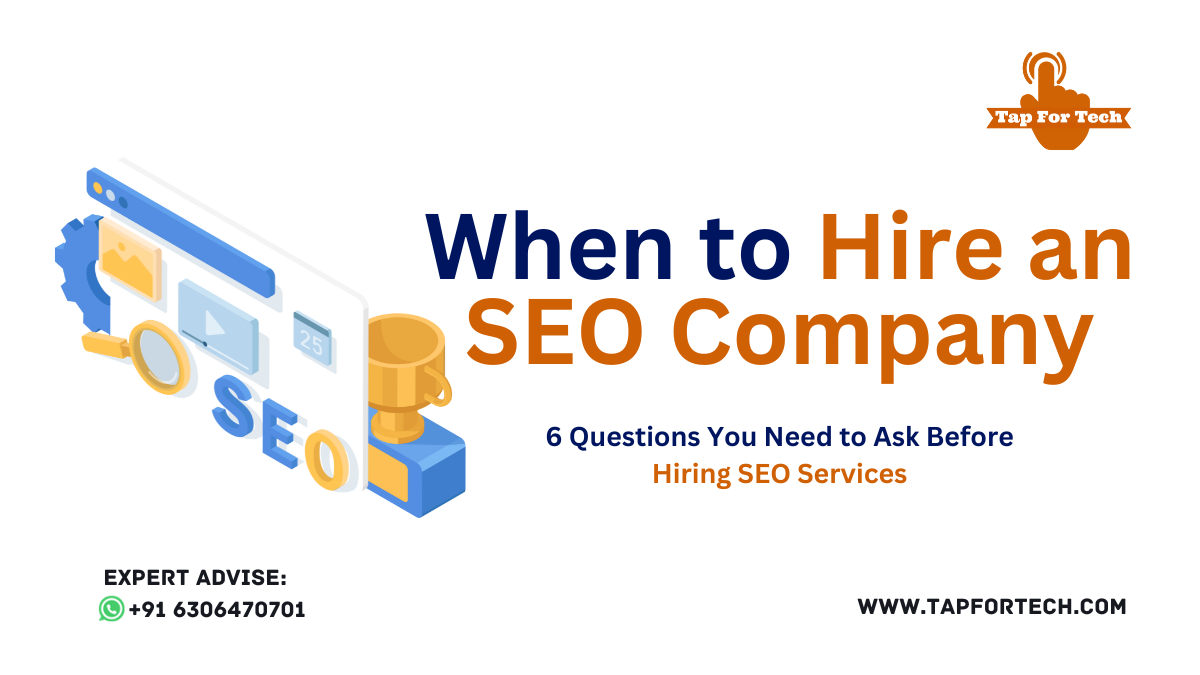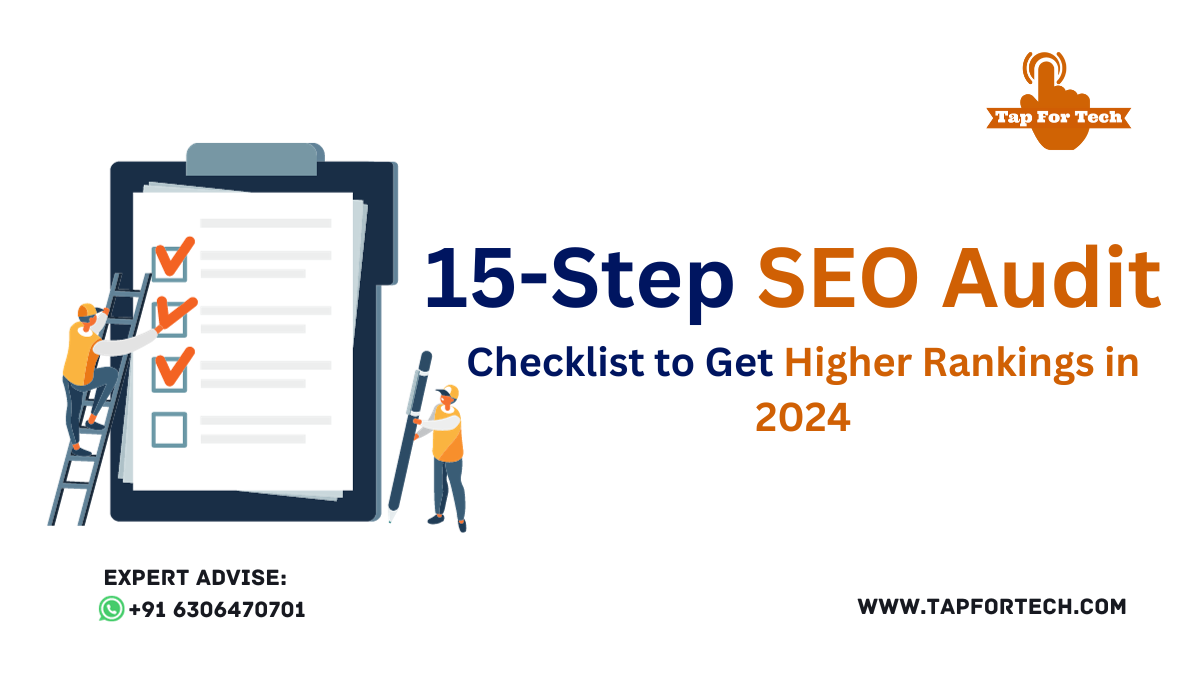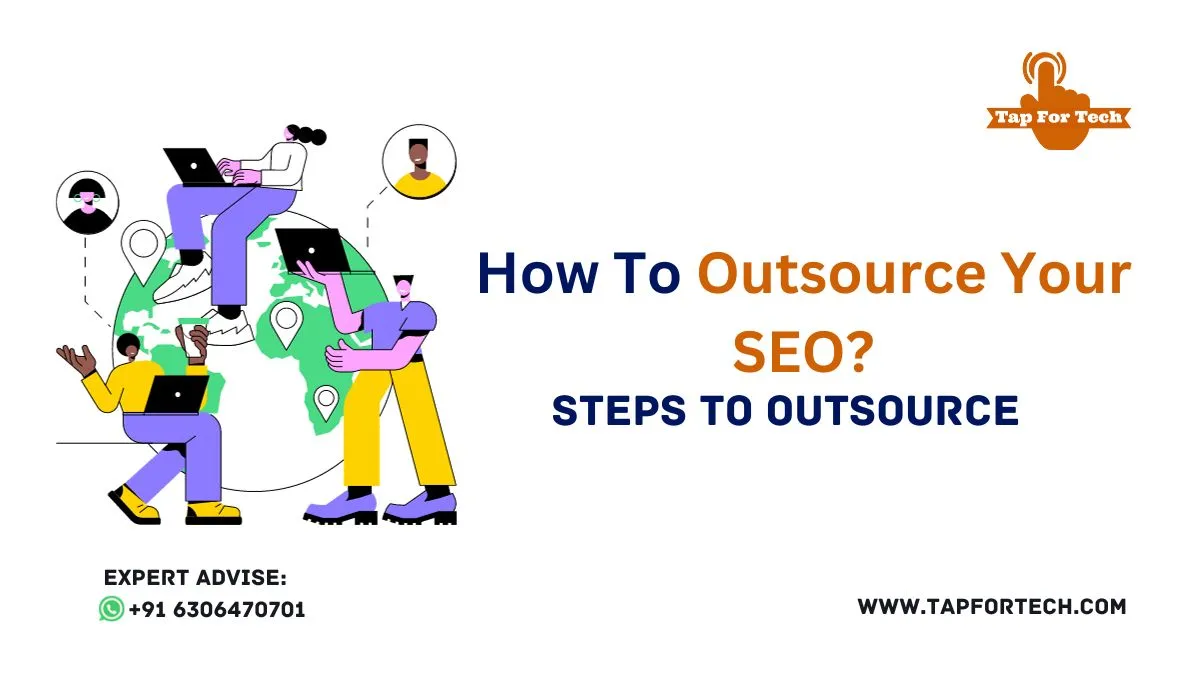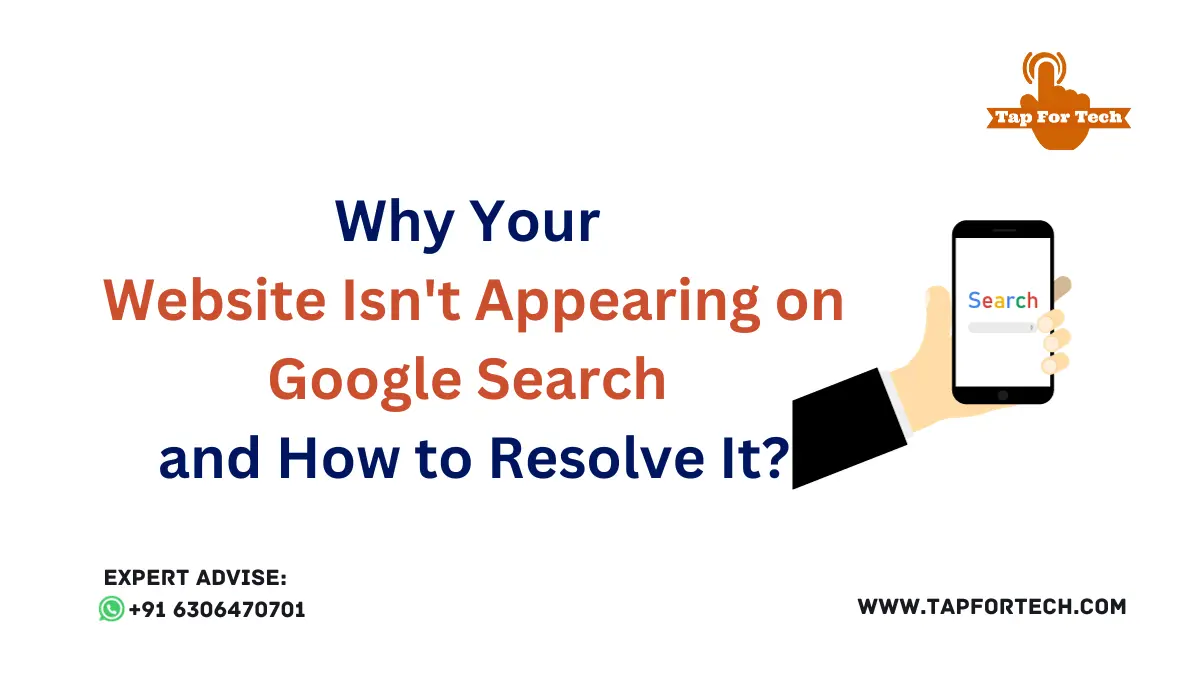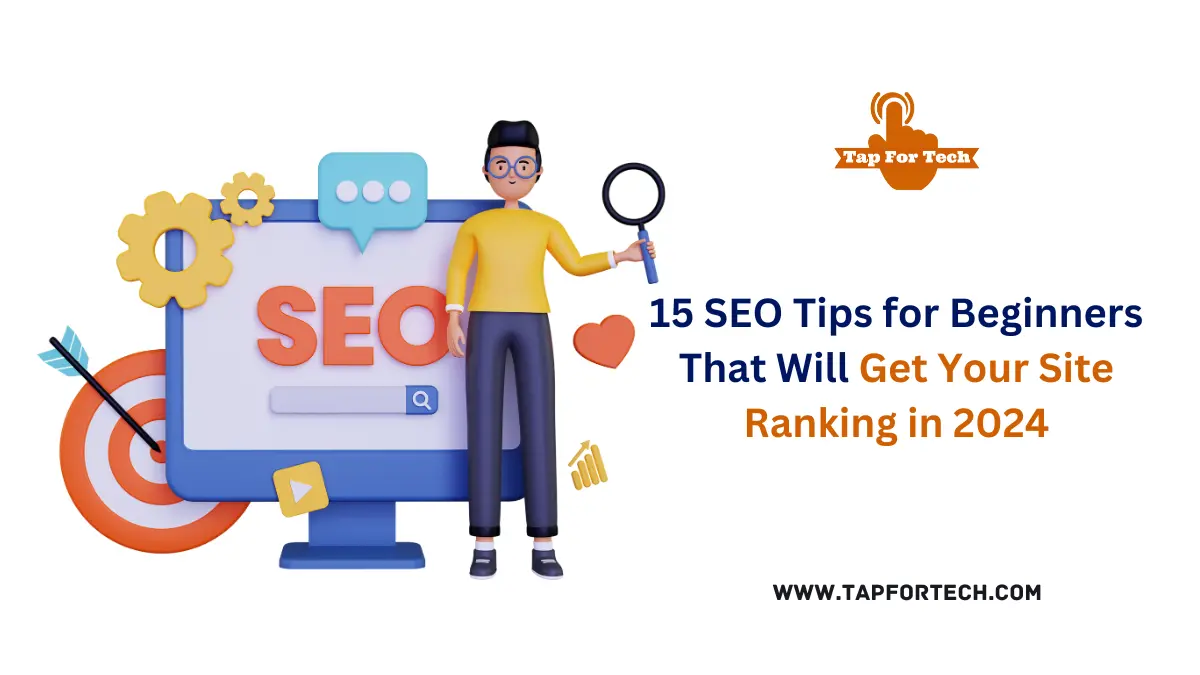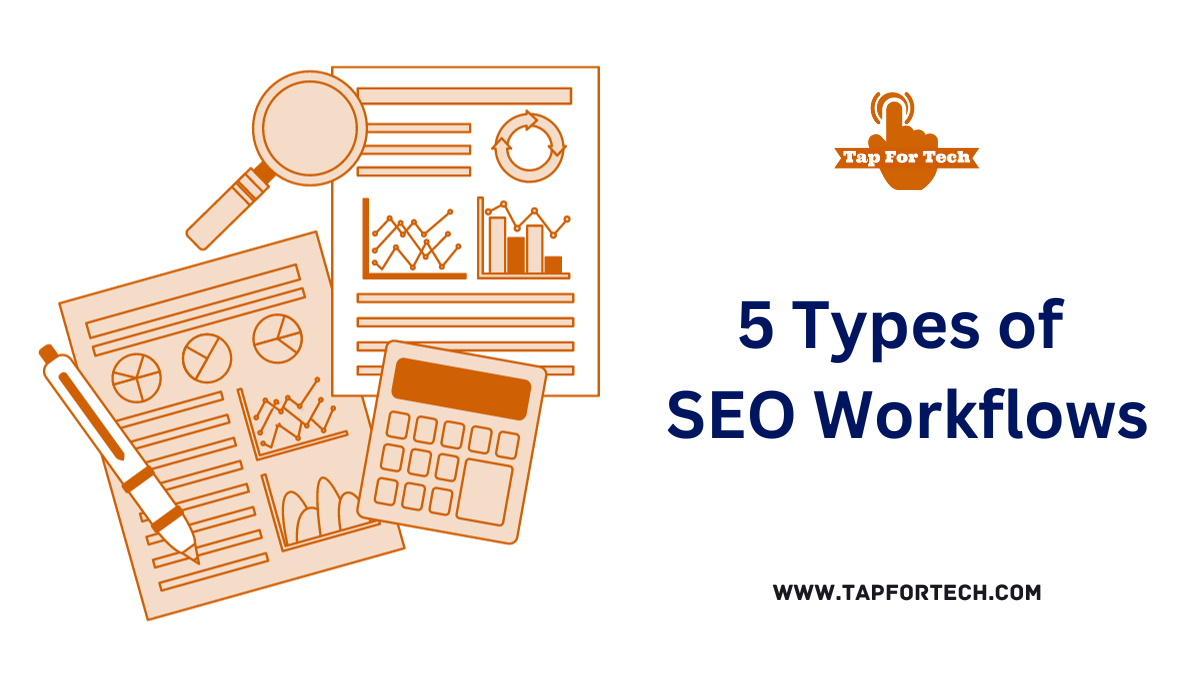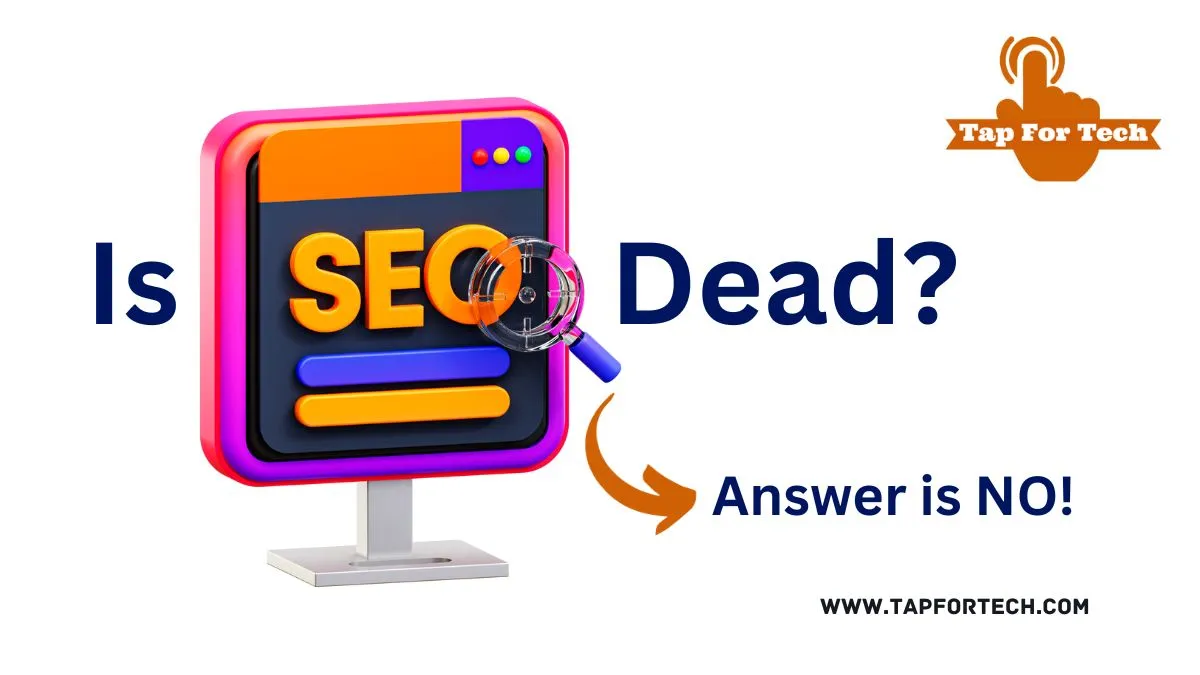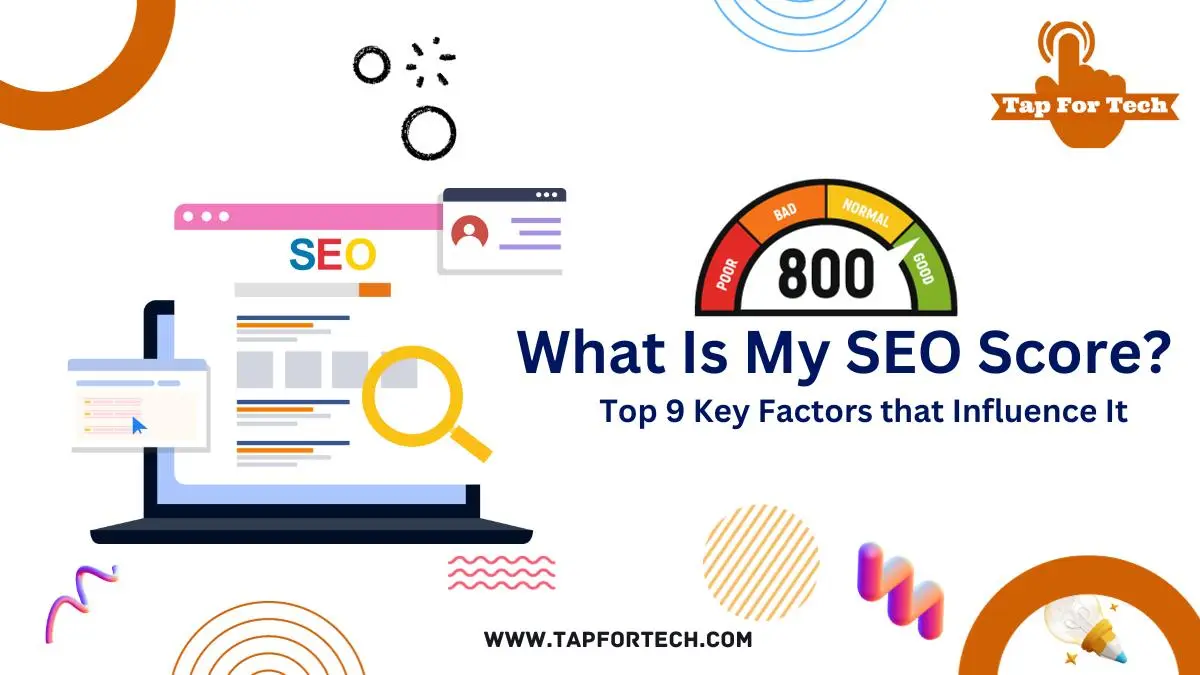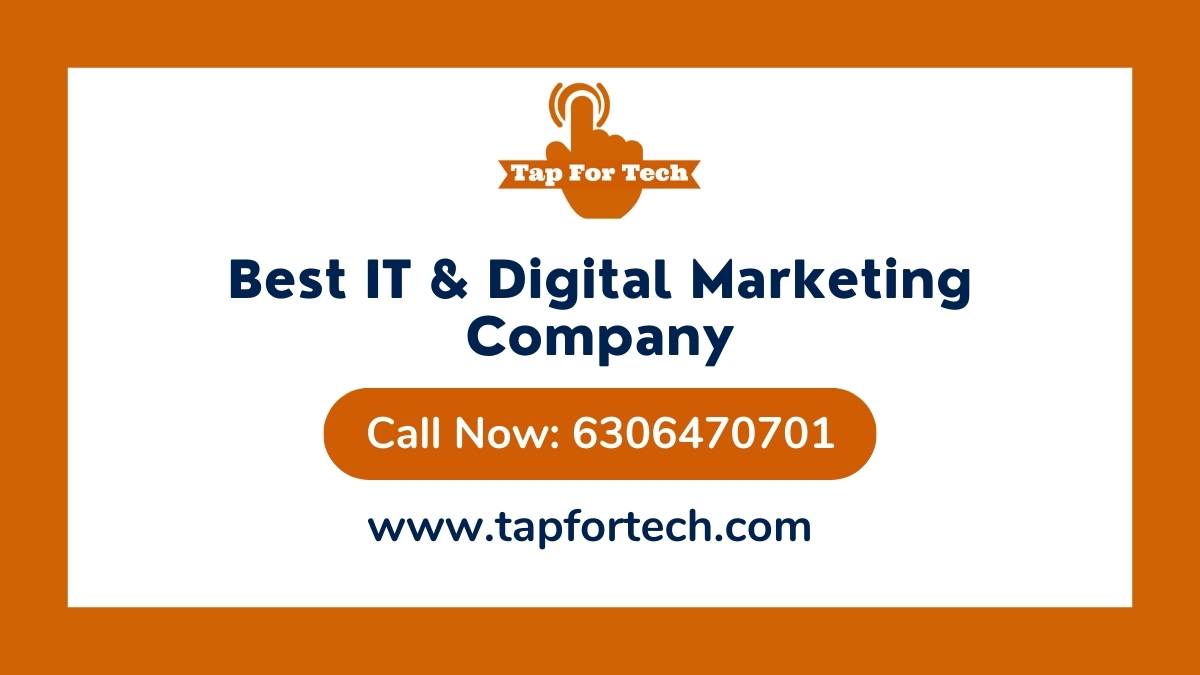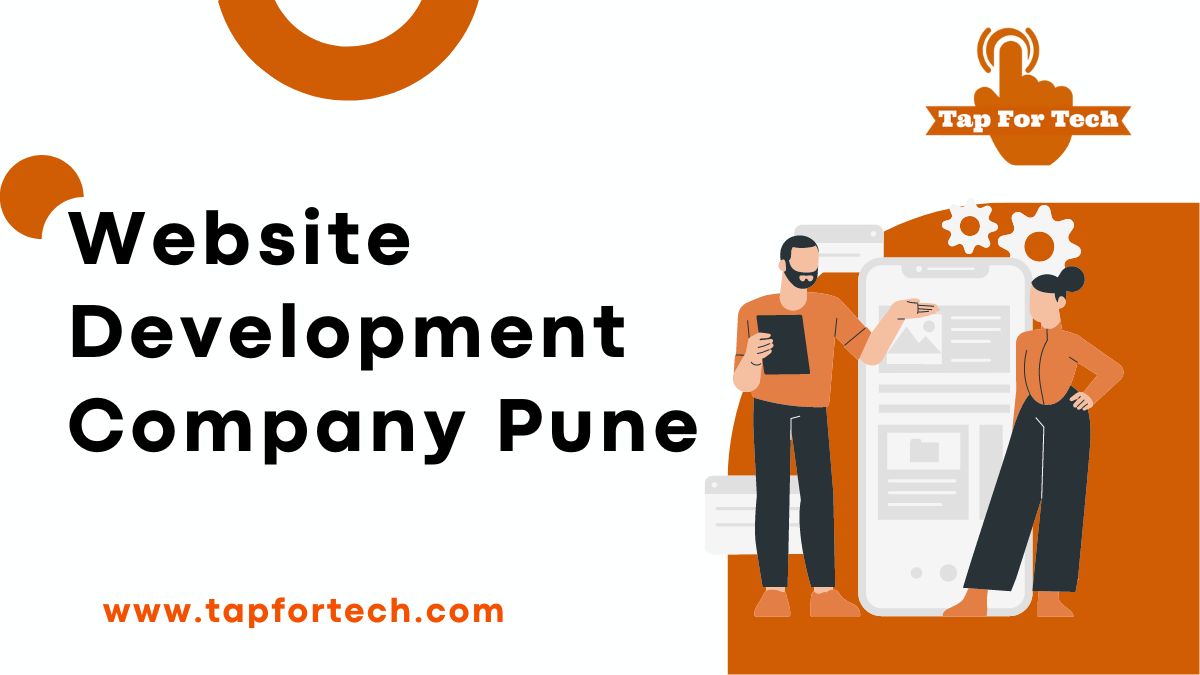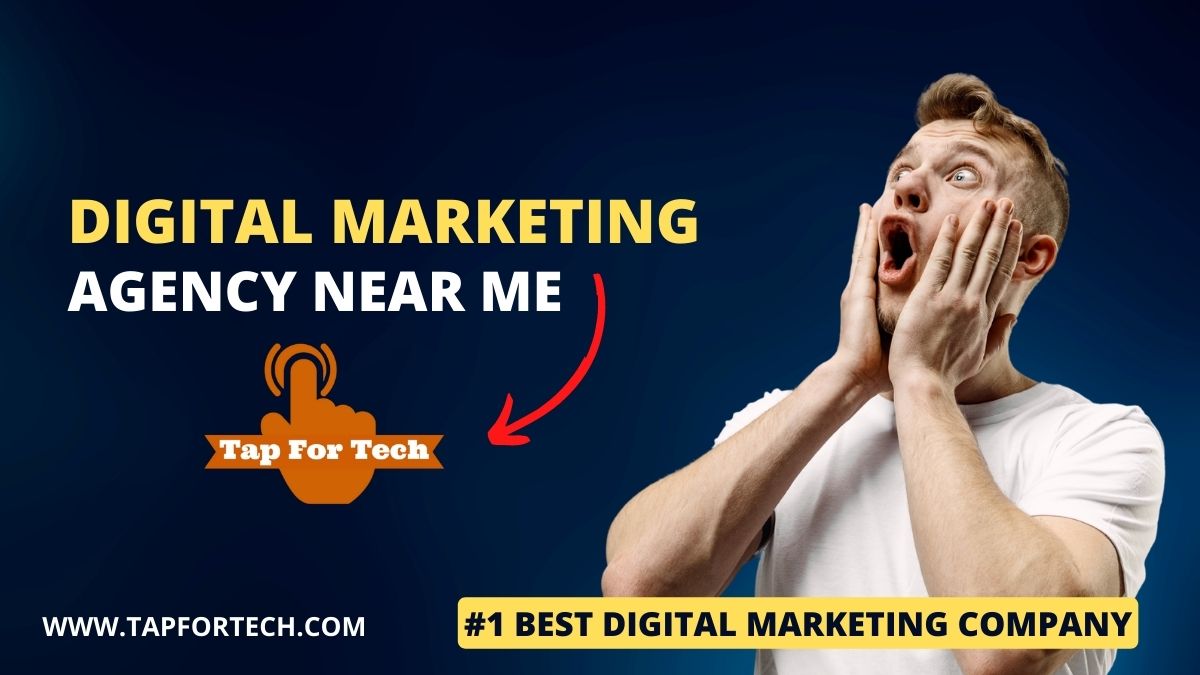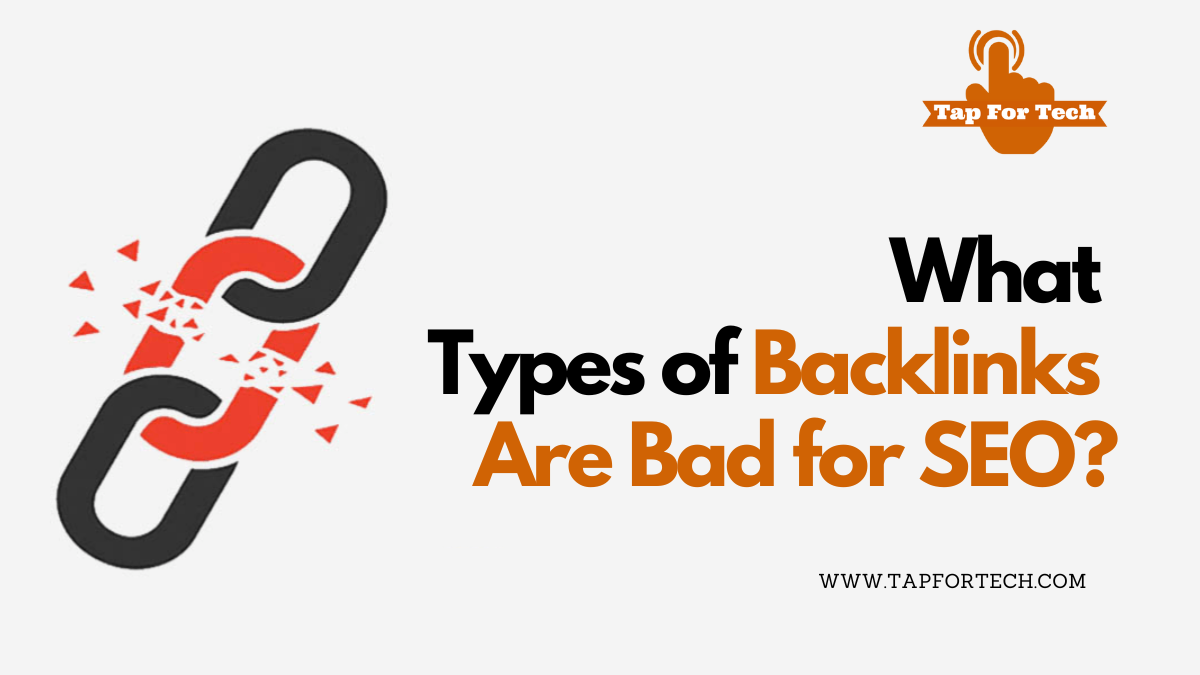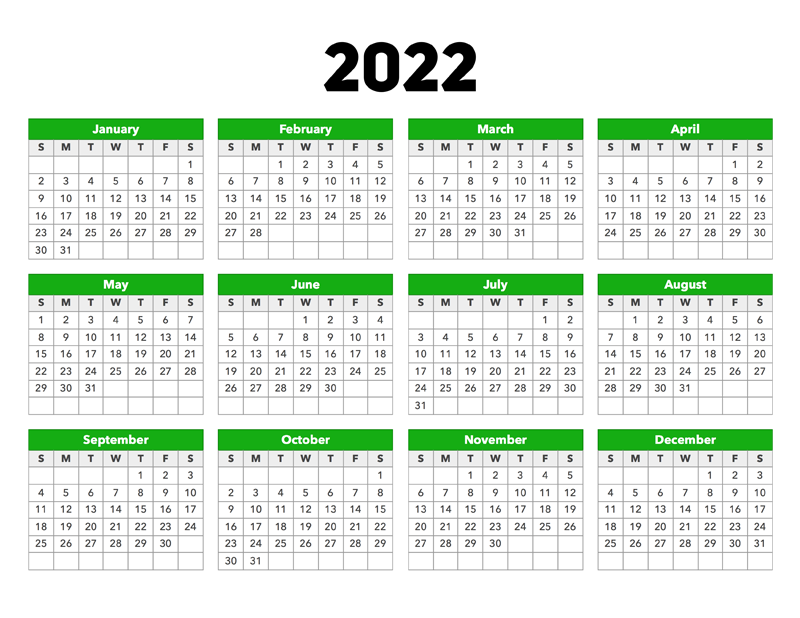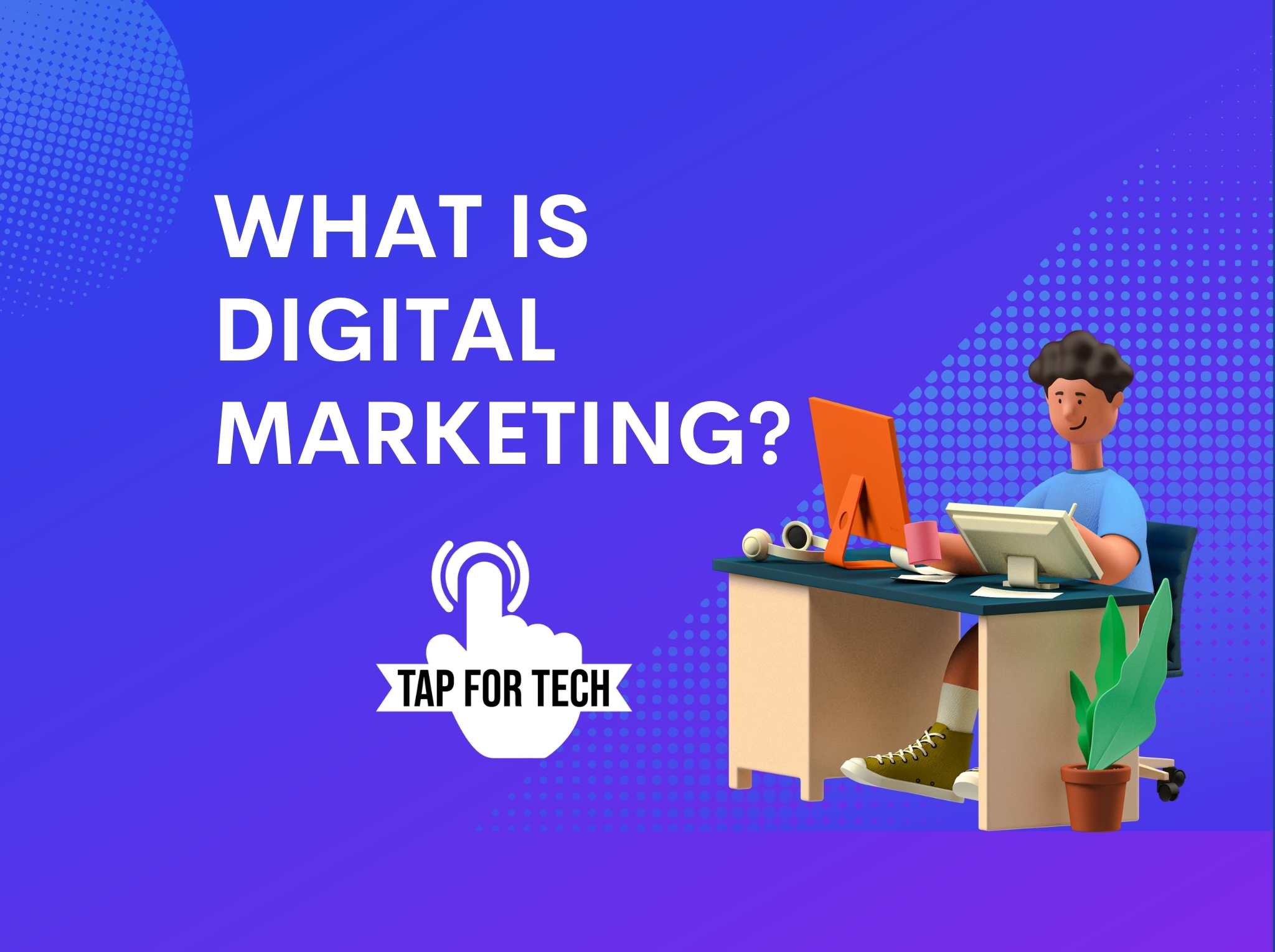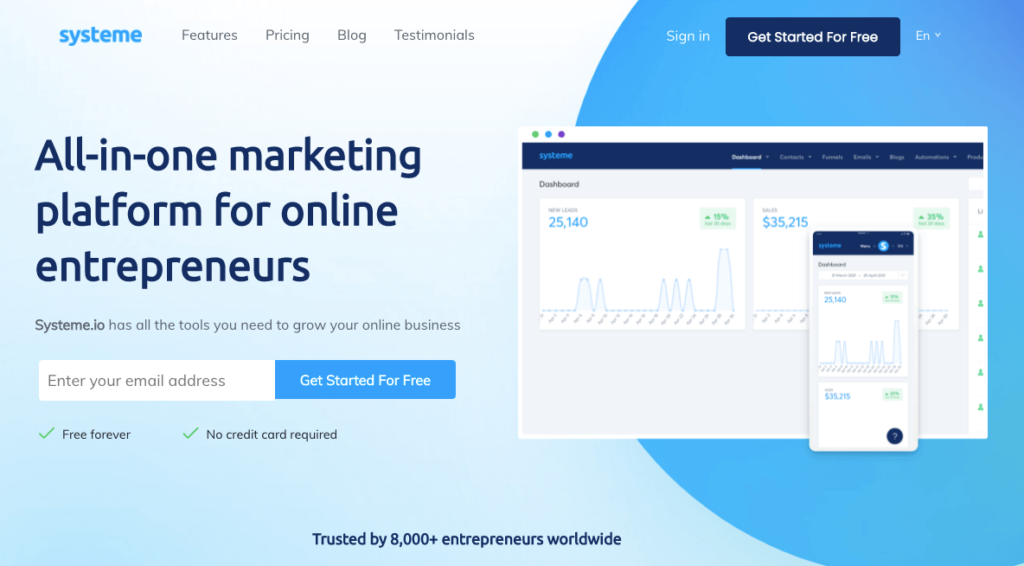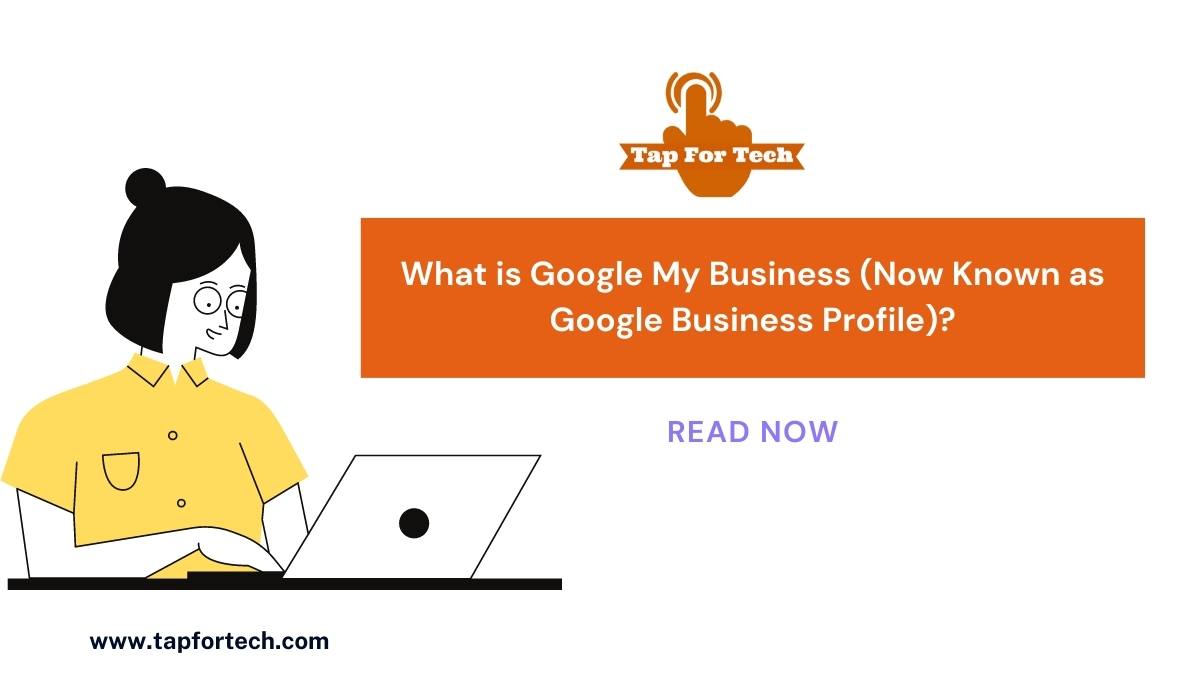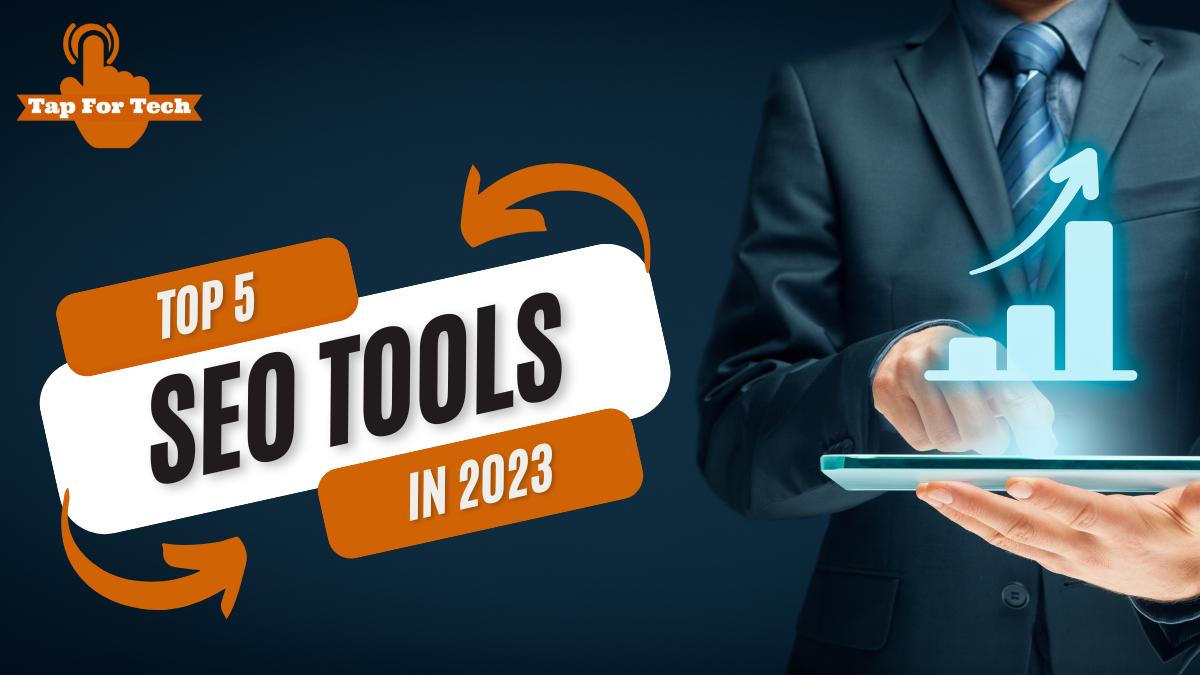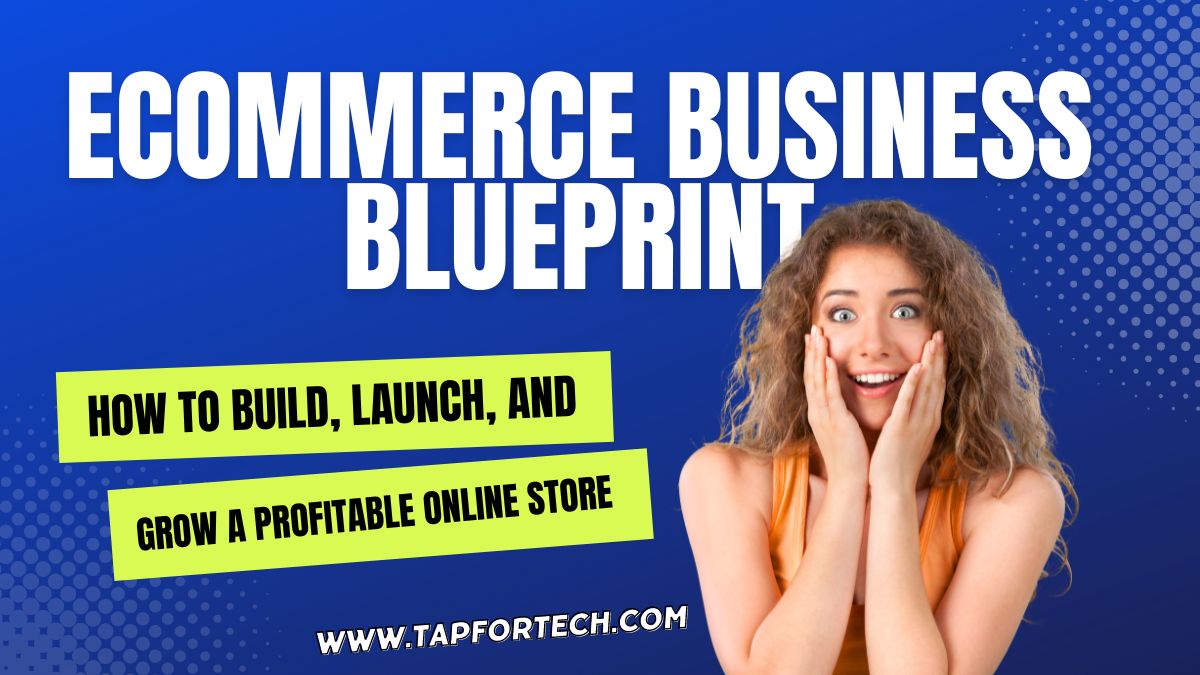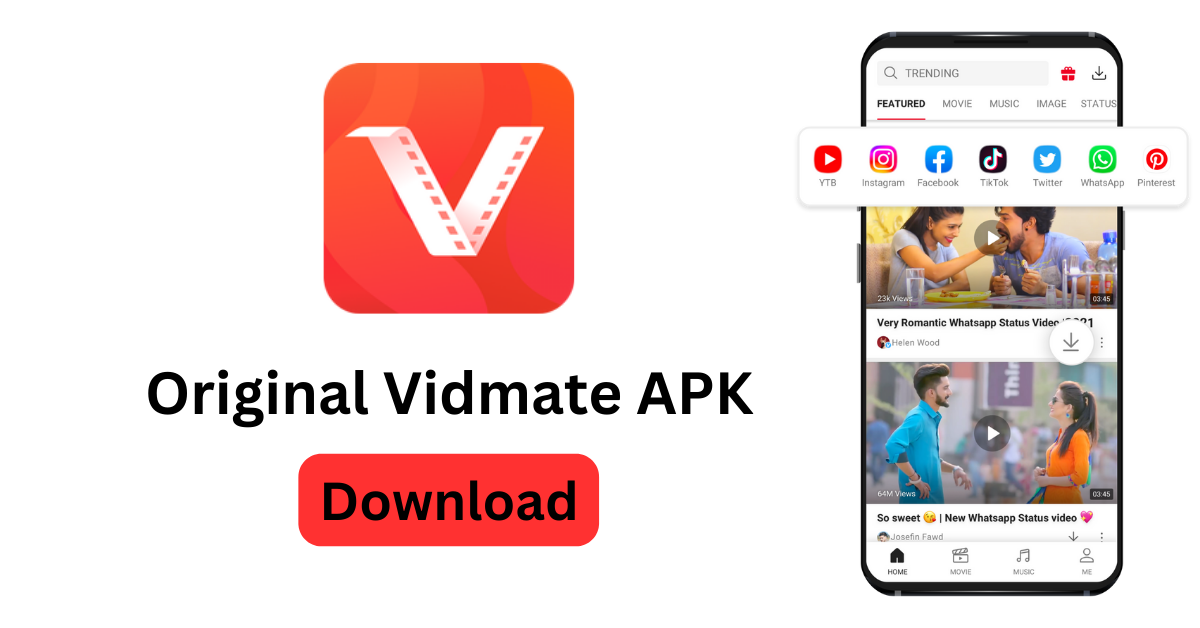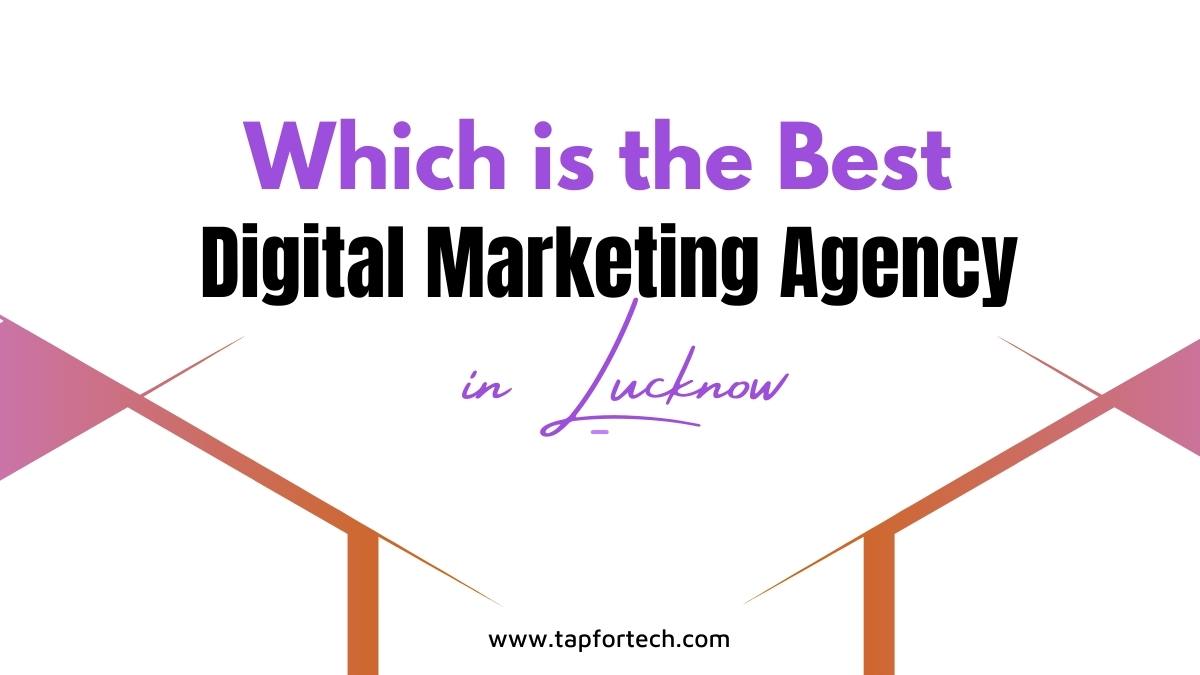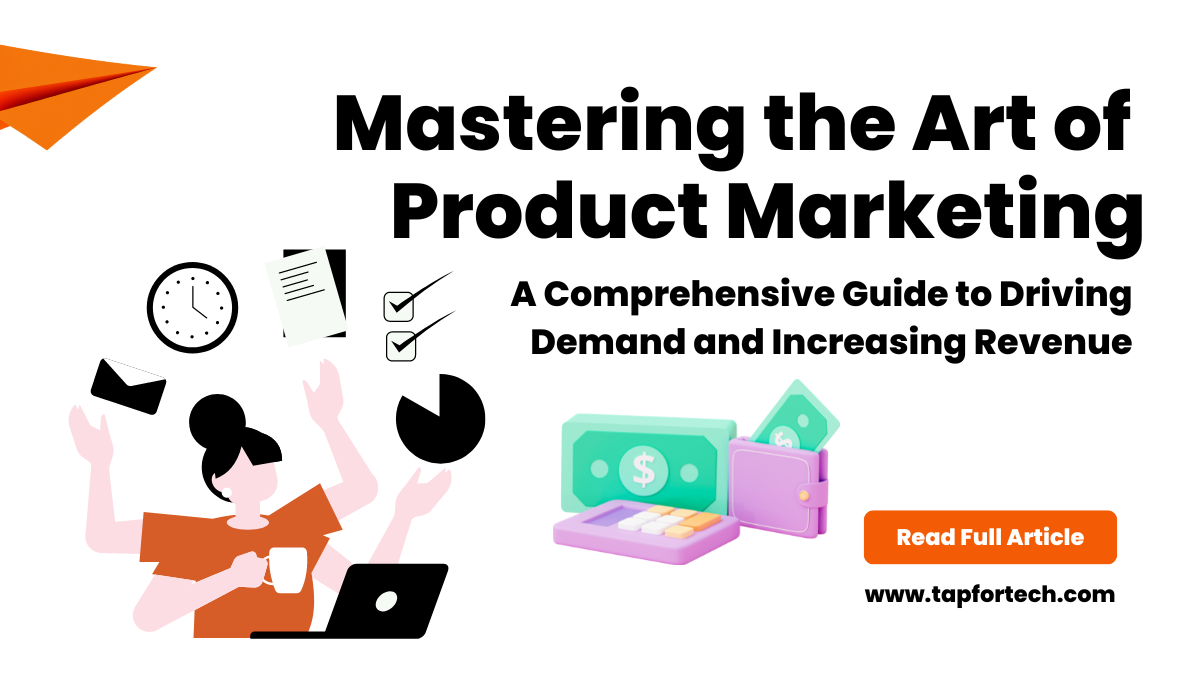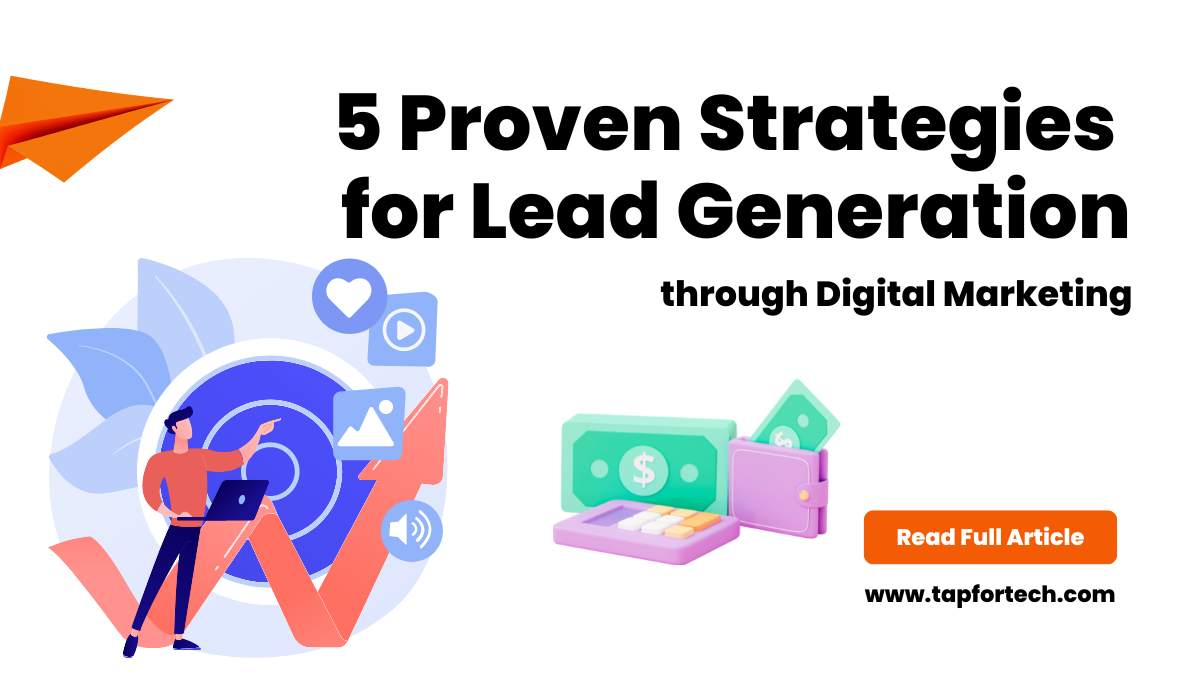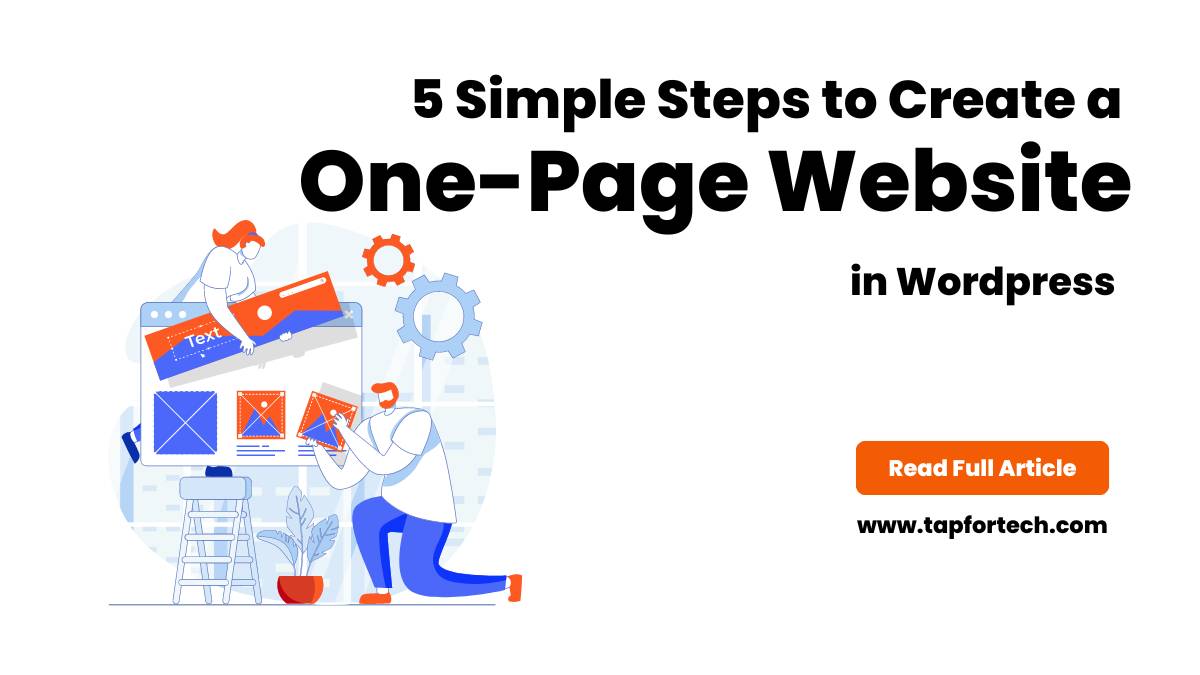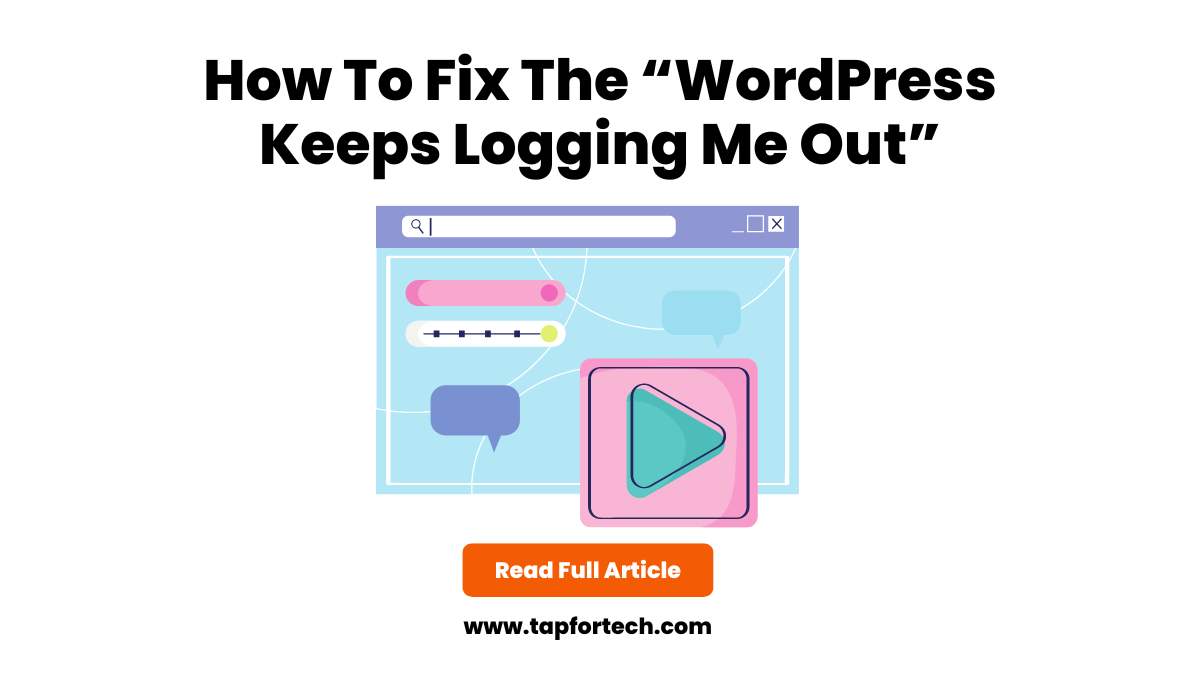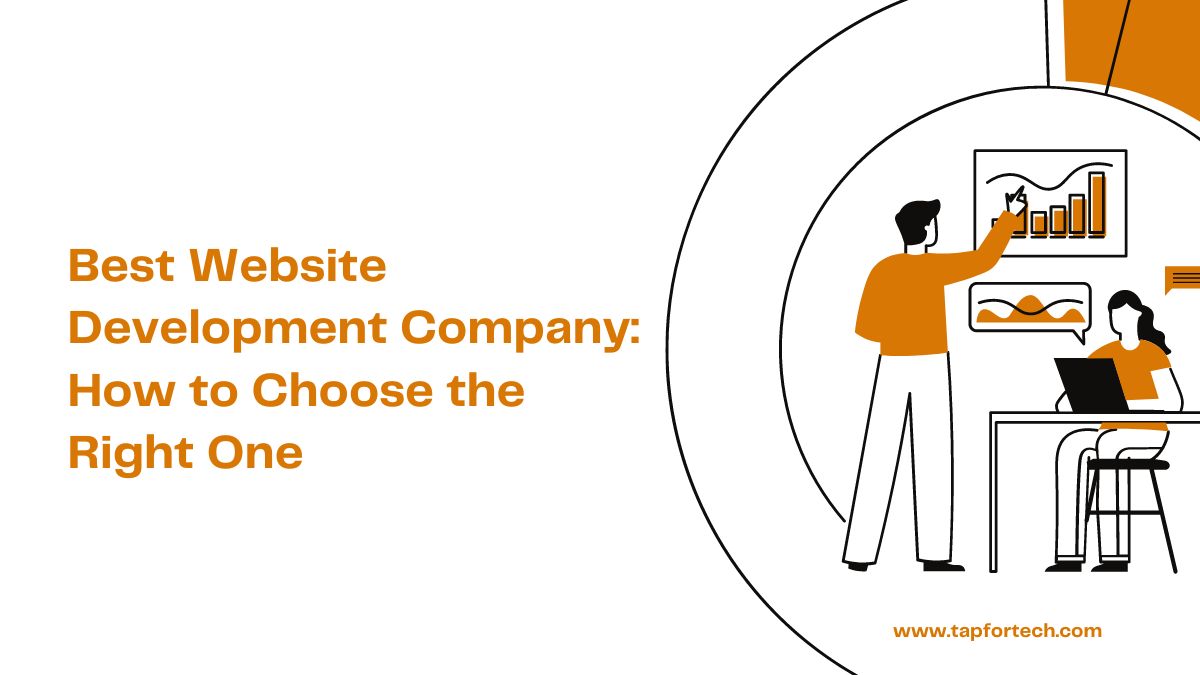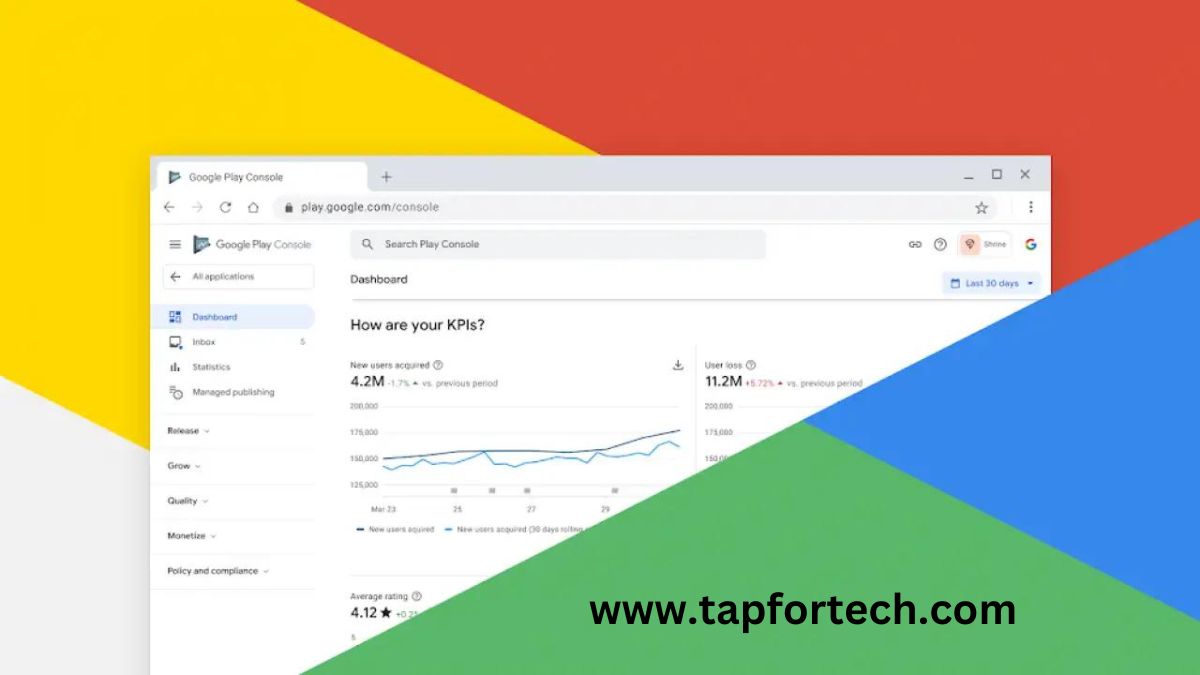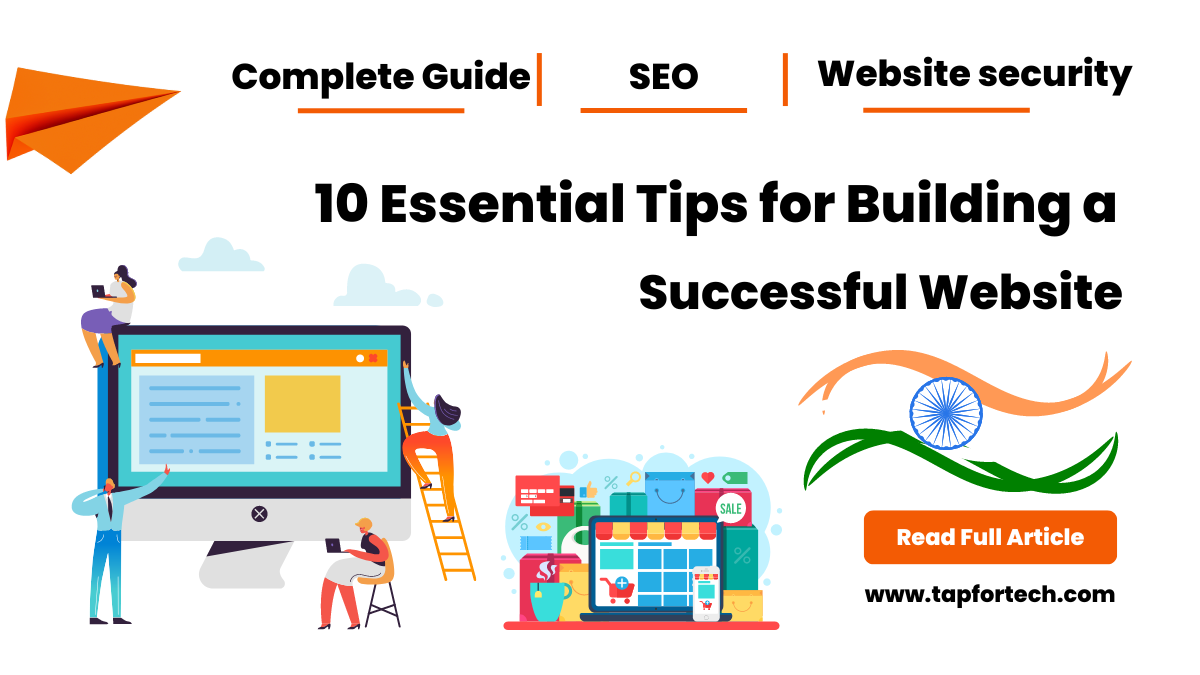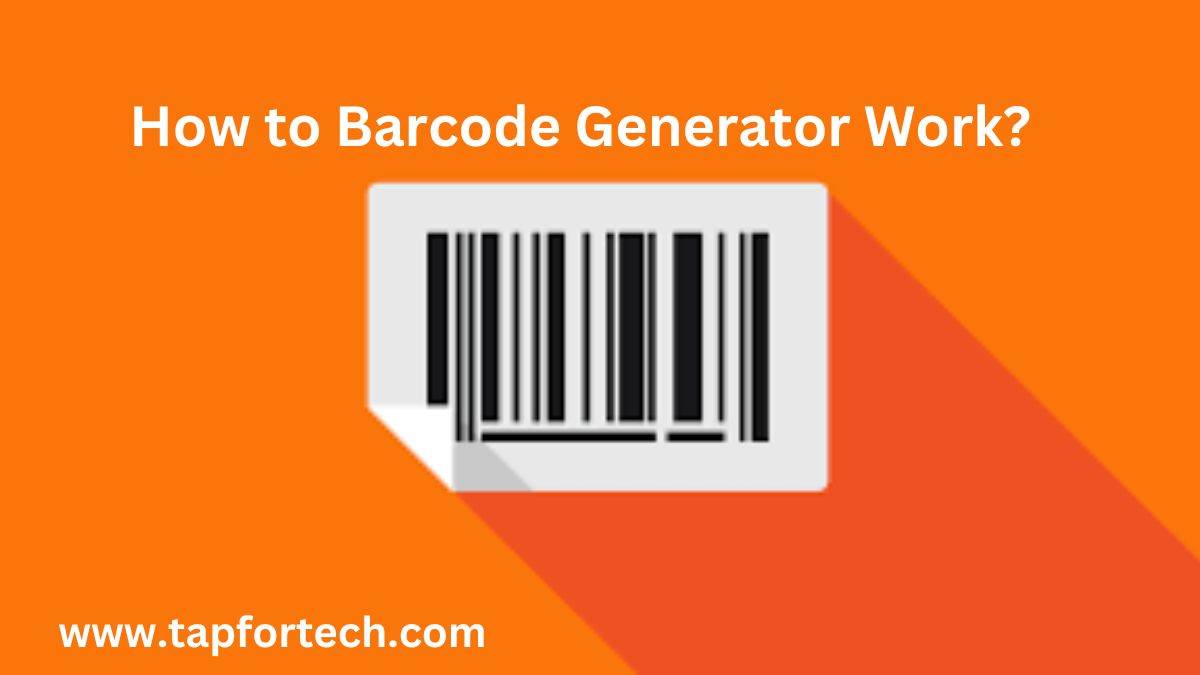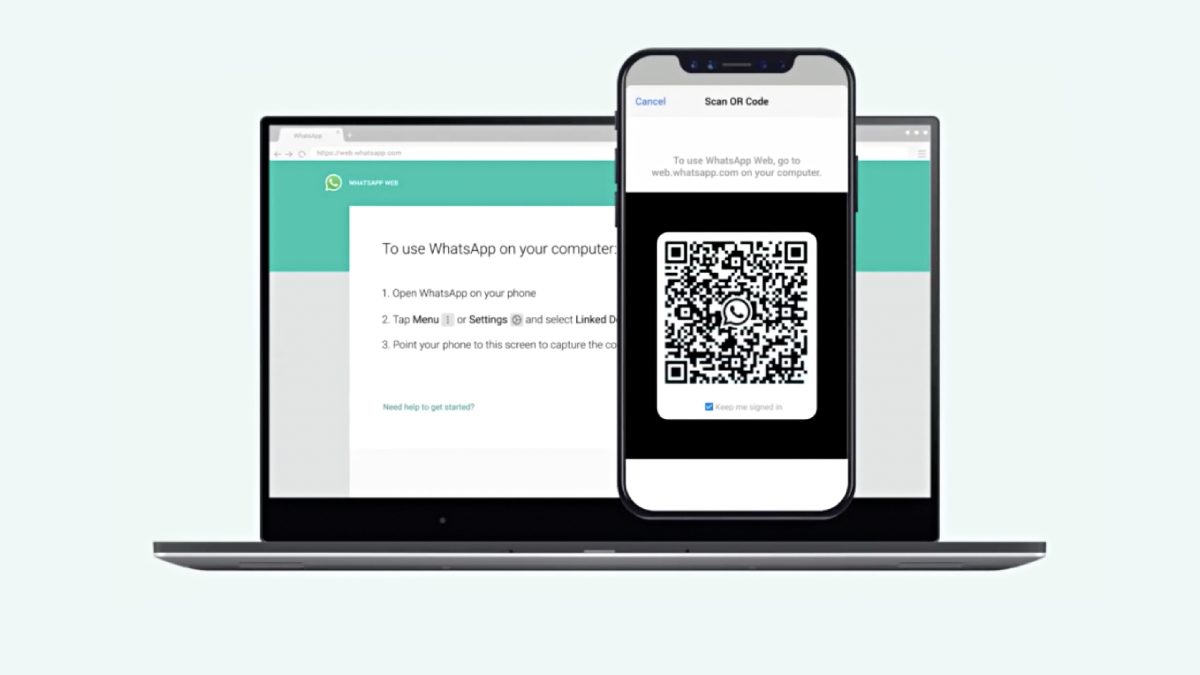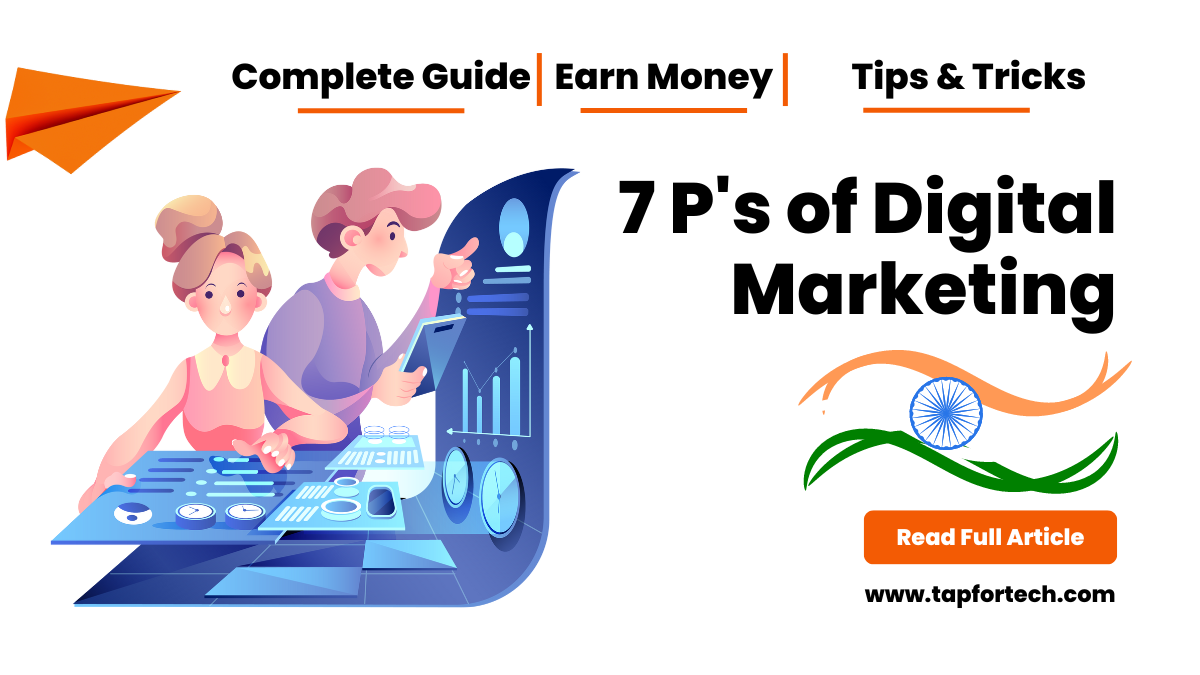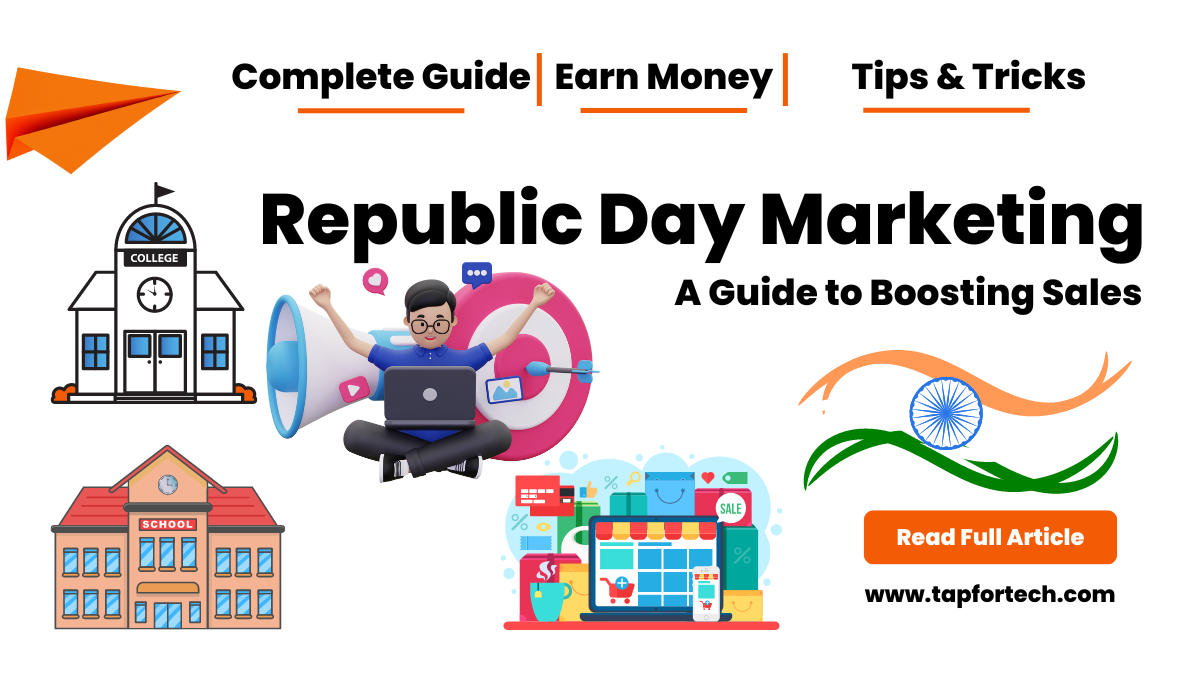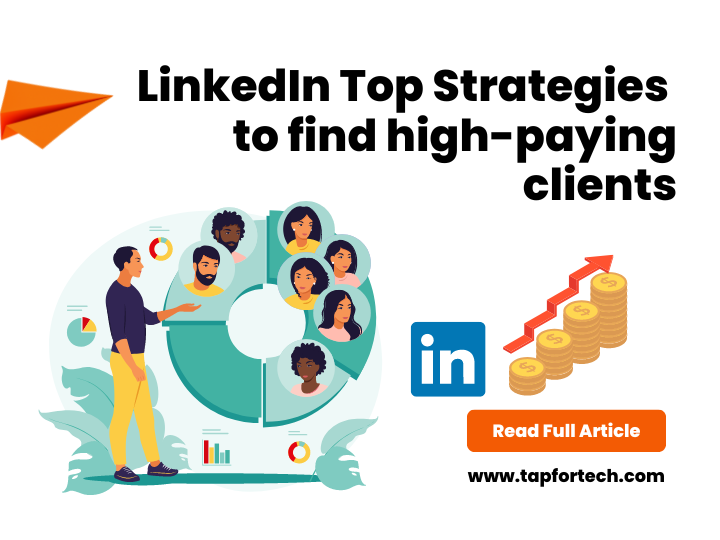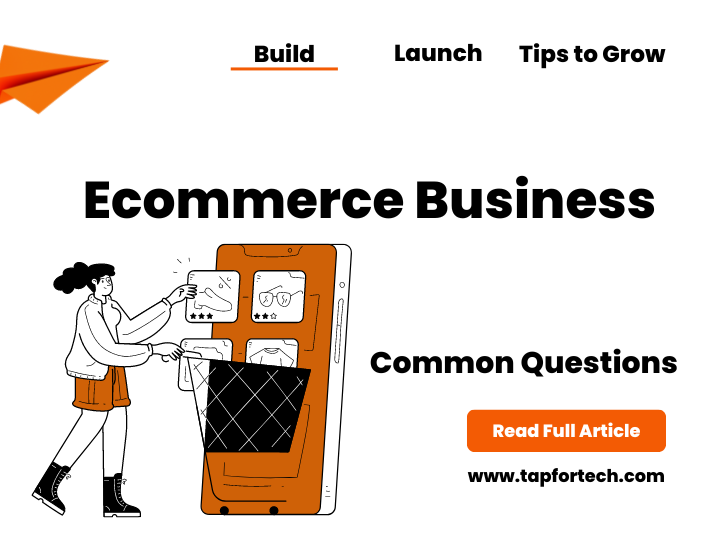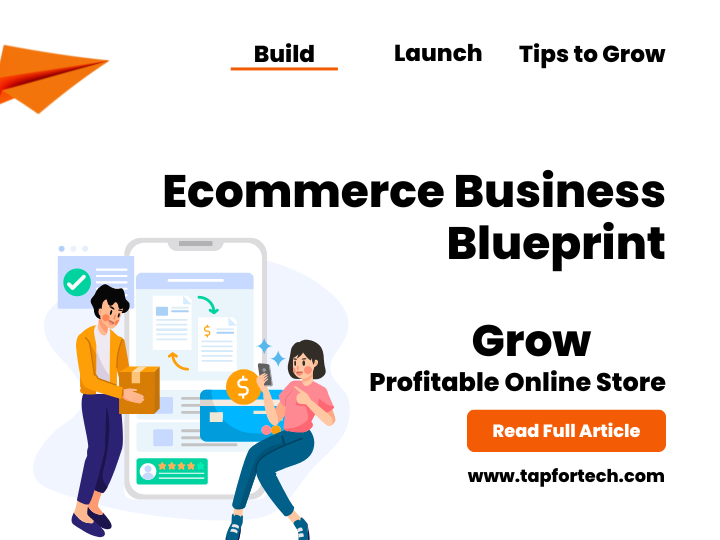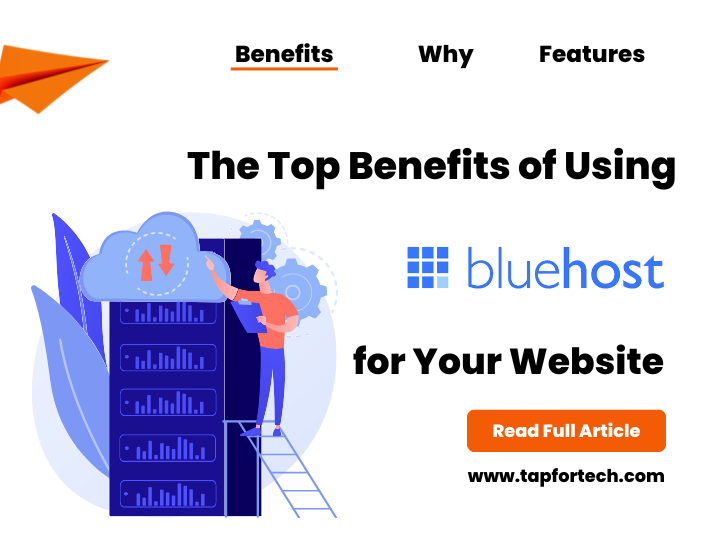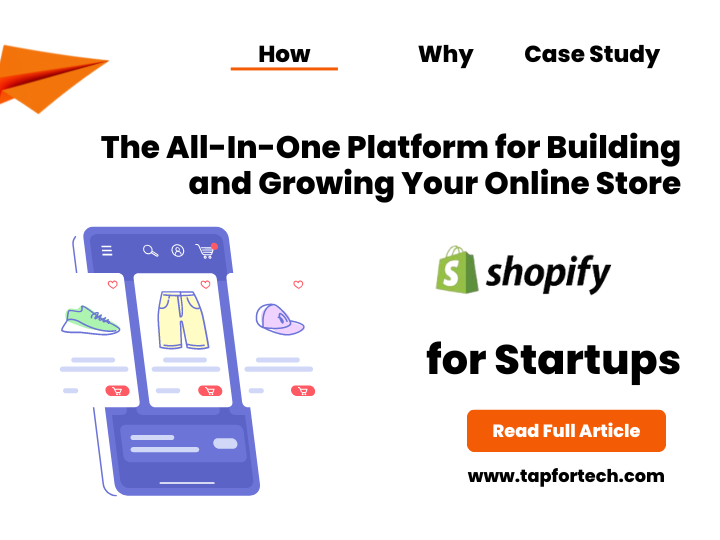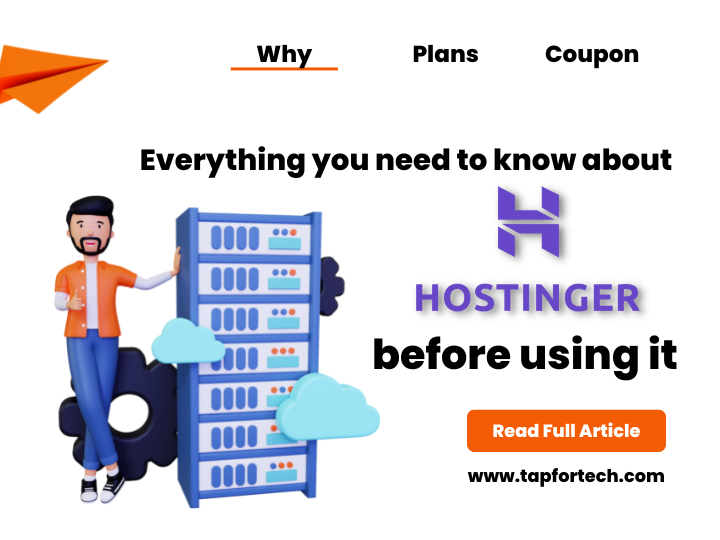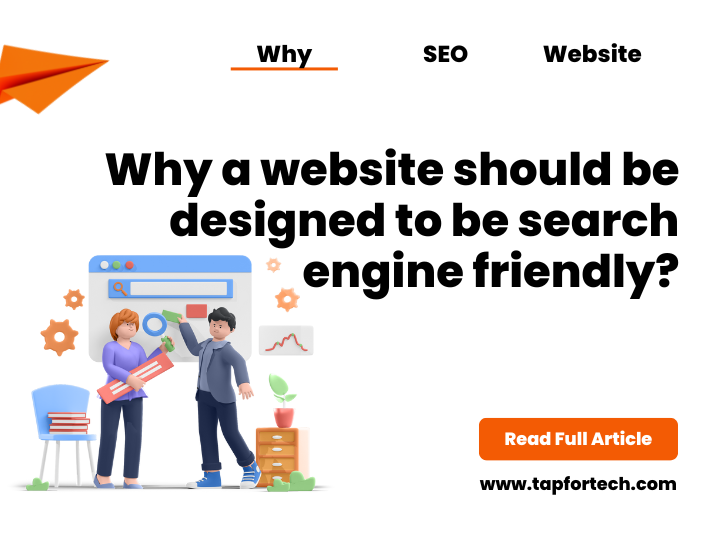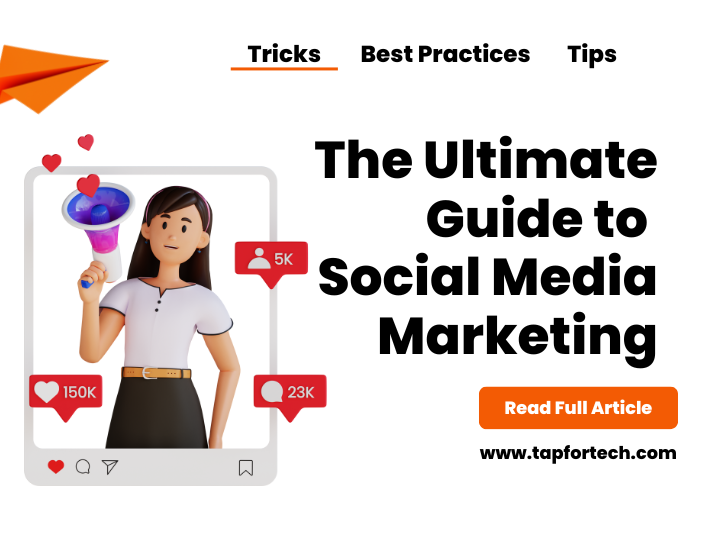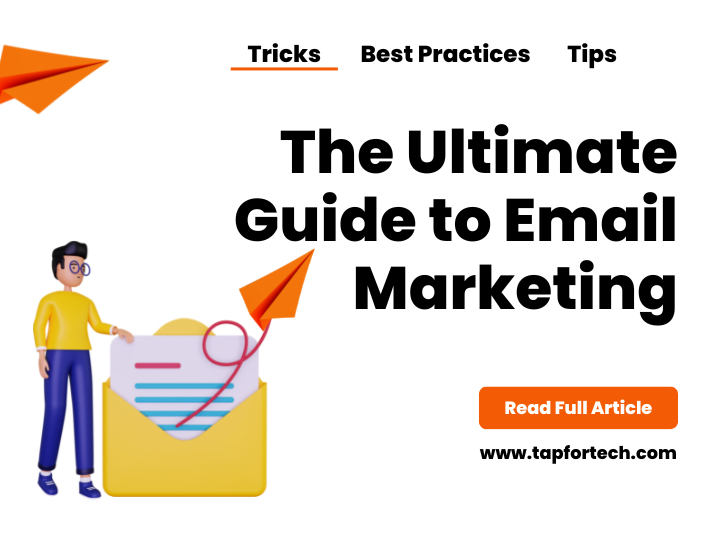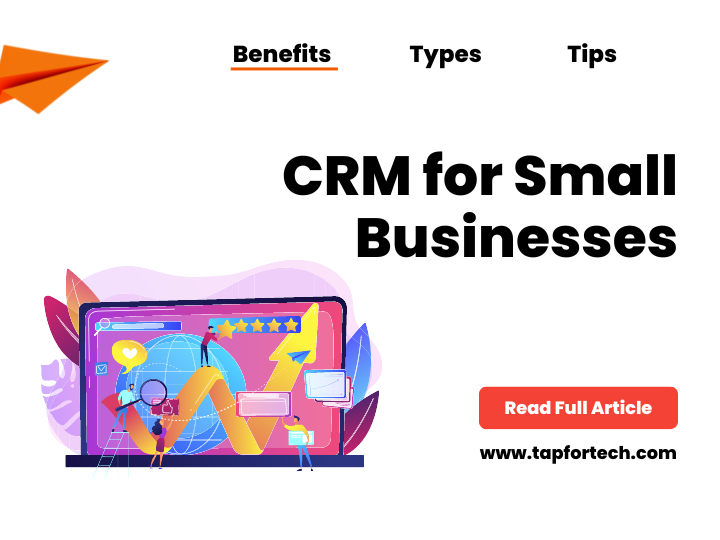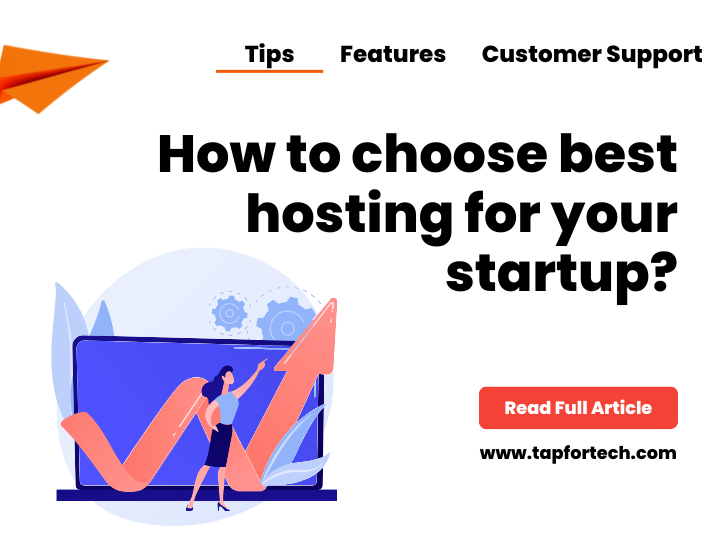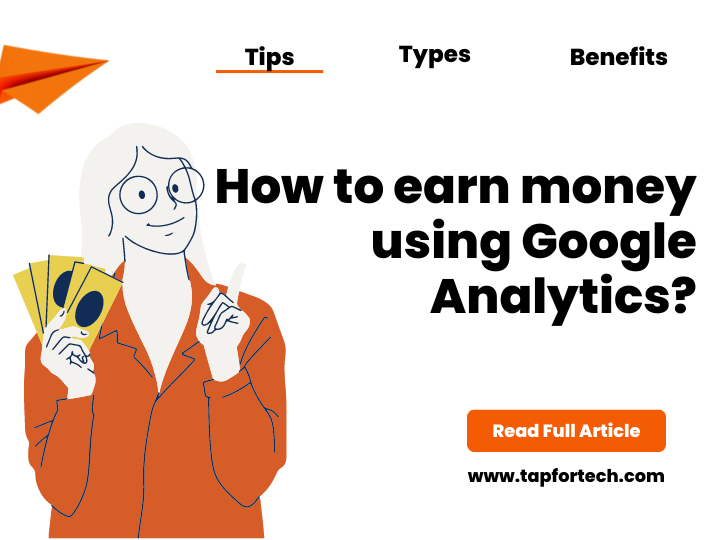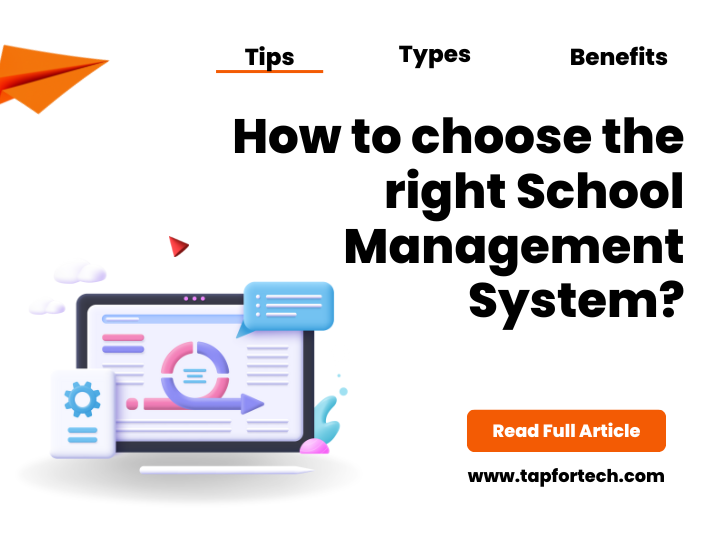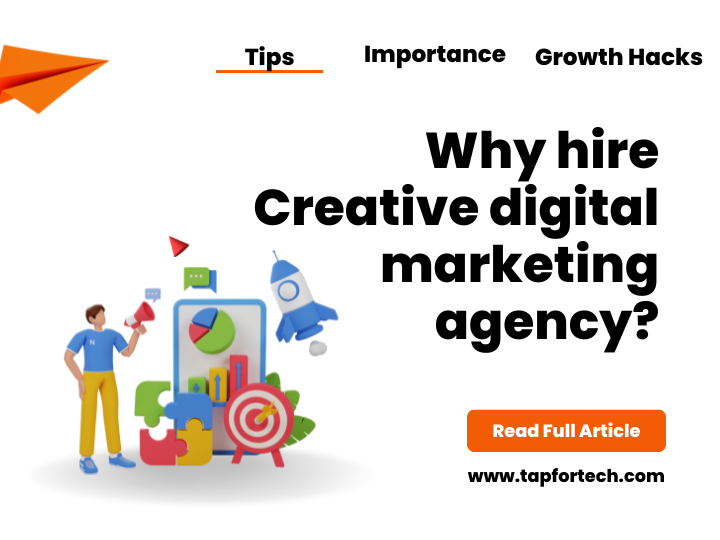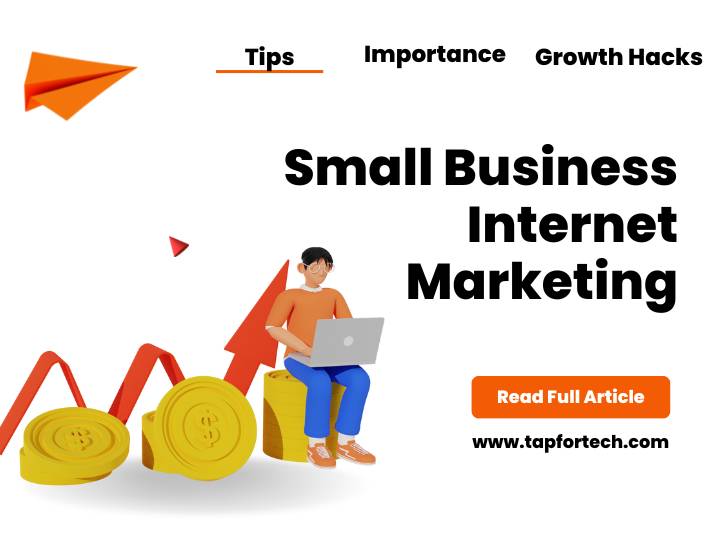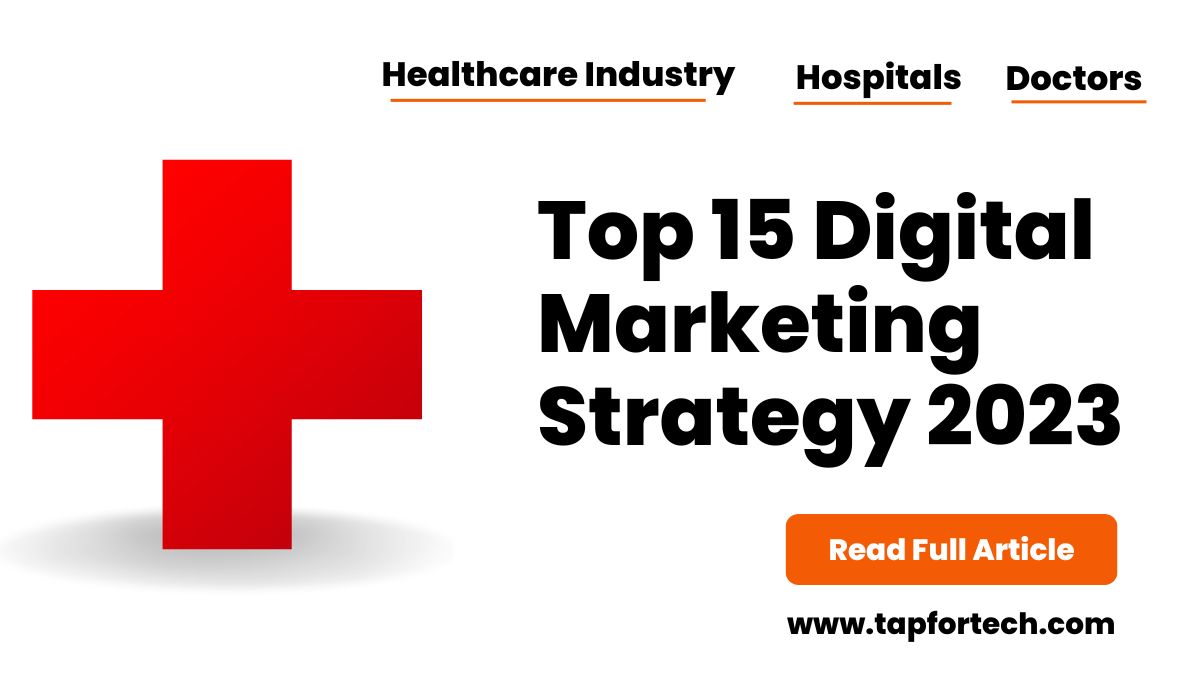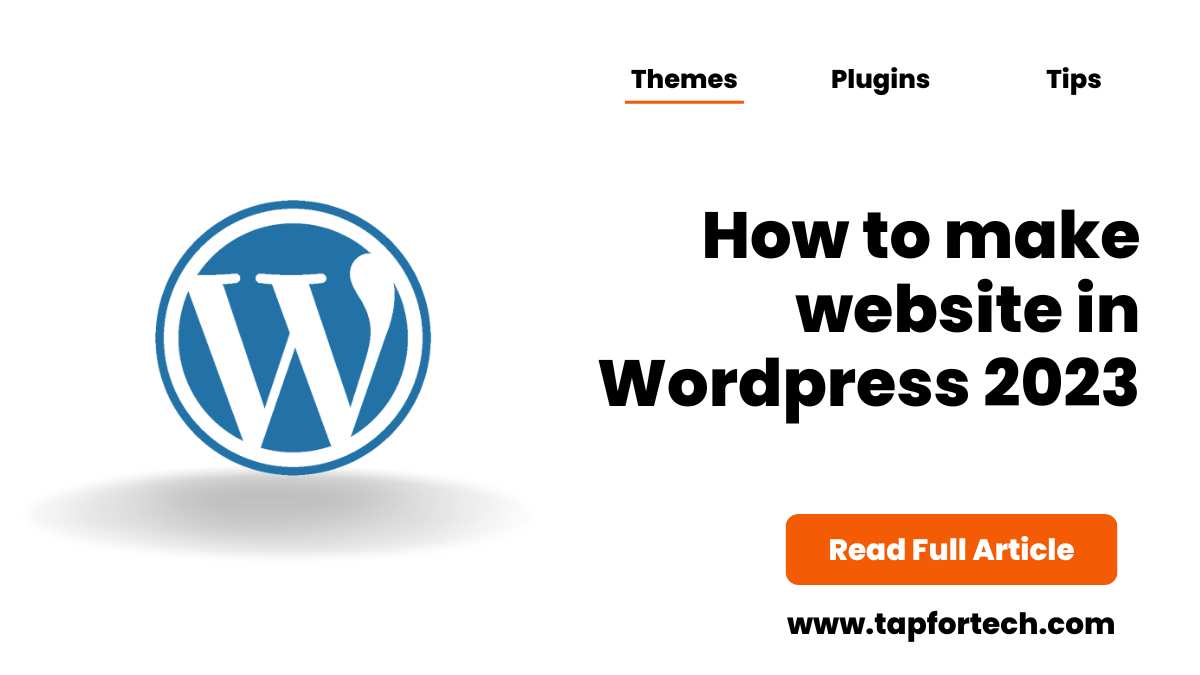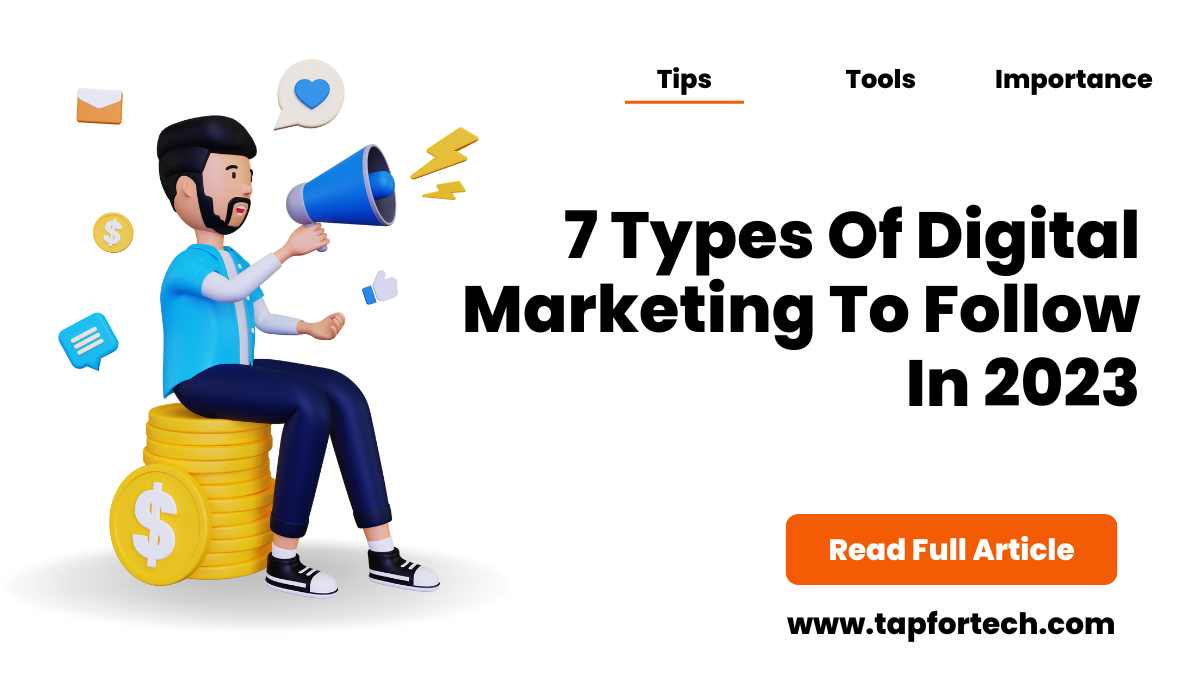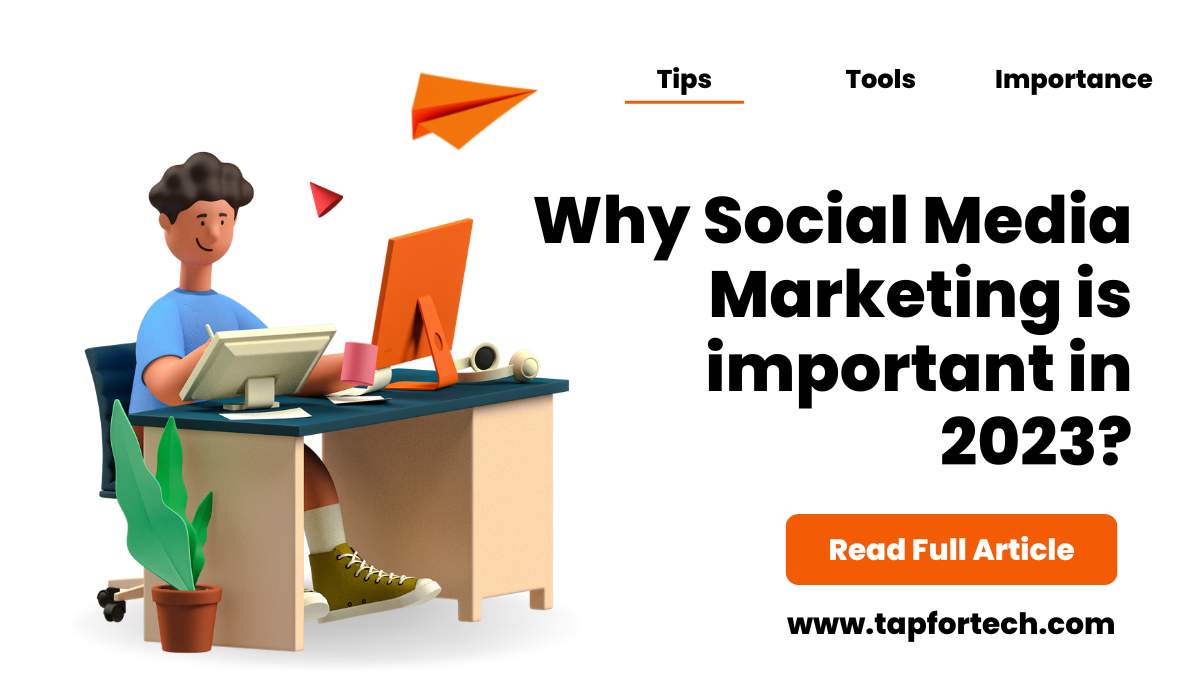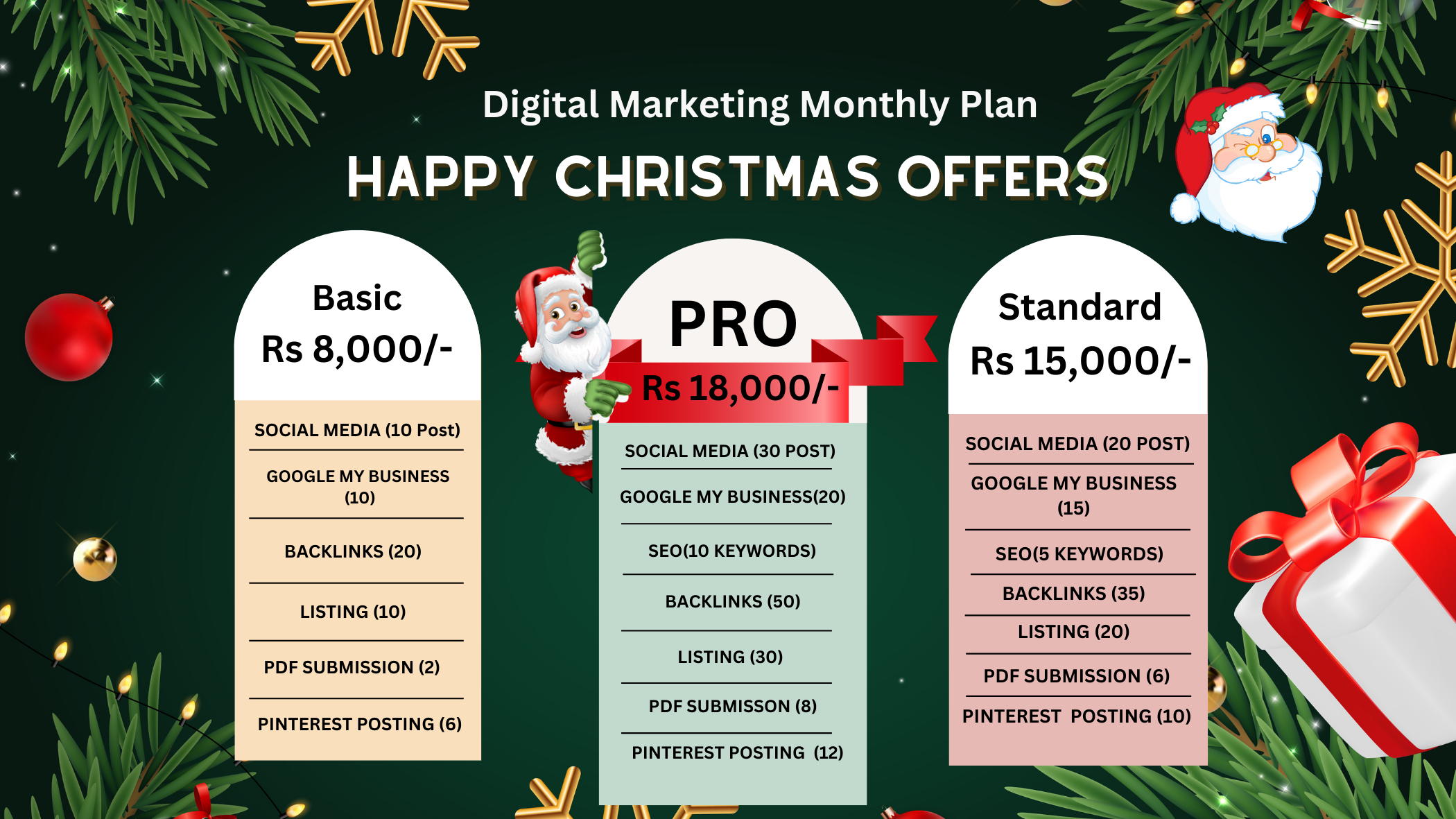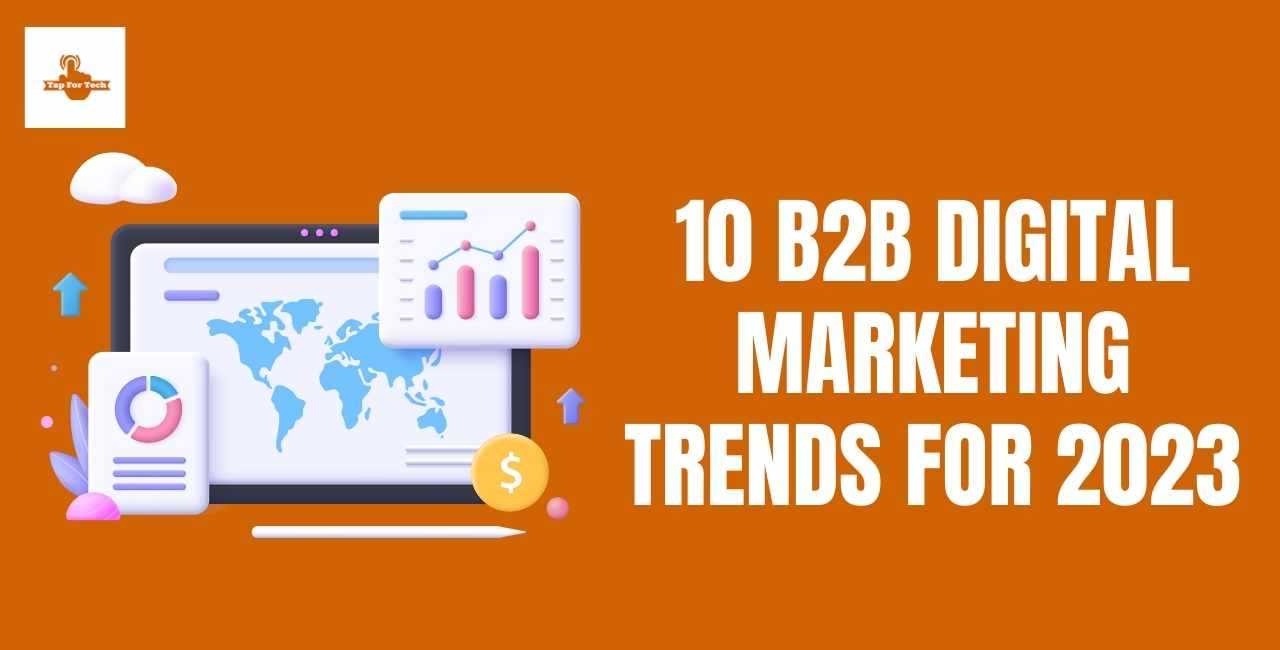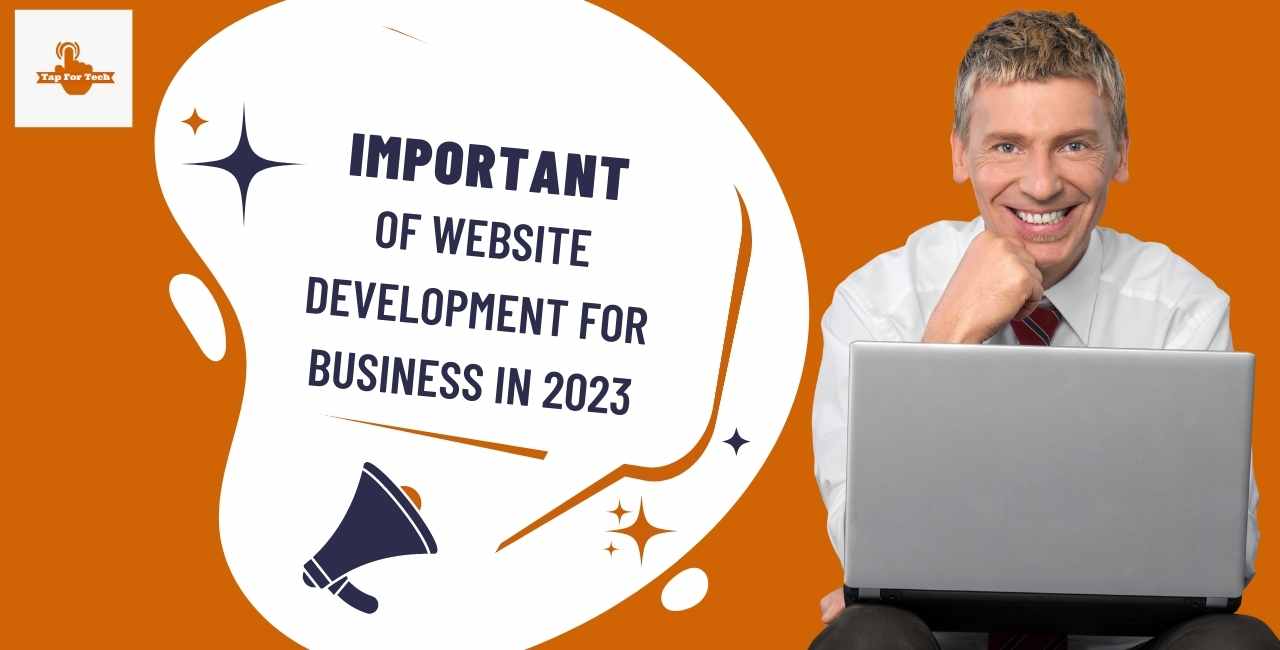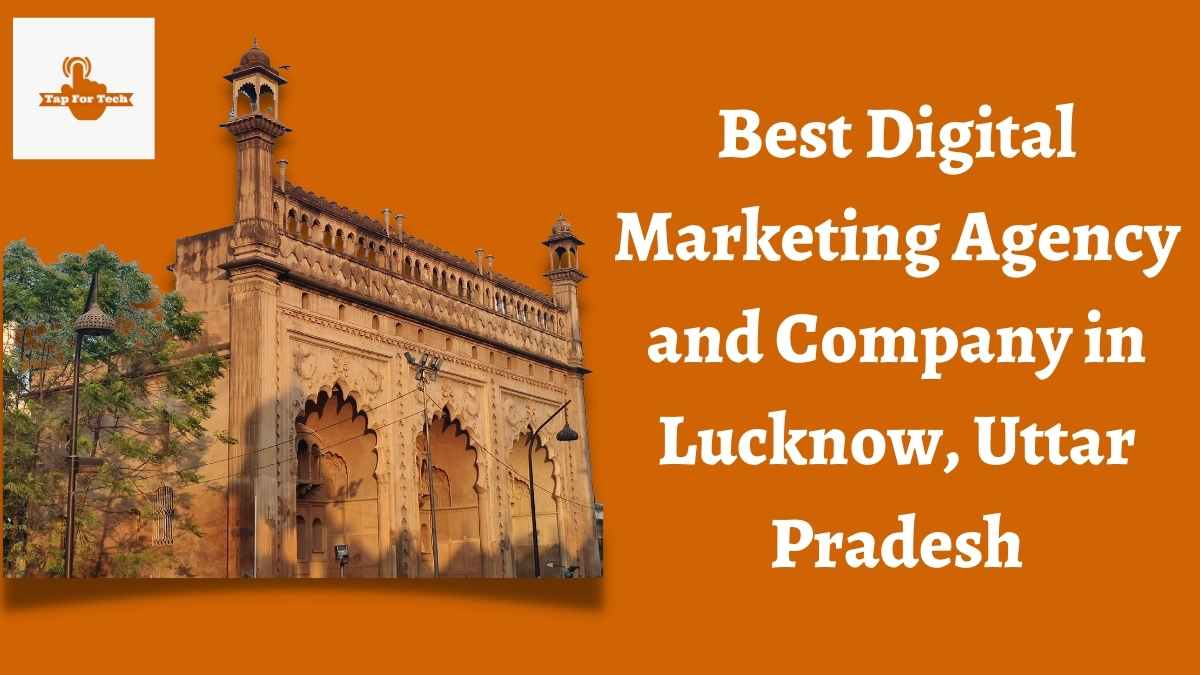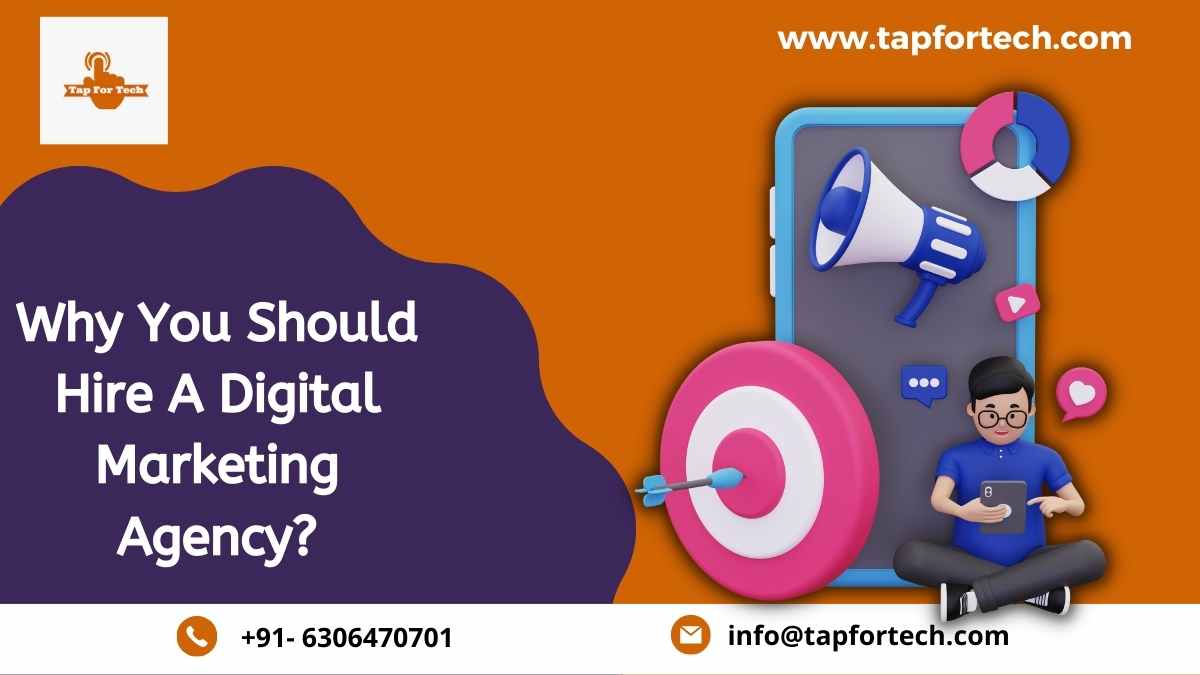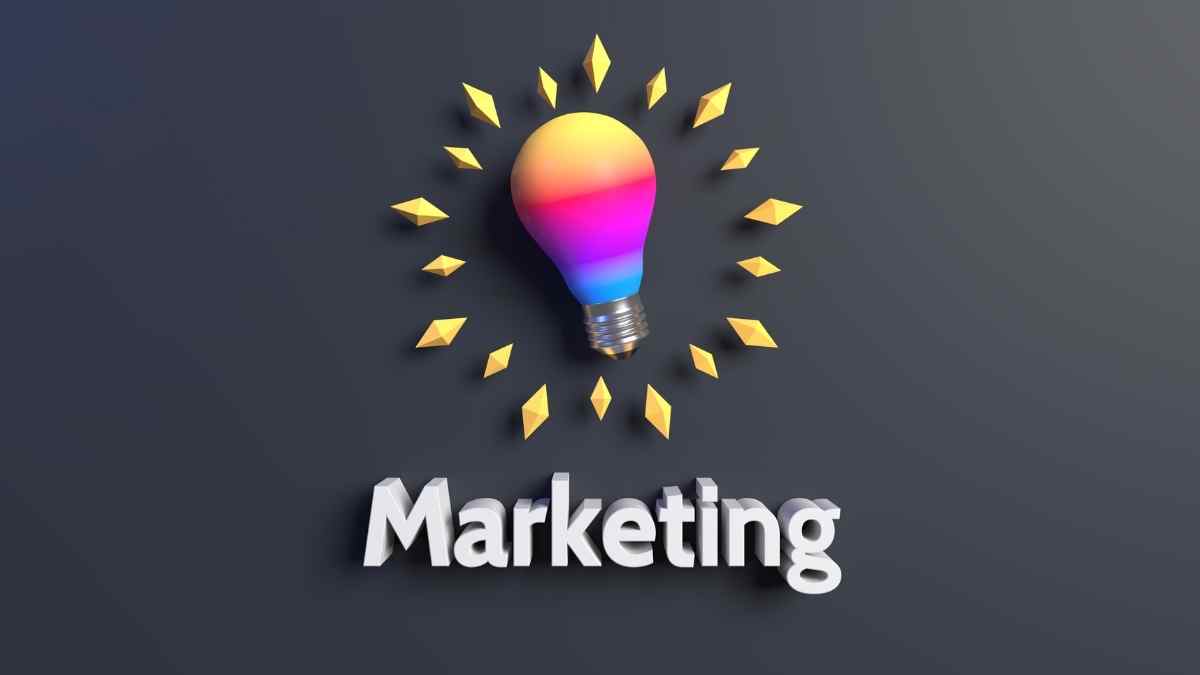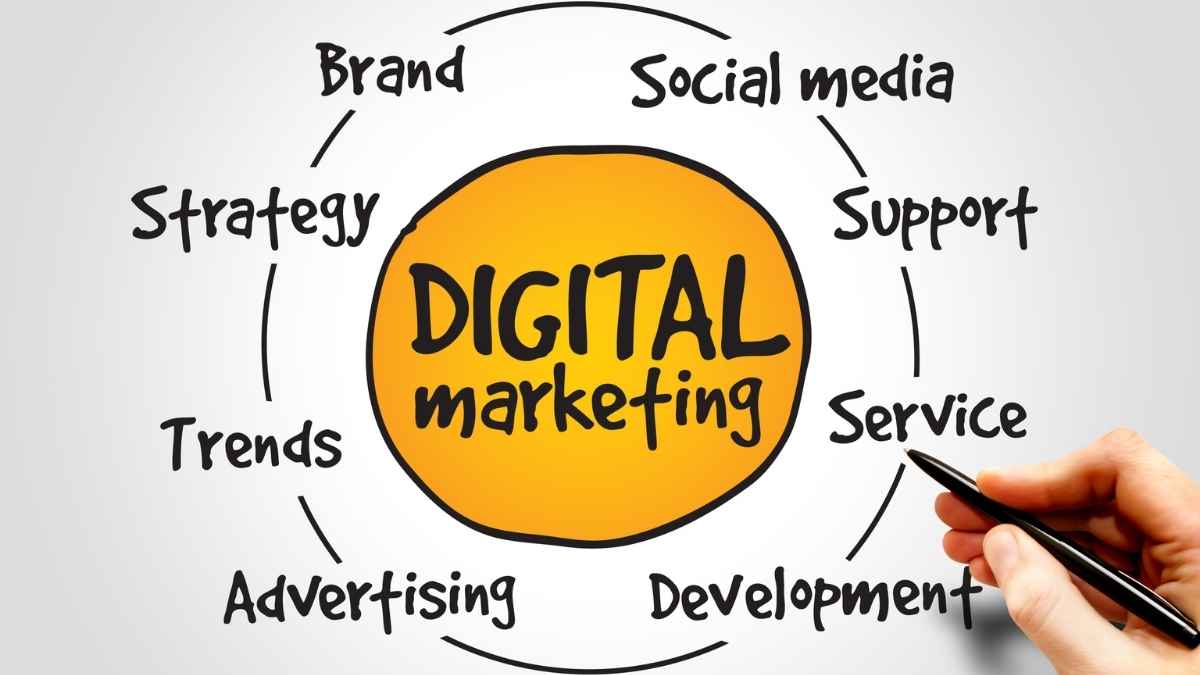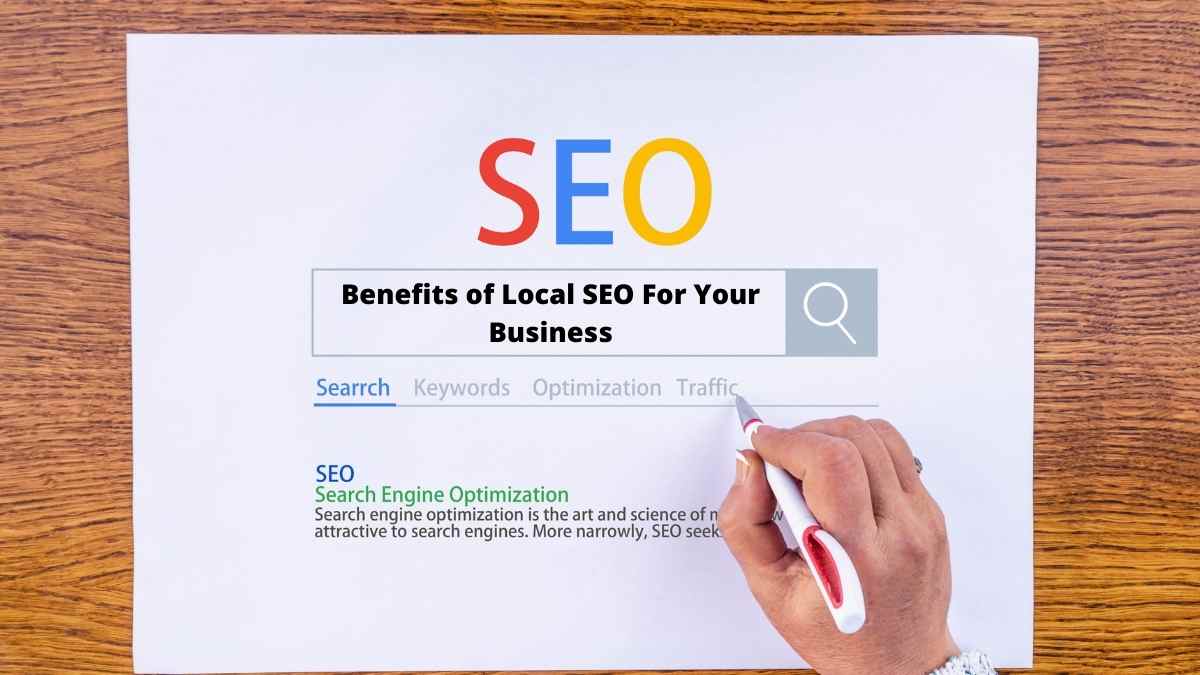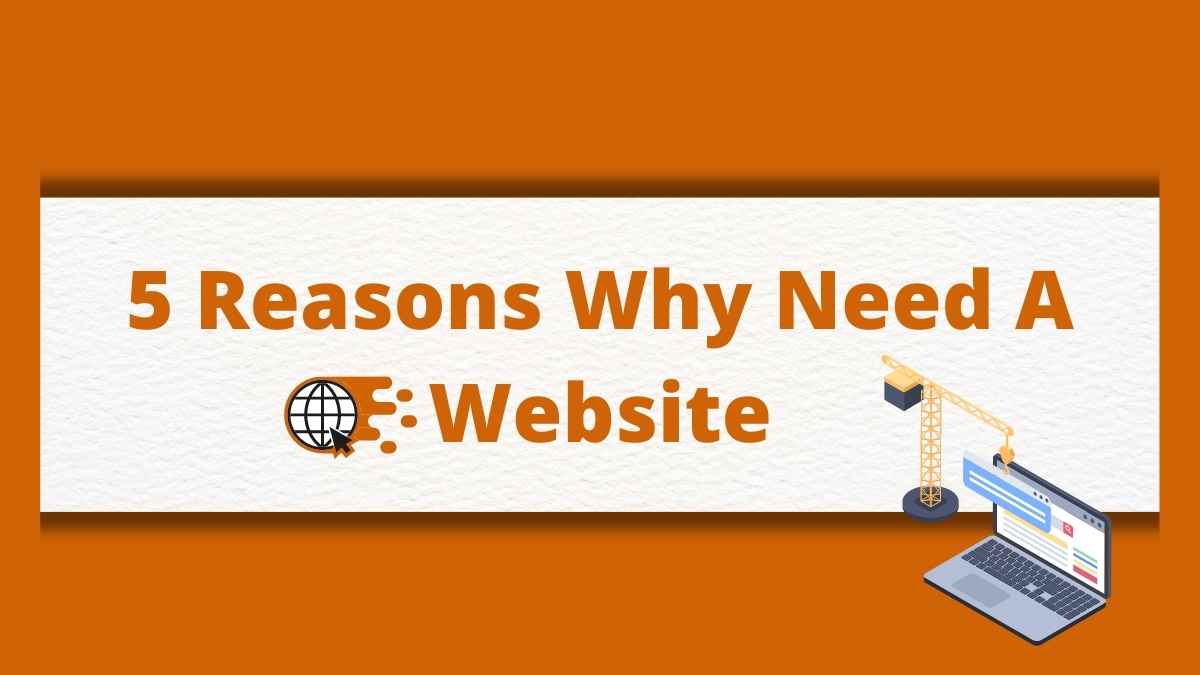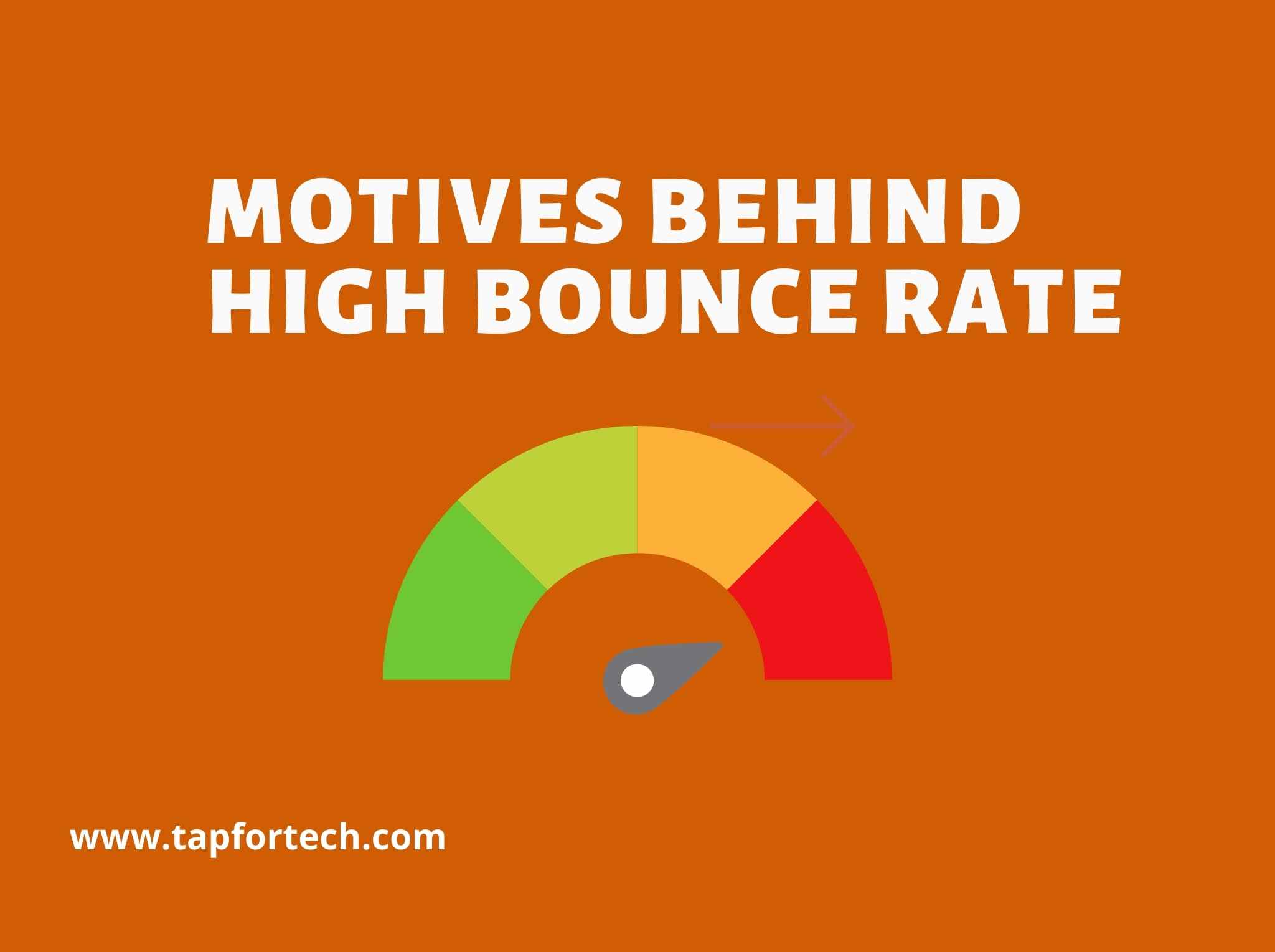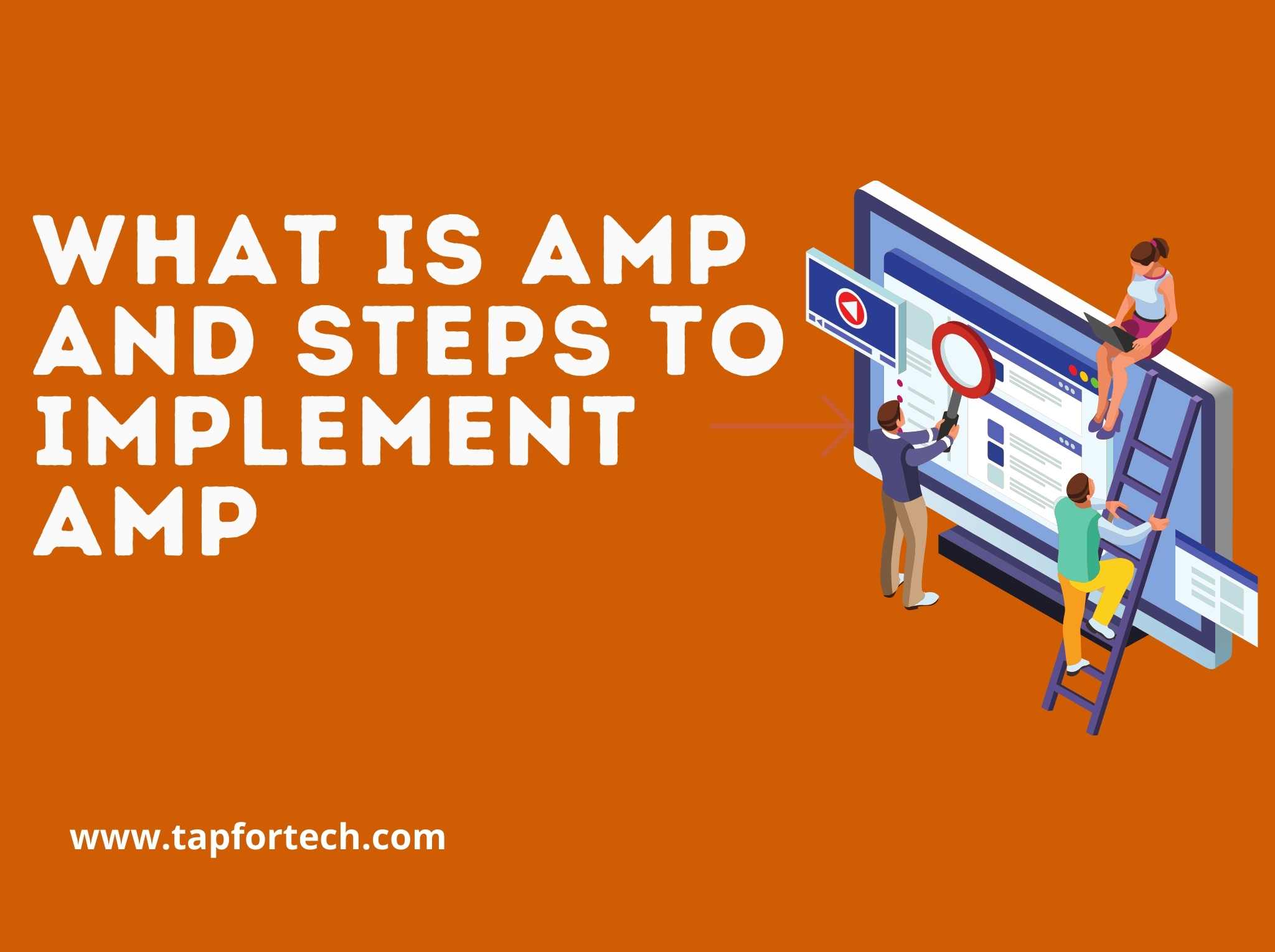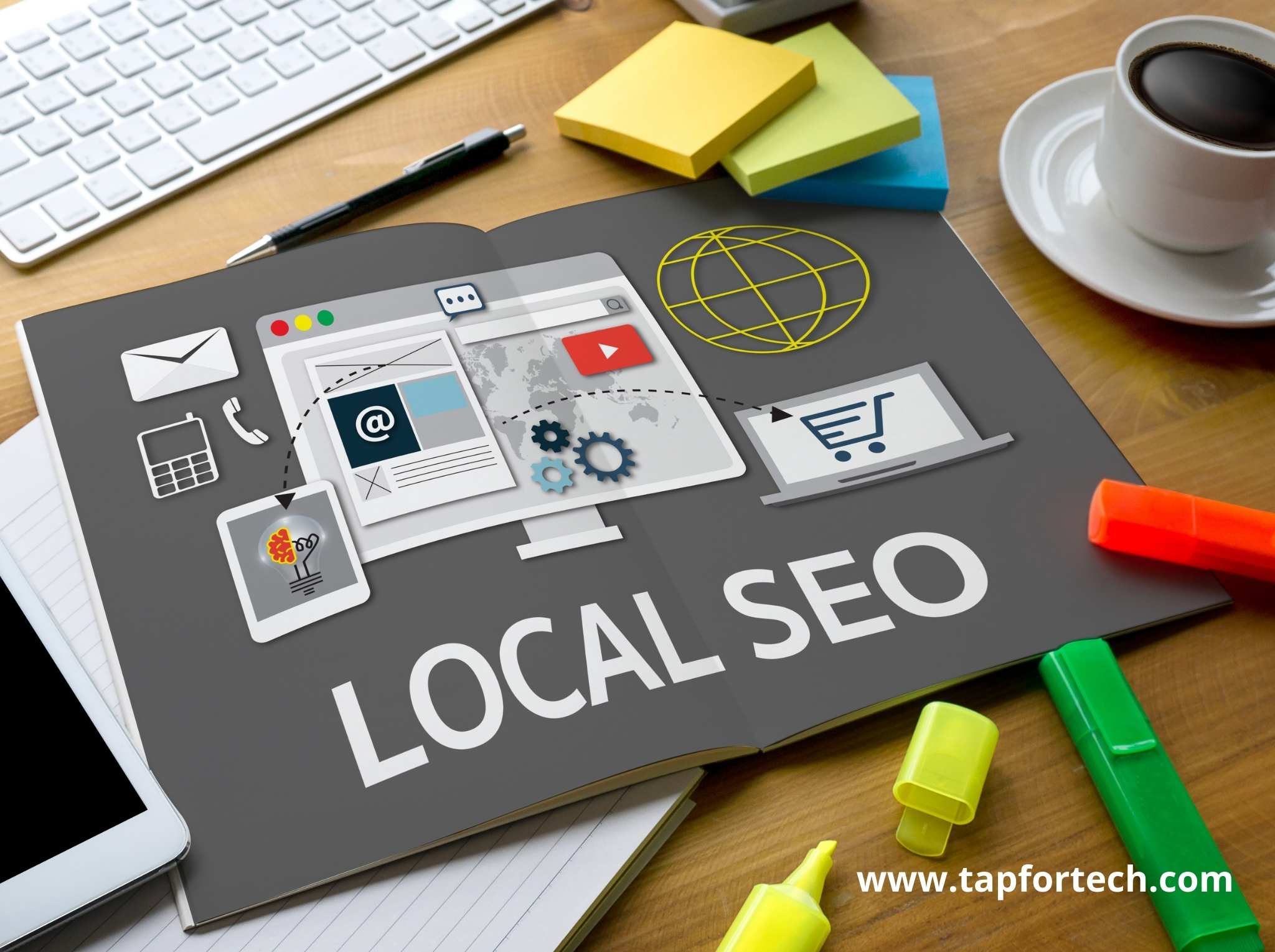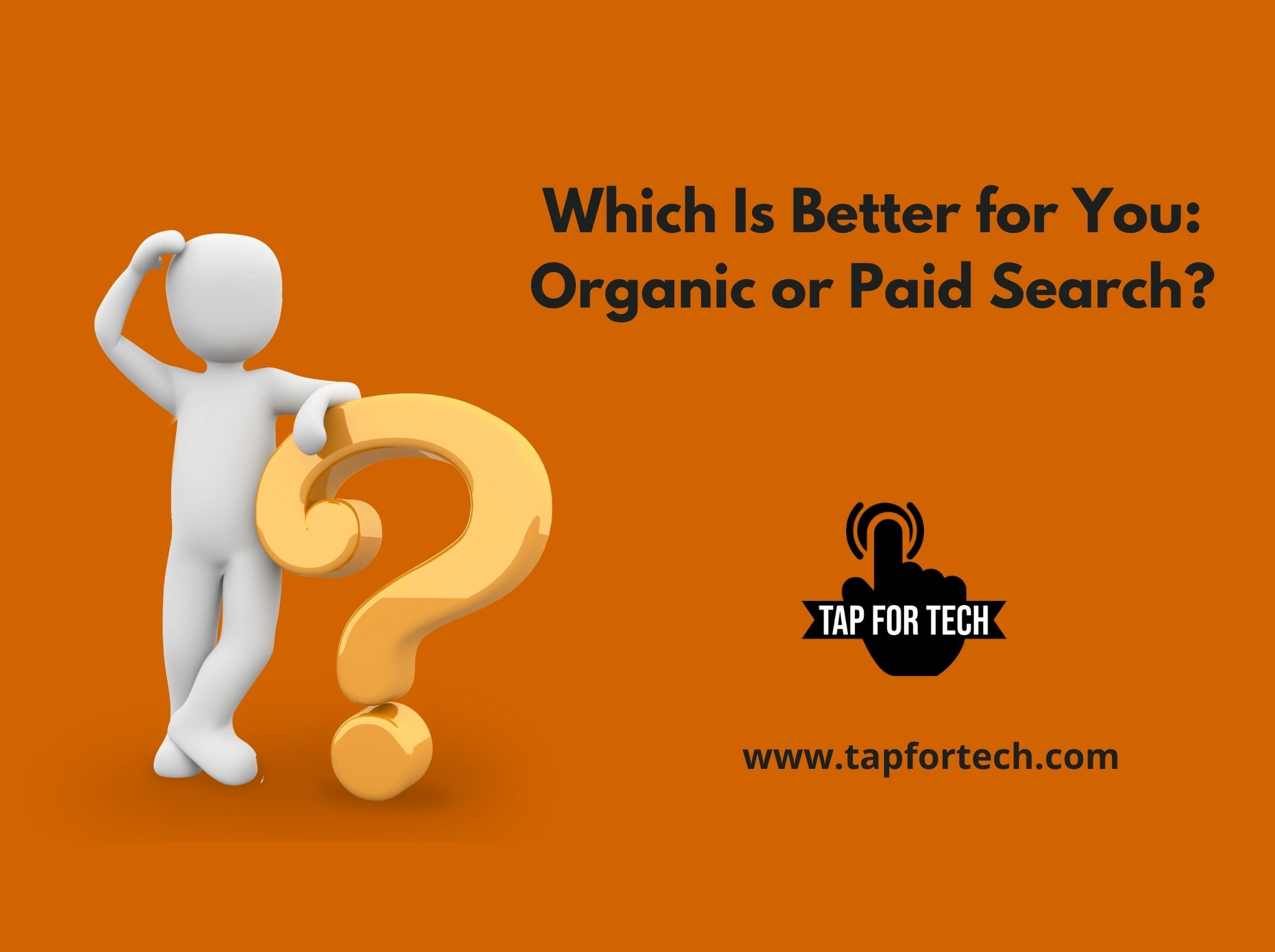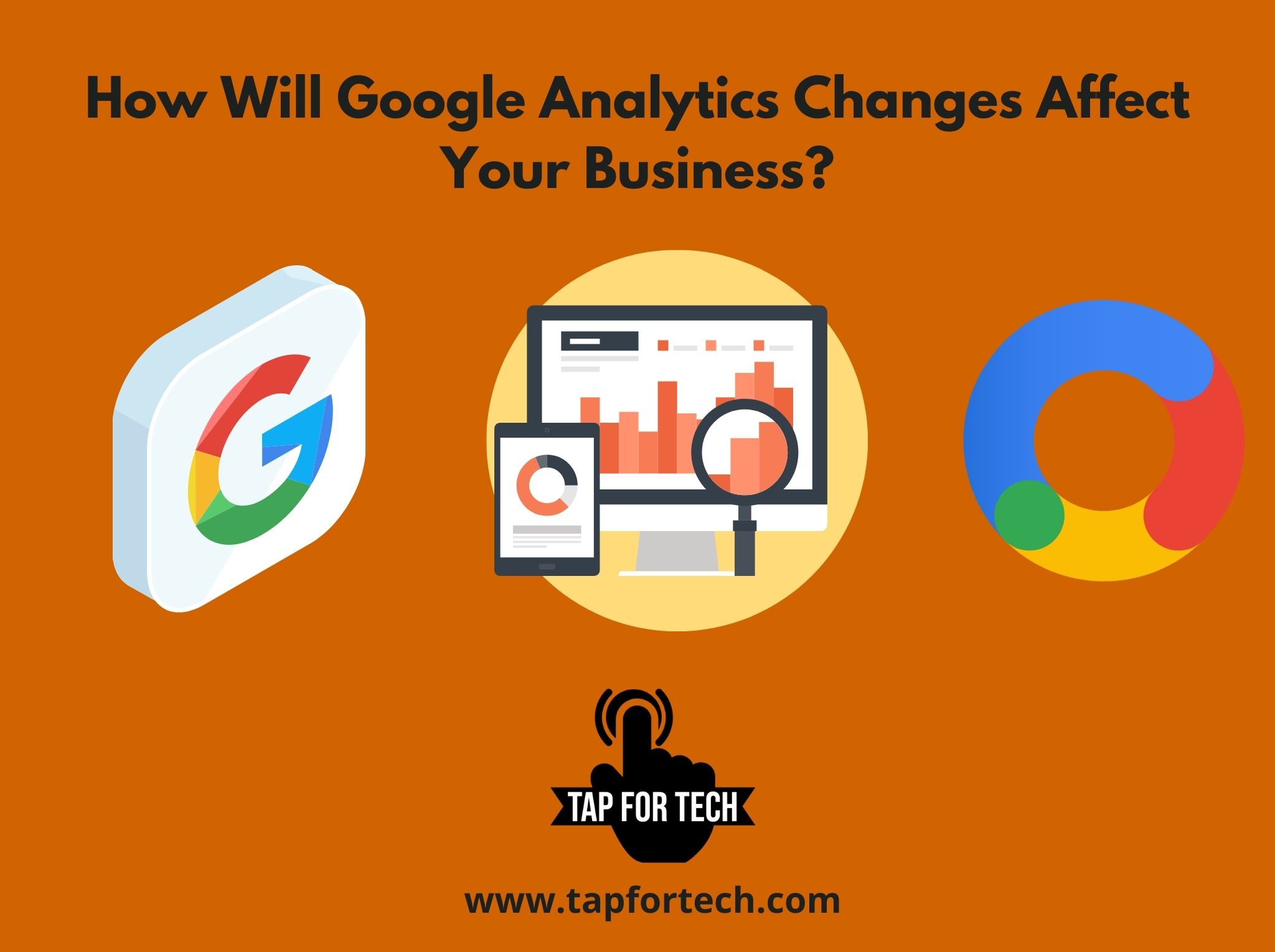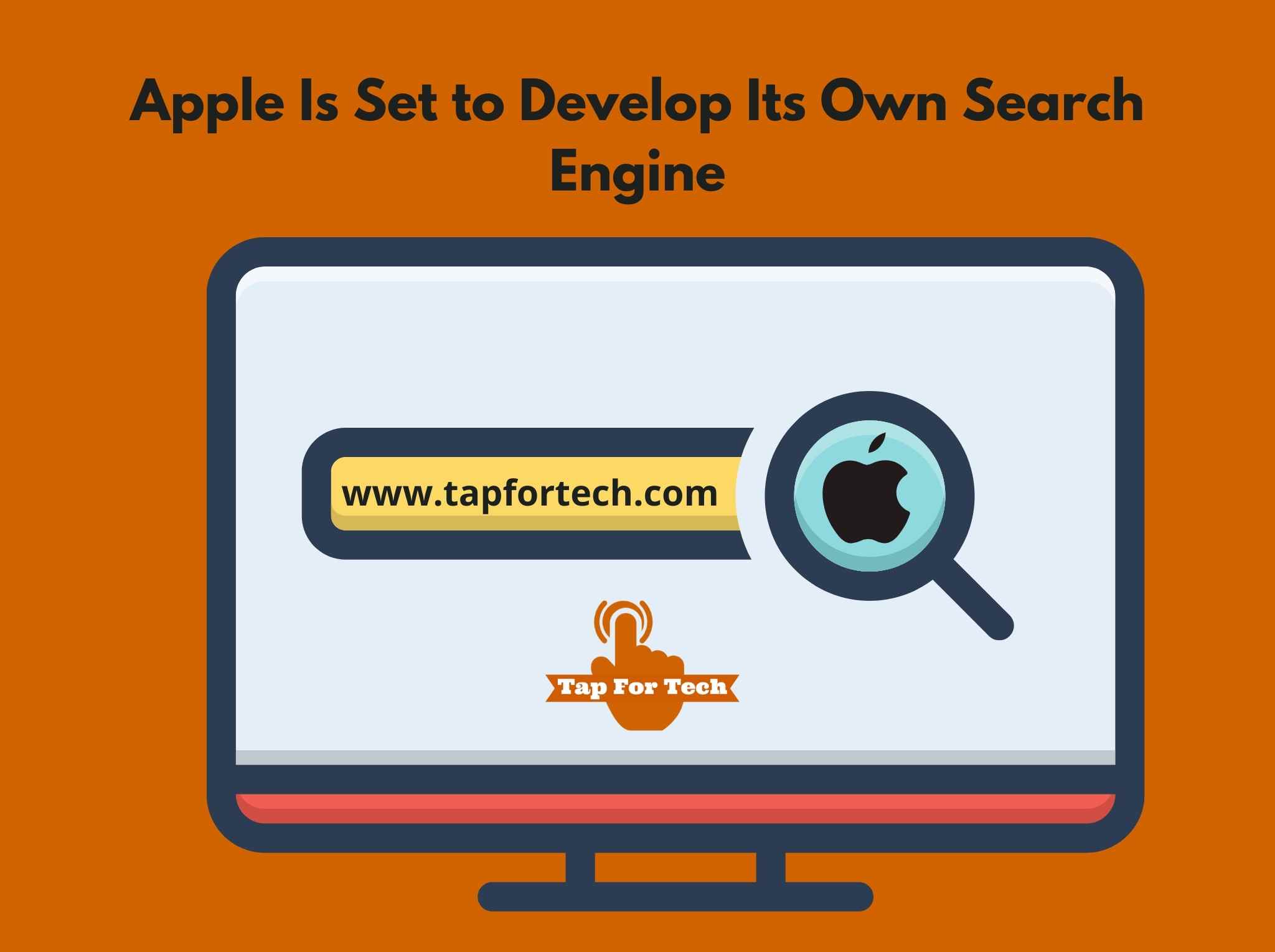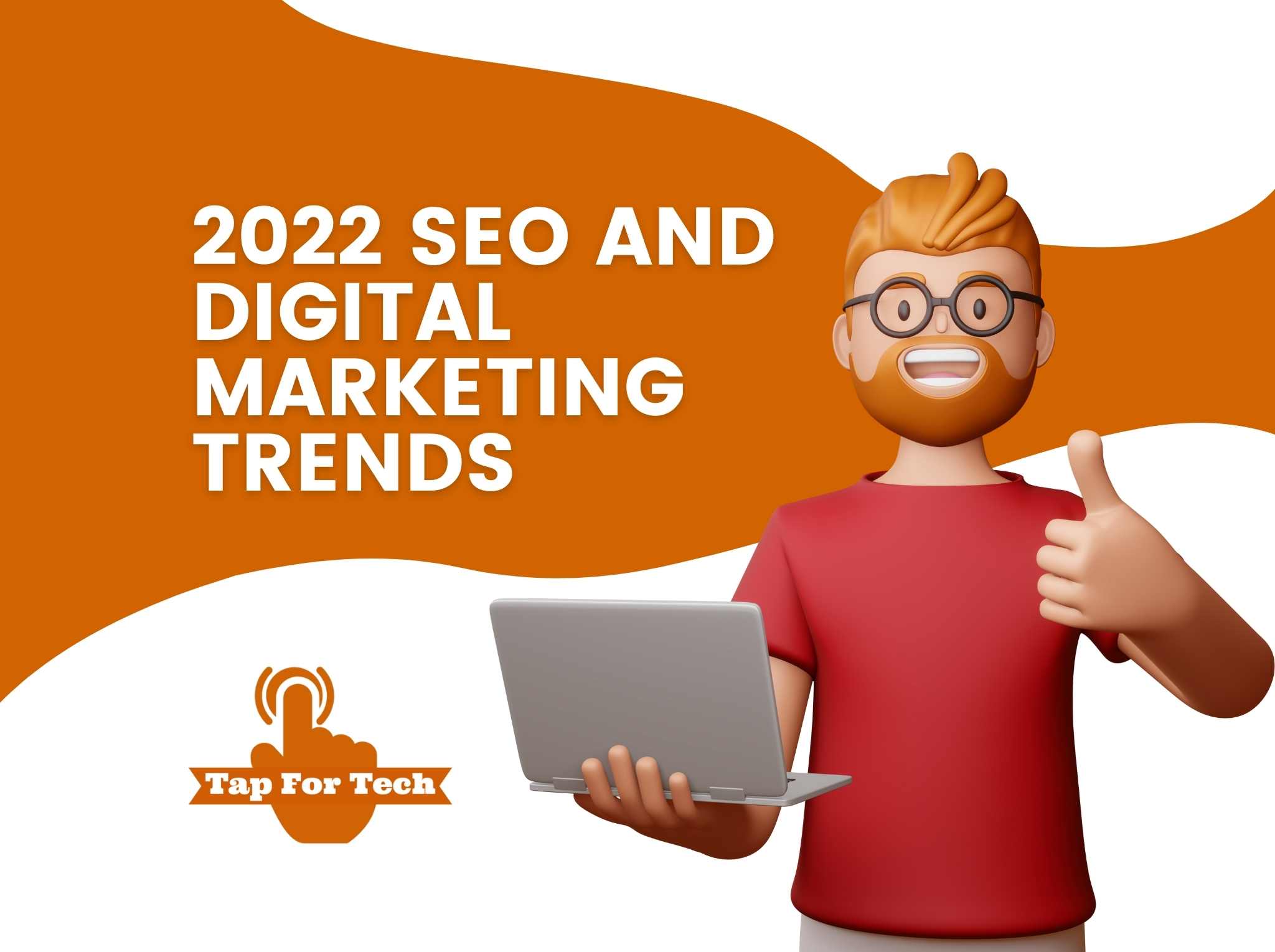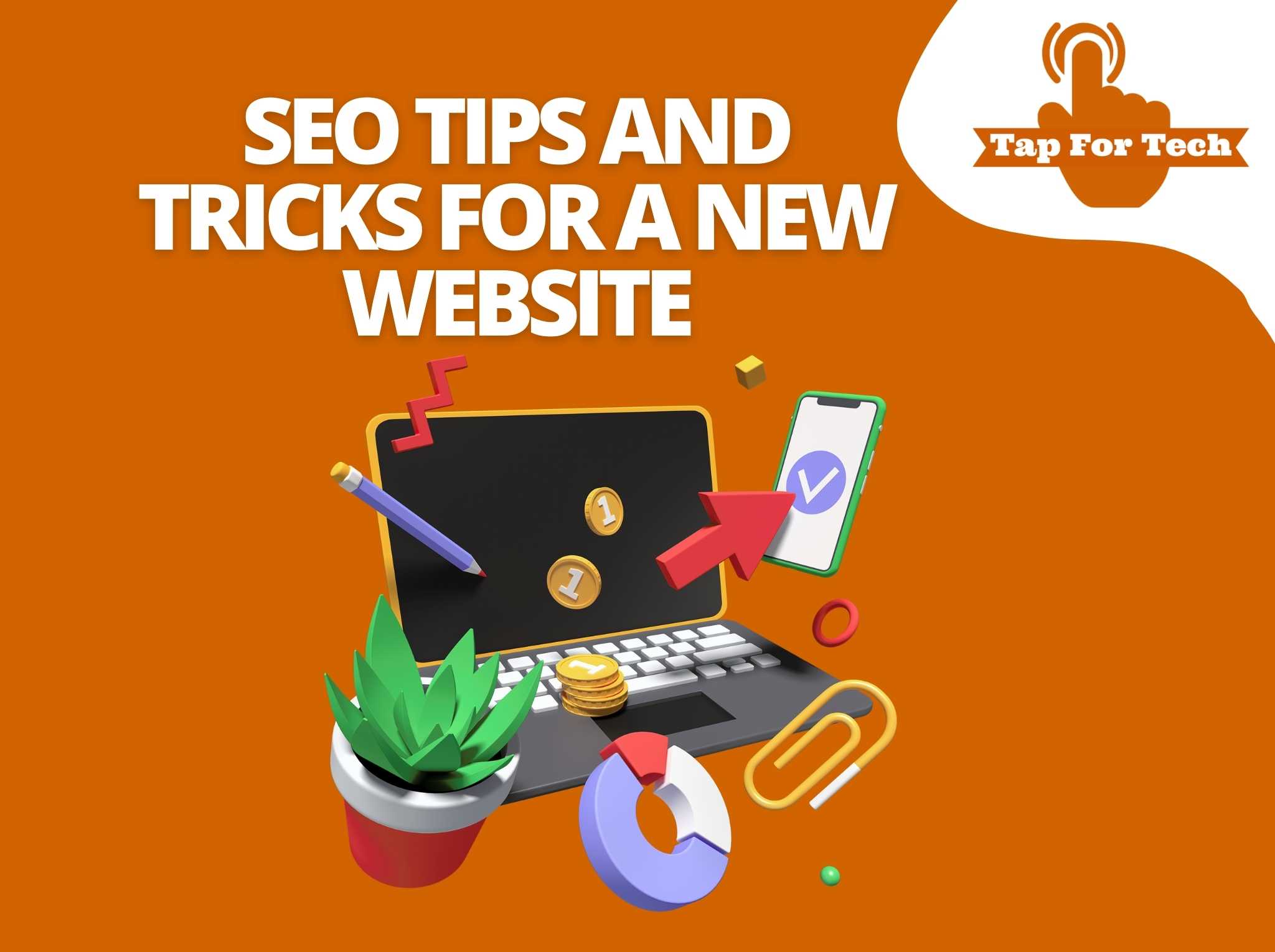In the world of digital technology, there are plenty of tools to make your business run smoother and boost profits. One standout is ERP software, which stands for Enterprise Resource Planning. Essentially, ERP is like a supercharged assistant for your business. It gathers and organizes all your important data and processes, making everything more efficient. This software isn’t just for the tech team; it benefits the whole company, making work easier and more streamlined for everyone.
Keep reading to learn more about ERP’s meaning as we discuss the following topics:
- What is ERP? ERP history
- How do ERP systems work?
- ERP integrations and deployment
- ERP examples (and how to use them)
- Who uses ERPs
- What is the business value of ERP systems?
- What business functions can you optimize with ERPs?
- Do I need an ERP system? 3 reasons why your business could need an ERP system
- How can digital marketing work together with your company’s ERP?
What is ERP? ERP definition explained
ERP software acts like a digital hub for your business by bringing together data from various areas such as sales, marketing, and inventory. It’s like a superhero that helps you handle different tasks more easily by automating some of the routine stuff.
ERP history
Over 100 years ago, a guy named Ford Whitman Harris came up with the economic order quantity (EOQ) model, a paper-based system for scheduling and production. It was the go-to standard for a long time. As technology got better, companies felt the need for an upgrade. In 1964, Black and Decker shook things up by merging their material requirements planning (MRP) with EOQ using a big computer. MRP became the new normal until 1983 when manufacturing resource planning (MRP II) showed up. This was a game-changer as it brought together manufacturing and production stuff like billing, scheduling, and contact info into one software. Fast forward to 1990, after tons of tech advancements, and we got the granddaddy of them all – enterprise resource planning , a comprehensive system helping businesses way beyond just manufacturing.
How do ERP systems work?
Imagine ERP systems as the organizational wizards of the business world. They create a central hub, like a super-smart storage space, where all the important company information hangs out. This magical hub lets different parts of the company easily share and grab data – it’s like a teamwork superhero!
So, whether it’s the finance folks or the logistics team, everyone gets to play with the same set of data toys. It’s not just about sharing; these systems also bring in some cool tricks. They help manage data better and can even automate some of the company’s chores, making everything run smoother. Keep in mind, though, that each ERP system is a bit like a unique superhero with its own special powers and way of doing things.
ERP integrations and deployment
When you’re on the hunt for the right system for your business, a key challenge is ensuring it plays well with the software you already have in place. The following sections break down how ERPs smoothly team up and roll out alongside the other tools in your toolbox.
Integrations
Modern ERP solutions can seamlessly connect with various customer- or business-facing tools. The most popular way these connections are made is through application programming interfaces (APIs). Alternatively, some systems might utilize an enterprise service bus (ESB) or integration platform-as-a-service (iPaaS) for integration purposes.
Our ERP system can integrate with a range of tools and applications. For instance:
- Customer relationship management (CRM)
- E-commerce tools
- Lead tracking and management
- Industry-specific solutions
- Other ERPs
Sure, you can reach out to specific providers to double-check, but nowadays, most tools are designed to play well with others. This feature is all about ensuring that your business runs as seamlessly as can be.
Deployment options
There are three main types of ERP deployment:
Cloud: Cloud-based is the go-to choice for many businesses. In this setup, the software isn’t stored on your computer but rather in the cloud, which means you access it through the internet. The cool part? The provider handles all the nitty-gritty stuff like maintenance, security, and storage, so you can focus on what matters most to your business. Easy, right?
On-premise: With this deployment, the is installed in your data centre, and you control everything. You will handle the maintenance and installation on your own.
Hybrid: This option lets you store some ERP applications in the cloud and others on-premise. You could offload your less-used data to the cloud while keeping the high-demand applications local.
ERP examples (and how to use them)
After finalizing the choice of an ERP system for your company, mastering its utilization becomes crucial. To navigate the initial stages of various popular ERPs, the following examples can serve as a helpful starting point. Familiarizing yourself with these fundamental ERPs is essential for efficient and effective implementation within your business operations.
- SYSPRO
- Sage
- Striven
- Kinetic
- NetSuite
- Brightpearl
- Sage ERP
- SAP ERP
- Infor
- Macola
- Syteline
- ePROMIS
Who uses ERPs?
So, now you know the meaning of ERP and how systems work, but who uses them?
Multiple industries use enterprise resource planning systems, including:
- Energy
- Finance
- Manufacturing
- Retail
- Transportation and logistics
- And more
Departments within businesses that will benefit the most from ERPs include:
- Sales
- Marketing
- Accounting
- Human resources
Keep in mind that every business is different, though. Just because your industry or department isn’t listed doesn’t mean you won’t benefit from an ERP system. Keep reading to learn if your organization might be a good candidate for an ERP.
What is the business value of ERP systems?
ERPs can have a significant impact on your company’s operations, processes, workflows, and strategies.
Here are just a few examples of how ERP systems can help your business thrive:
Gaining valuable insights for your business success involves leveraging real-time data and reports, and uncovering the processes and strategies that yield optimal results. When team members actively share data and information on contracts, clients, and operations, it fosters enhanced collaboration and a more comprehensive understanding of your business landscape.
To drive efficiency and reduce operational costs, integrating automated and streamlined processes is crucial. This not only expedites workflows but also contributes to overall cost savings, allowing resources to be allocated more effectively.
Creating an environment that prioritizes improved user experiences across various business teams and departments is essential. Seamless collaboration and data sharing enhance the overall functionality of the organization, promoting a cohesive and agile working atmosphere.
Elevating your return on investment (ROI) is achievable by implementing data-driven improvements based on insights gathered. By utilizing this information to refine strategies and processes, your company can experience significant enhancements, ultimately leading to better results and a more prosperous future.
What business functions can you optimize with ERPs?
Curious about which business functions and processes you can improve by using software? Here are a few processes you can optimize with ERPs:
- E-commerce
- Finance
- Human resources
- Marketing
Commerce
An ERP system works like a magic wand, making your customers feel like VIPs whether they’re browsing in your store or clicking away online. Picture this: a shopping experience tailored just for them, with a sprinkle of personalization and a dash of seamless transitions between in-store and online worlds. The result? Happy customers and a cash register that just won’t stop ringing. It’s like having your retail fairy godmother, ensuring everyone gets what they want when they want it. Cheers to more sales, more revenue, and a shopping experience that’s as smooth as butter!
Finance
An ERP platform isn’t just about managing your business; it also offers user-friendly dashboards and reports that give you a clear overview of your finances. Imagine having a handy tool that not only simplifies complex tasks but also saves you time by automatically updating your dashboard with figures and purchases. It’s like having a personal assistant for your business finances, making your life a whole lot easier!
Human resources
An ERP system isn’t just for big companies; it can also do wonders for your HR team! Imagine having all your employee info neatly organized and tasks like payroll is taken care of automatically. It’s not just about paperwork – with an, you can attract and keep top talent, all while keeping a close eye on how everyone’s doing. It’s like having a superhero sidekick for your HR department!
Marketing
Looking to supercharge your marketing game? Well, guess what? have got your back on that too! Picture this: you can keep a keen eye on how your marketing moves are doing and figure out which ones are bringing in the most leads and conversions for your business. Plus, with ERP software, you get the inside scoop on how people stumble upon your website for the first time. That means you can cook up some awesome strategies to ramp up that website traffic. It’s like having your marketing superhero!
Do I need an ERP system? 3 reasons why your business could need an ERP system
You know the ERP definition, but do you know if you need an system? These questions can help:
- Is our data frequently inaccurate?
- Is our tech stack integrated?
- Is our organization overly dependent on spreadsheets and email communications?
Take a close look at your tech setup and evaluate how much time, money, and effort your business invests in maintaining its current technology. If you find that a significant chunk is dedicated to keeping things afloat, it might be a signal that it’s time to consider a more robust solution.
While tools like CRM software are commonly used—and they can certainly be valuable—an enterprise of your scale could potentially reap greater benefits from an ERP (Enterprise Resource Planning) system. The decision to incorporate a marketing platform is entirely yours to make. ERPs are particularly useful for larger companies dealing with multiple departments and locations, streamlining operations and enhancing overall efficiency.
Here are three reasons you might need an ERP for your company:
- To connect remote locations
- To centralize your data across departments
- To automate business processes
1. To connect remote locations
If you’ve got multiple stores or offices scattered around, using ERP software is like having a superhero for your business coordination. Imagine you own two stores in different corners of the city, and both are doing great in sales. Now, instead of playing detective and separately checking how each store is doing, you can be the business maestro by using. It’s like having a magic wand that brings all the sales data from both stores together. So, no more hopping from one store to another – just a quick peek into your company’s ERP, and you’ll see how the two stores are doing side by side, giving you the big picture of your company’s overall revenue. Easy peasy!
2. To centralize your data across departments
Using marketing ERP software goes beyond just streamlining data across multiple store locations; it’s a valuable tool even if your business operates from a single site. Imagine the scenario: a sale is made by your sales team, impacting both product inventory and generating valuable marketing data. However, if your departments operate in silos, this critical information becomes challenging to disseminate.
Enter , the game-changer. With this software, your sales reps, marketers, and other teams gain seamless access to pertinent data. When a sale is recorded in the platform, it isn’t confined to the sales team alone — other relevant departments can tap into this information as well. It’s like creating a unified hub where everyone in your company can harness the power of shared insights.
3. To automate business processes
ERPs offer a valuable advantage by streamlining and automating various business processes. In the absence of an ERP system, numerous tasks demand manual attention, such as updating website information and transferring data between different departments. However, implementing an enables the automation of numerous routine tasks throughout your company. This encompasses a range of activities, from simplifying data transfers to automating updates, contributing to increased efficiency and time savings. The automation feature of ERPs ultimately allows your team to focus on more strategic and value-added aspects of your business, fostering productivity and enhancing overall operations.
- Budget reconciliation
- Payroll and employment records
- Order processing
- And more!
By automating routine tasks, your team can focus on the exciting stuff that really matters. Picture this: no more tedious, repetitive work bogging you down. Instead, your talented employees get to tackle the interesting and challenging aspects of their jobs. This not only streamlines operations but also opens up opportunities for creativity and innovation. As a result, your business becomes a well-oiled machine, smoothly running through complex tasks and, ultimately, boosting revenue. It’s a win-win for efficiency and growth!
How can digital marketing work together with your company’s ERP?
Your ERP system holds great potential for your company, but its effectiveness depends on the amount of data and sales it has to work with. If your business isn’t generating many sales or gathering sufficient data, the ERP platform may not be as beneficial.
On the flip side, a robust digital marketing strategy can greatly enhance your performance by efficiently managing leads and sales. It creates a symbiotic relationship where each component strengthens the other.
In essence, your ERP system thrives when paired with a well-executed digital marketing campaign. Let’s explore how marketing and can mutually elevate their performance.
- Improved user experience
- More traffic to your website
- Lead and conversion generation
1. Improved user experience
One great way to make your online presence stand out is by combining the power of digital marketing and ERPs. Imagine having a website that not only looks good but also functions seamlessly, providing an excellent user experience. ERPs, with their automation prowess, are like your behind-the-scenes assistants, allowing you to focus more on your customers.
Picture this: Your marketing efforts not only enhance your website’s design but also play a role in streamlining user interactions. Now, with a marketing in play, you’re not just creating a visually appealing site; you’re gaining insights into user behaviour. It’s like having a magic wand that reveals where users might be hitting roadblocks or where their interests lie.
Armed with this valuable information, your marketing strategies can then swoop in to make those necessary improvements. It’s a dynamic duo – your ERP automates tasks for a smoother customer experience, while marketing takes the reins to refine and elevate the aspects that matter most to your users.
2. More traffic to your website
Your (Enterprise Resource Planning) system mainly focuses on organizing business information. The data it processes is largely sourced from your website. Your website serves as a hub for collecting valuable information about various aspects of your business.
- Where users discover your website
- How long users stay on your site
- Which pages users are the most interested in
- Which products or services are driving the most revenue
- And more!
With so much data coming from your site, it’s critical to maximize your web traffic. After all, the only way to obtain that data is for people to visit your site.
That’s yet another area where marketing and your can work together. With a top-tier marketing campaign, you can draw users to your website and engage them there. That way, you’ll have plenty of information to analyze in your ERP.
You can then use that information to turn around and further improve your marketing based on what is and isn’t working. In that way, marketing and ERPs can continually boost each other and drive your site traffic up significantly.
3. Lead and conversion generation
“Making your business thrive involves more than just managing sales and inventory with your ERP. The real game-changer is a powerful marketing strategy that not only attracts people but also converts them into customers. Think about it – your ERP might handle the nitty-gritty details, but it’s the marketing magic that gets people excited about signing up for emails, trying out demos, and eventually making purchases.
And here’s the cool part: your ERP isn’t just a backstage player. It can boost the quality of your marketing efforts. By tapping into the analytics it provides, you can fine-tune your marketing approach. Those insights your help you figure out what’s working and how you can tweak your strategy to bring in even more leads. So, it’s not just about having an ERP; it’s about pairing it with killer marketing to truly unleash its potential.”
Get the most from your ERP software with Tap For Tech
Now, it’s time to boost your business revenue and enhance your marketing strategies. Digital marketing holds the key to unlocking more profits for your business. Regardless of whether you’re using an enterprise resource planning platform or not, dedicating time and effort to digital marketing is crucial – and that’s where Tap For Tech comes in! For over 25 years, we’ve been delivering outstanding marketing results for our clients, and we’re excited to do the same for you. With our digital marketing services, we’ll help you achieve all the marketing benefits mentioned earlier and more.
To kick off this journey with us, simply give us a call or reach out online today!
Must read: SEO Checker: Get Your Free SEO Report Now!
